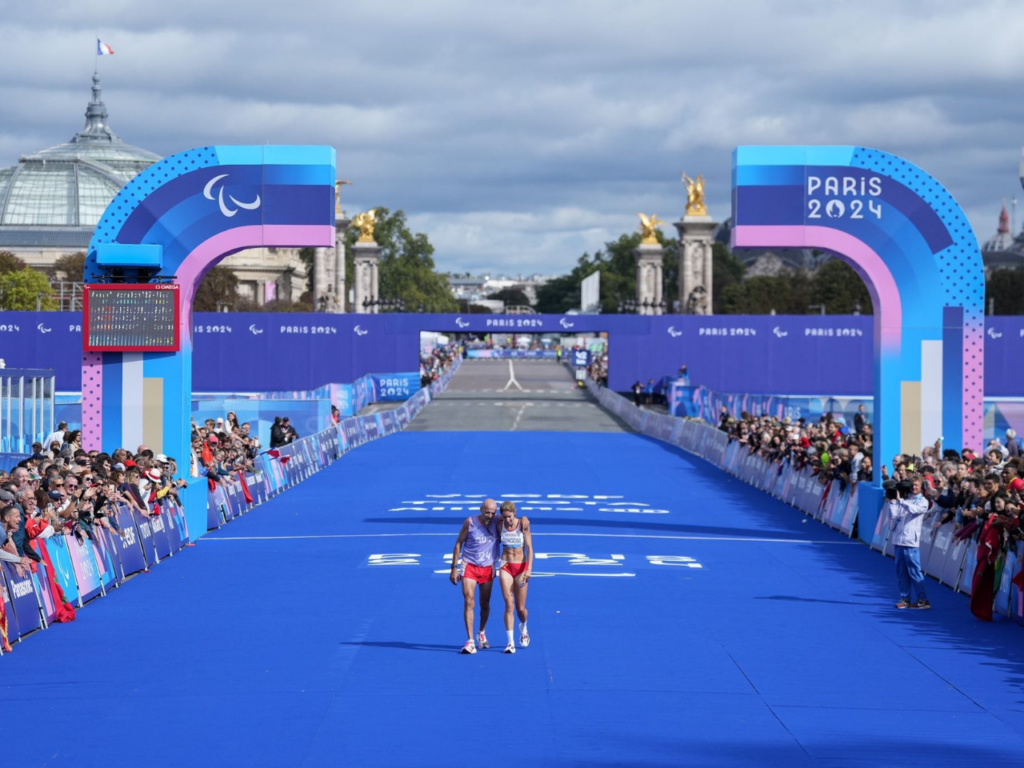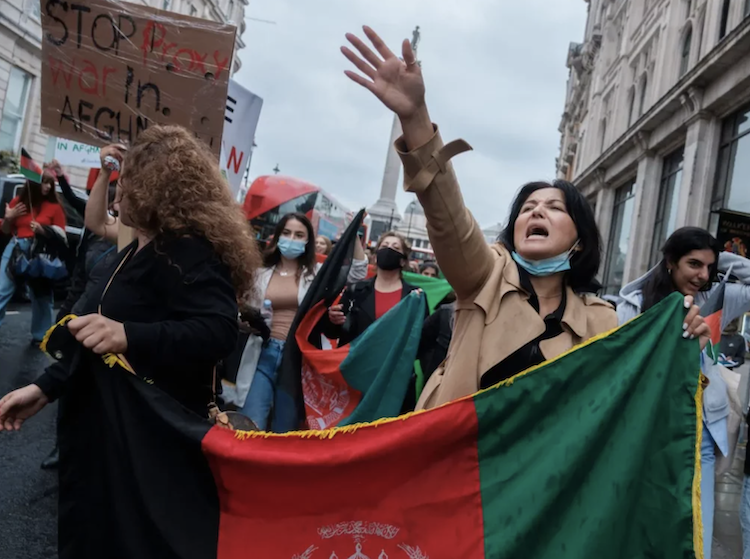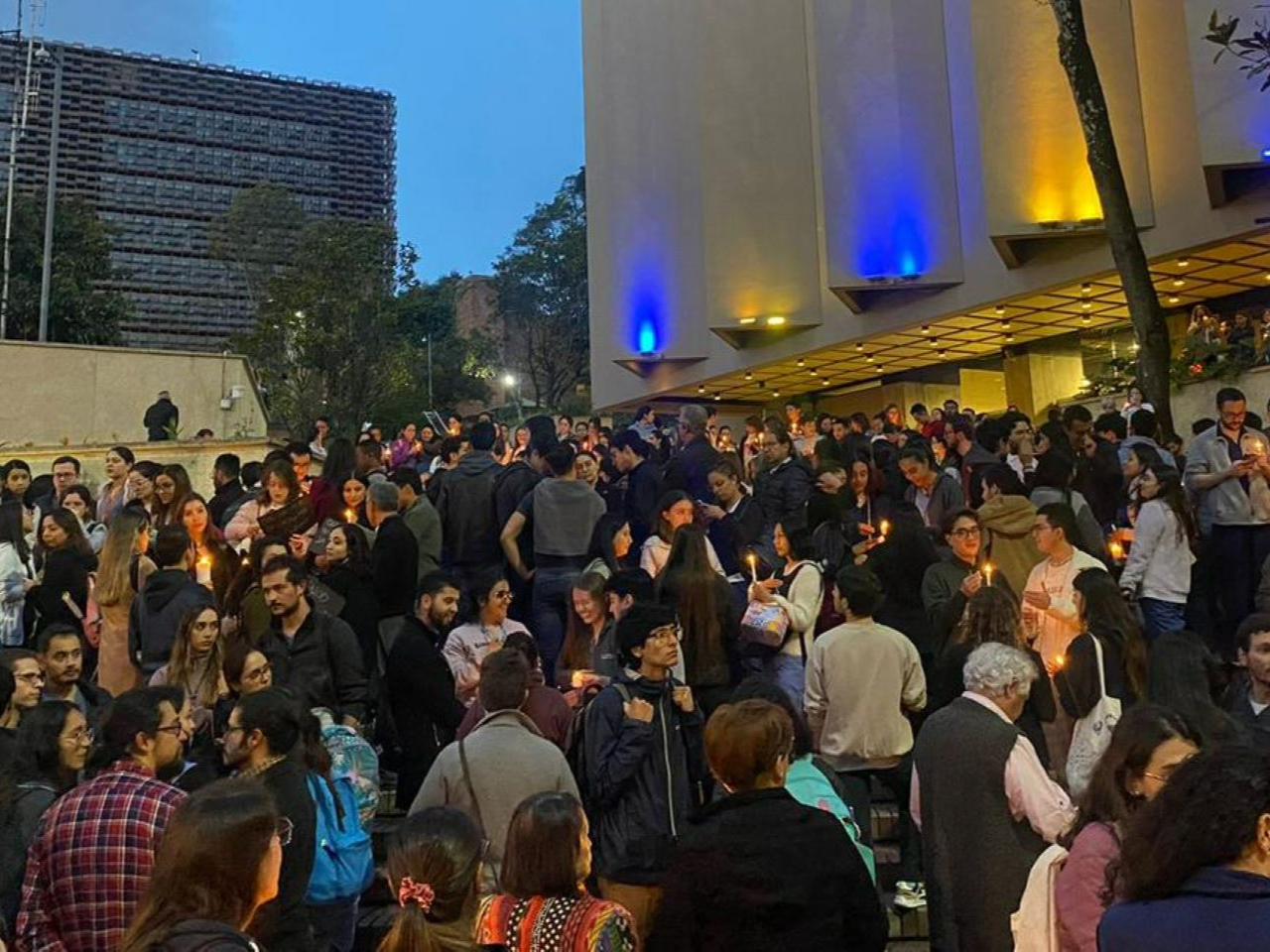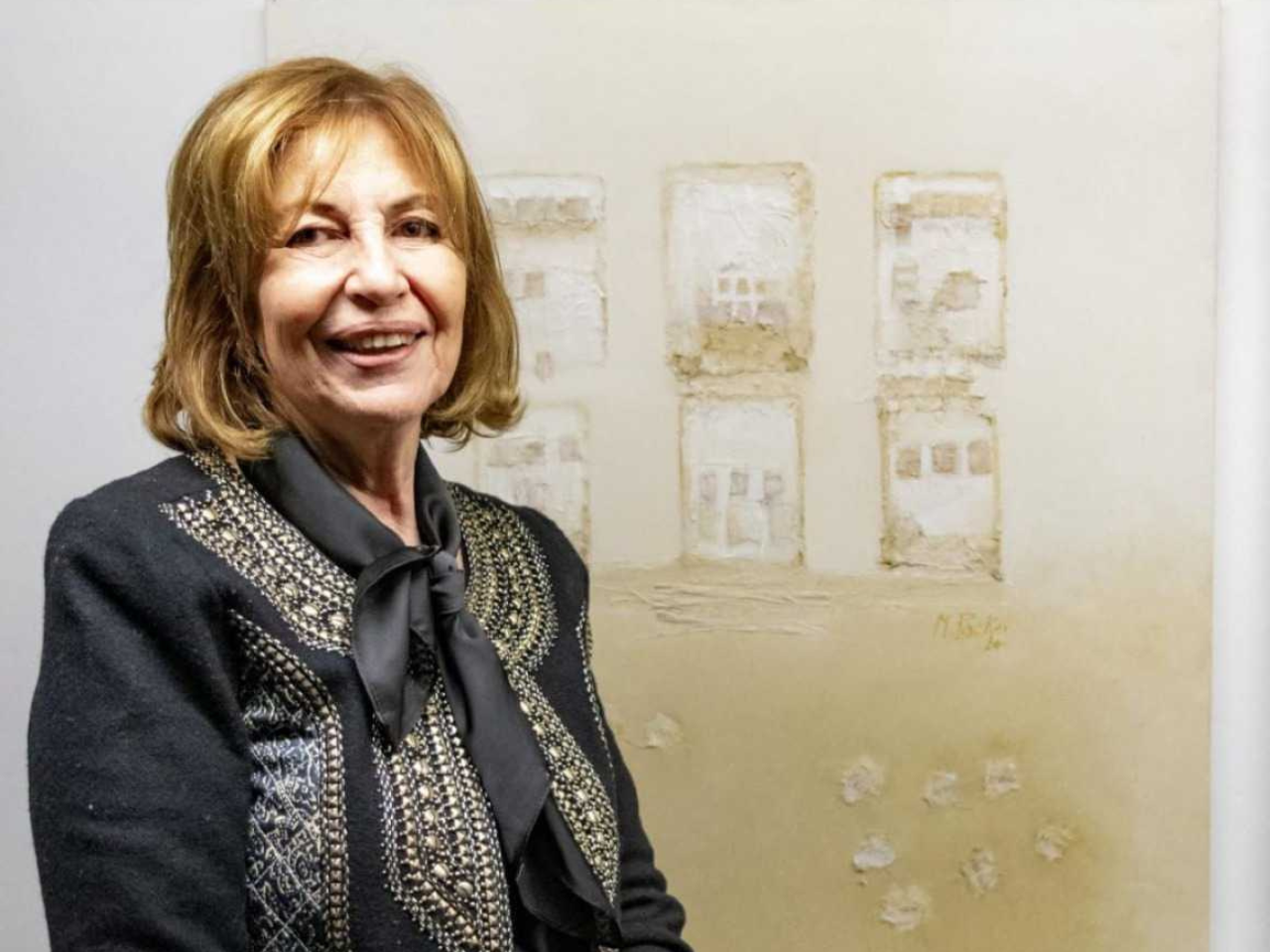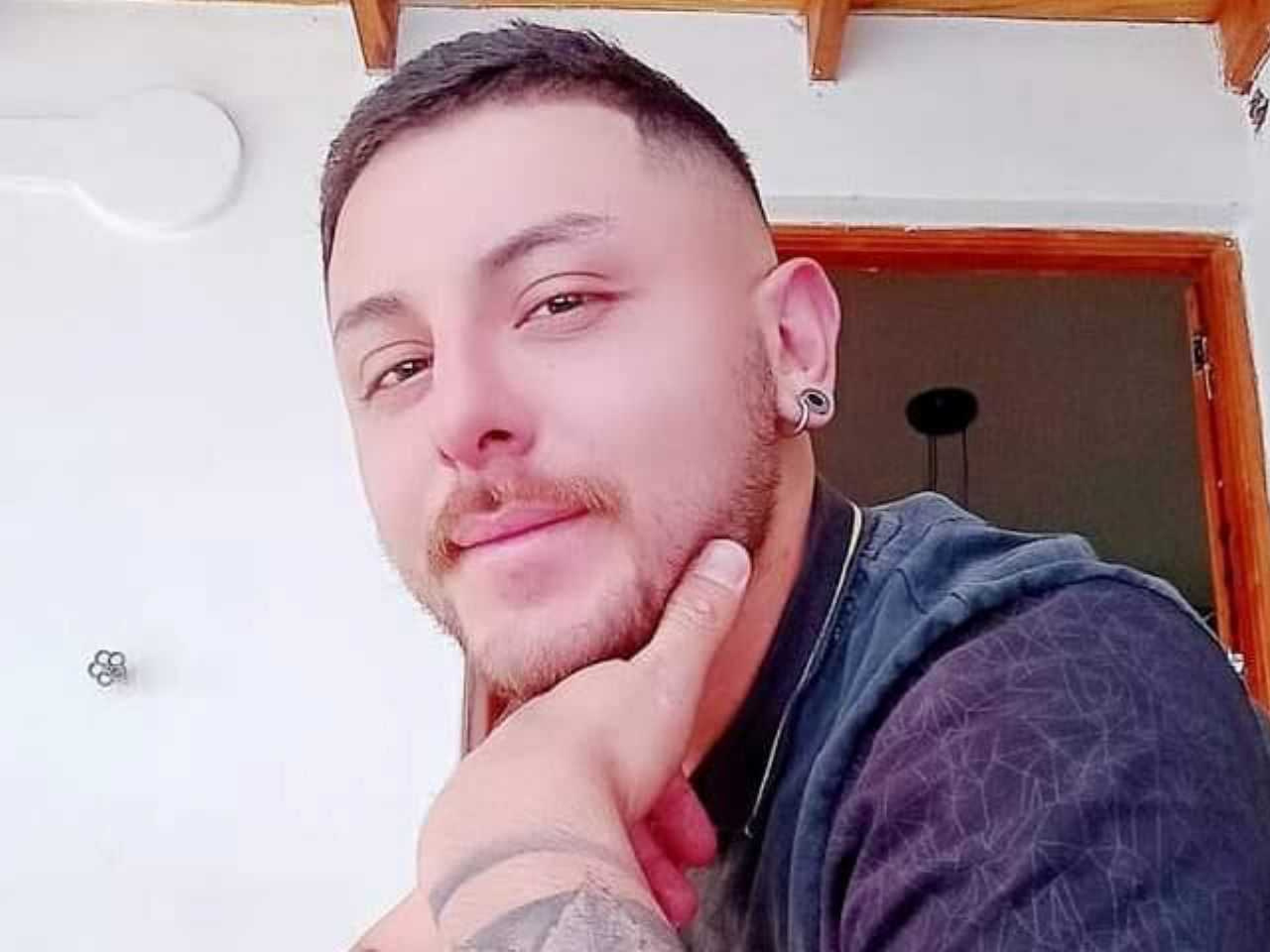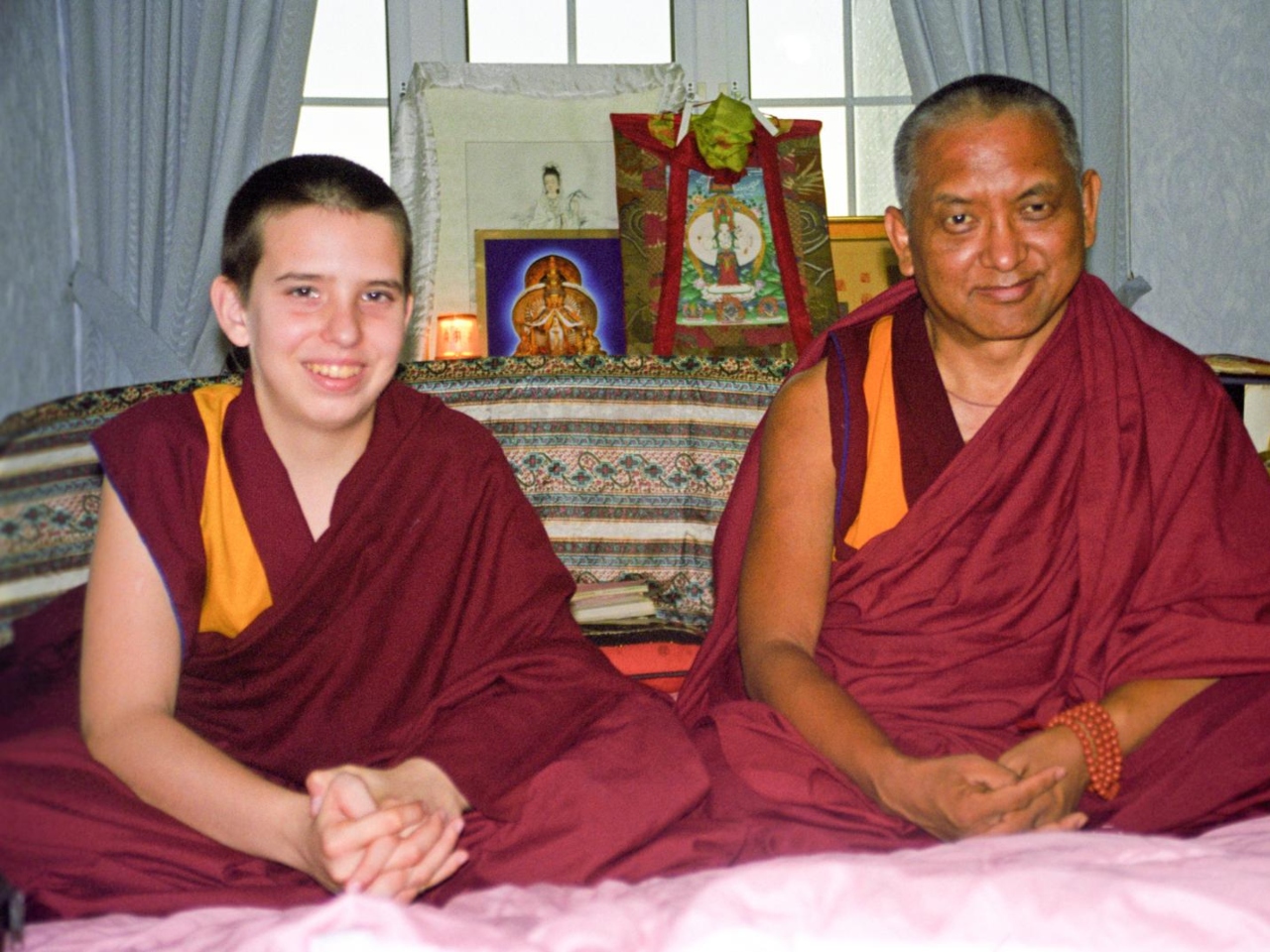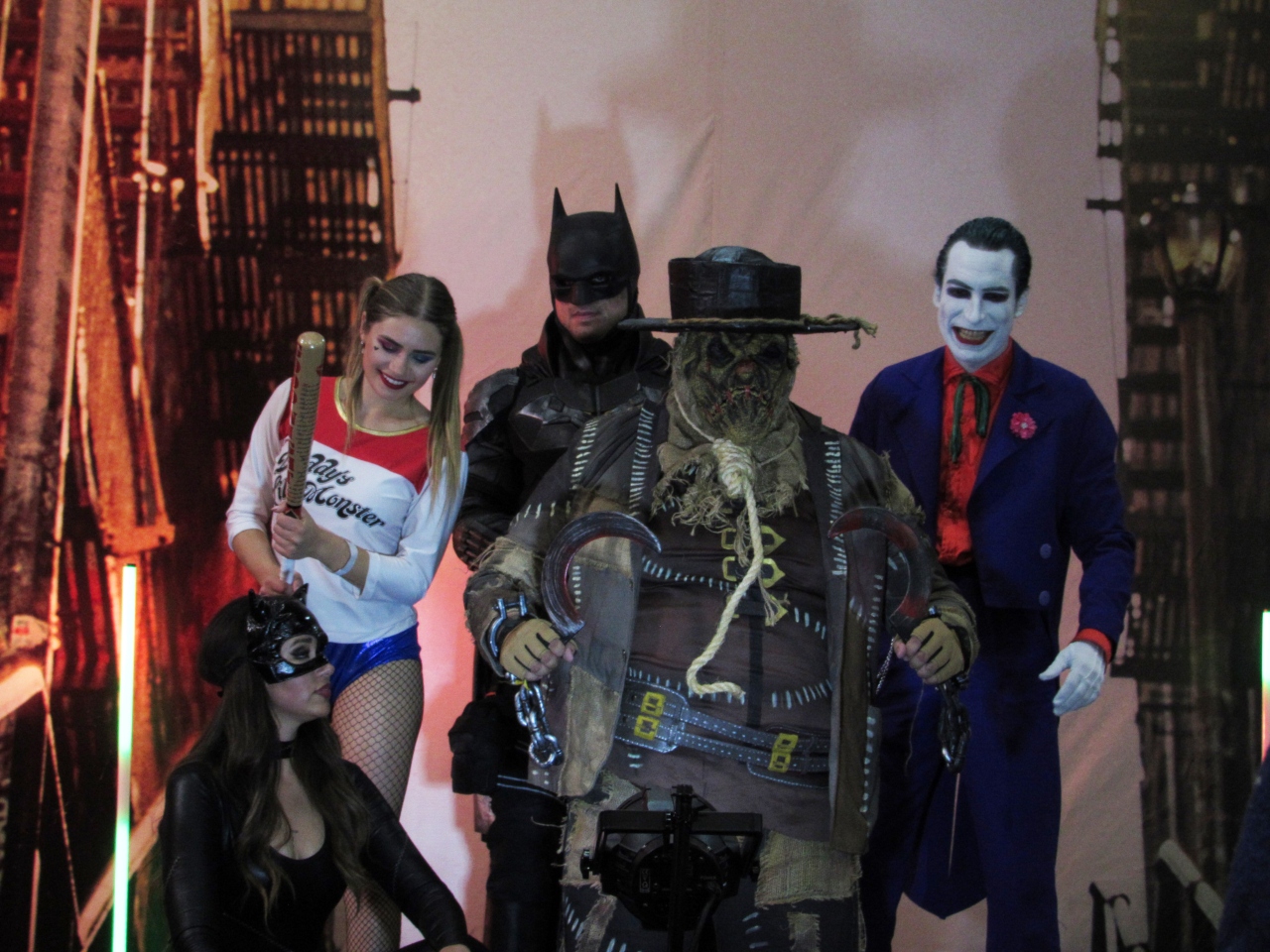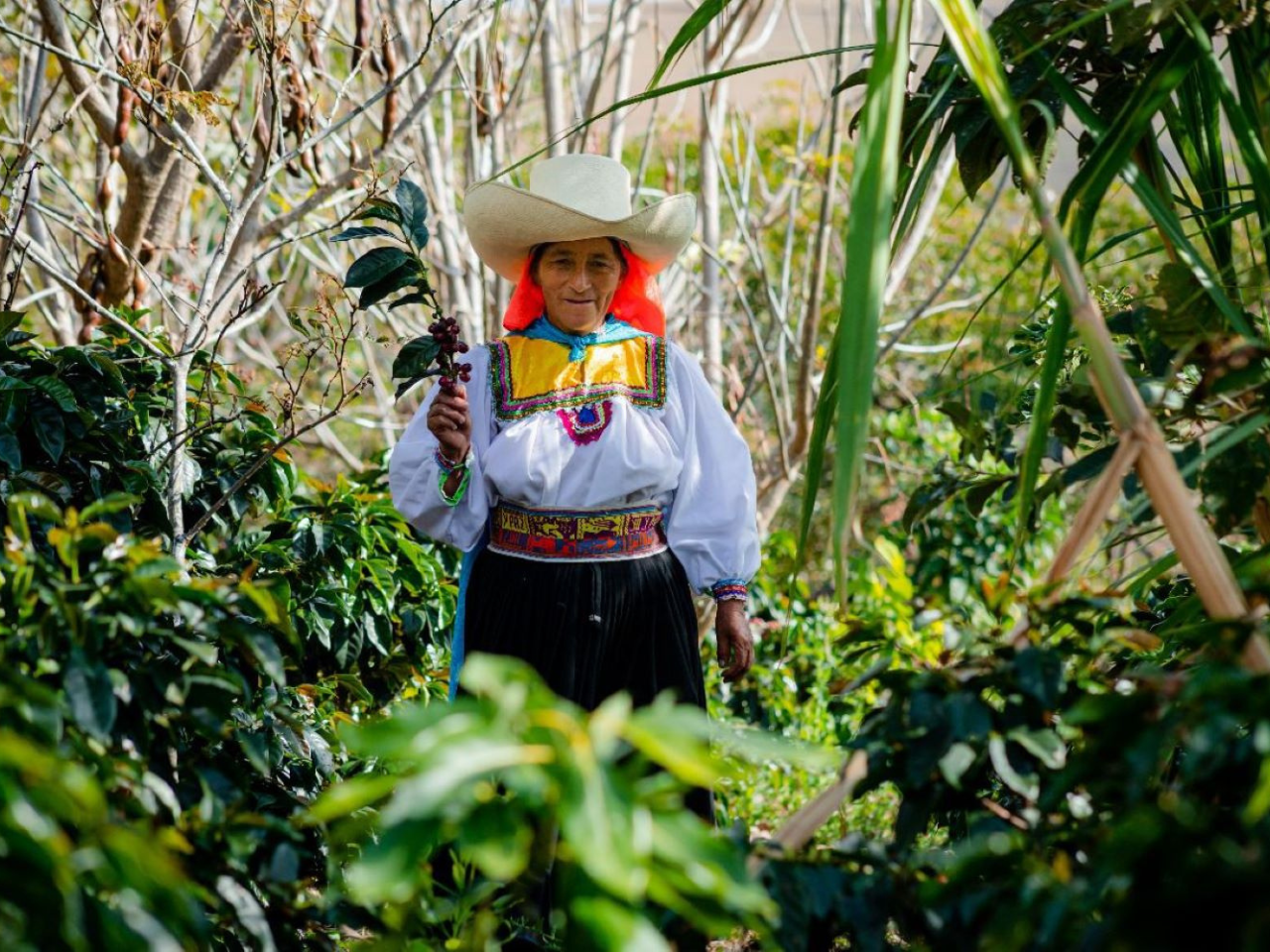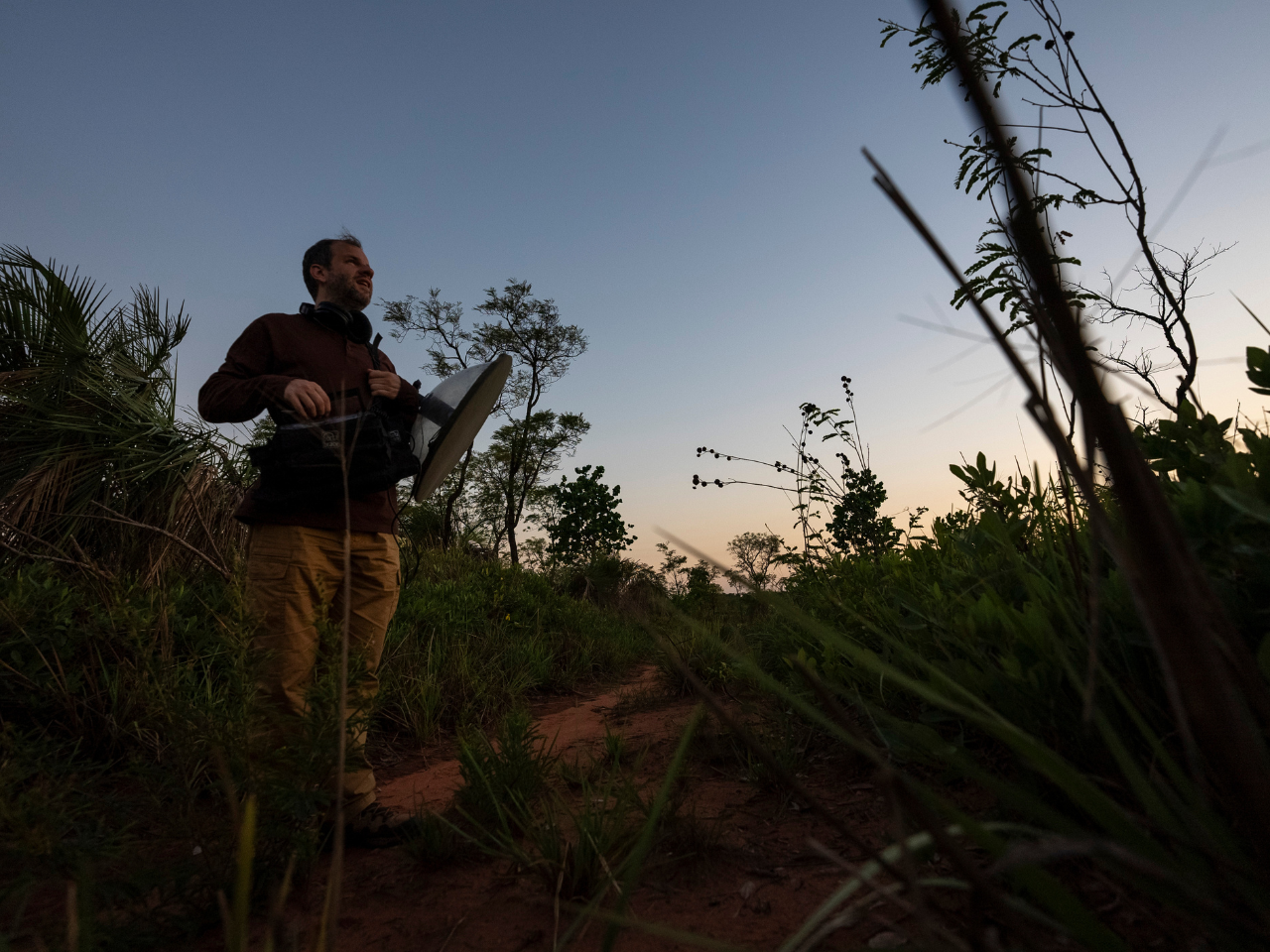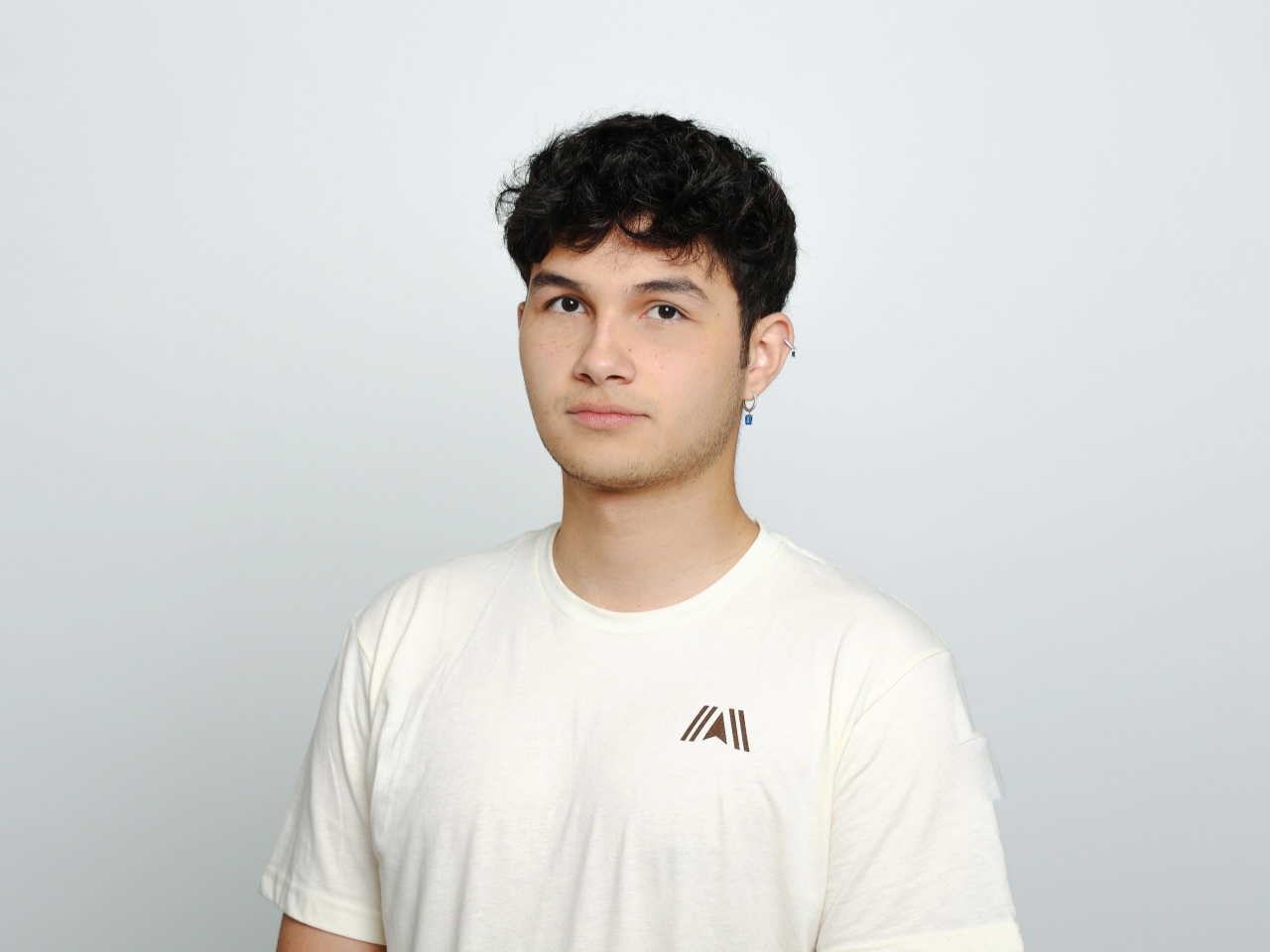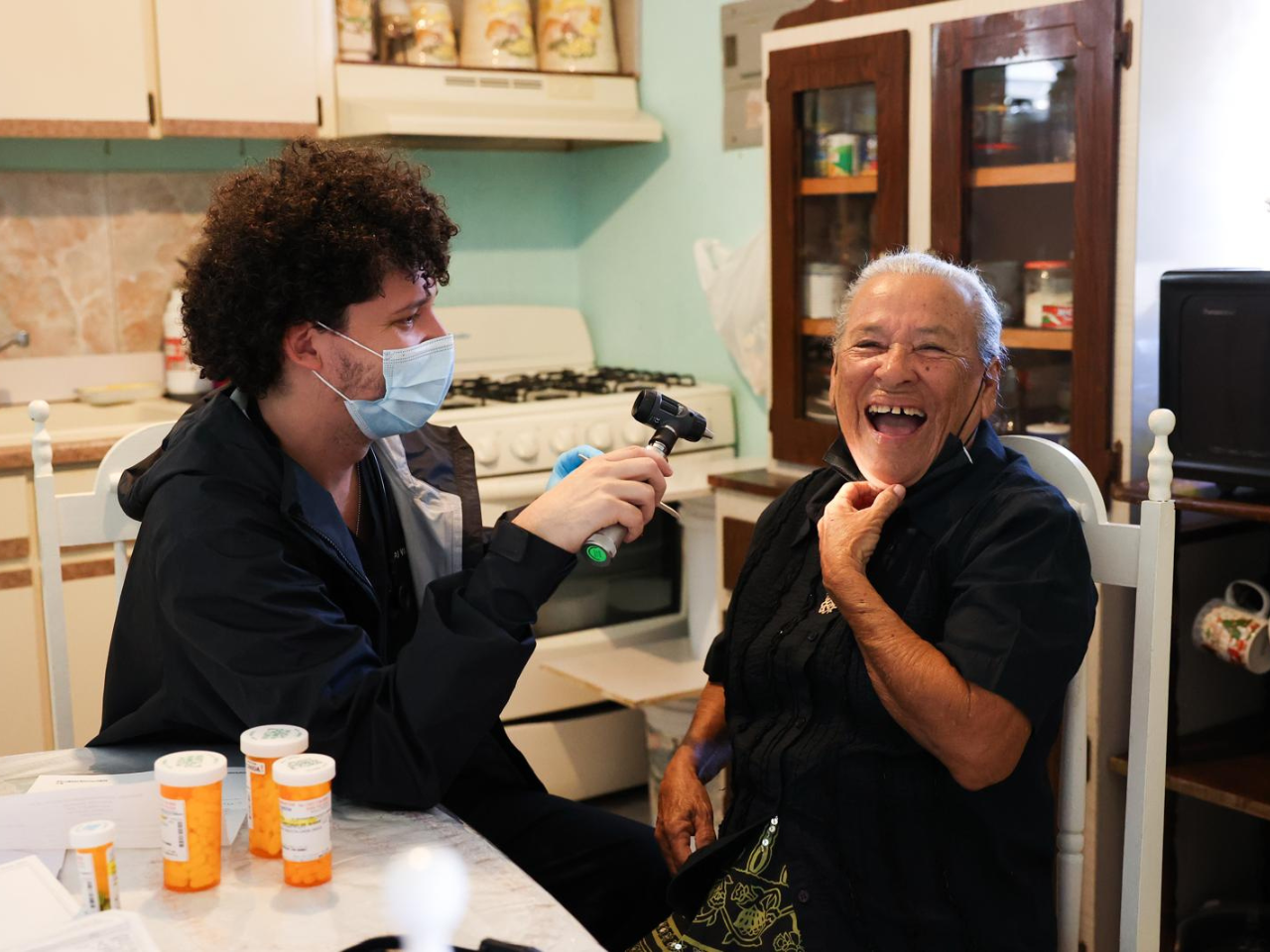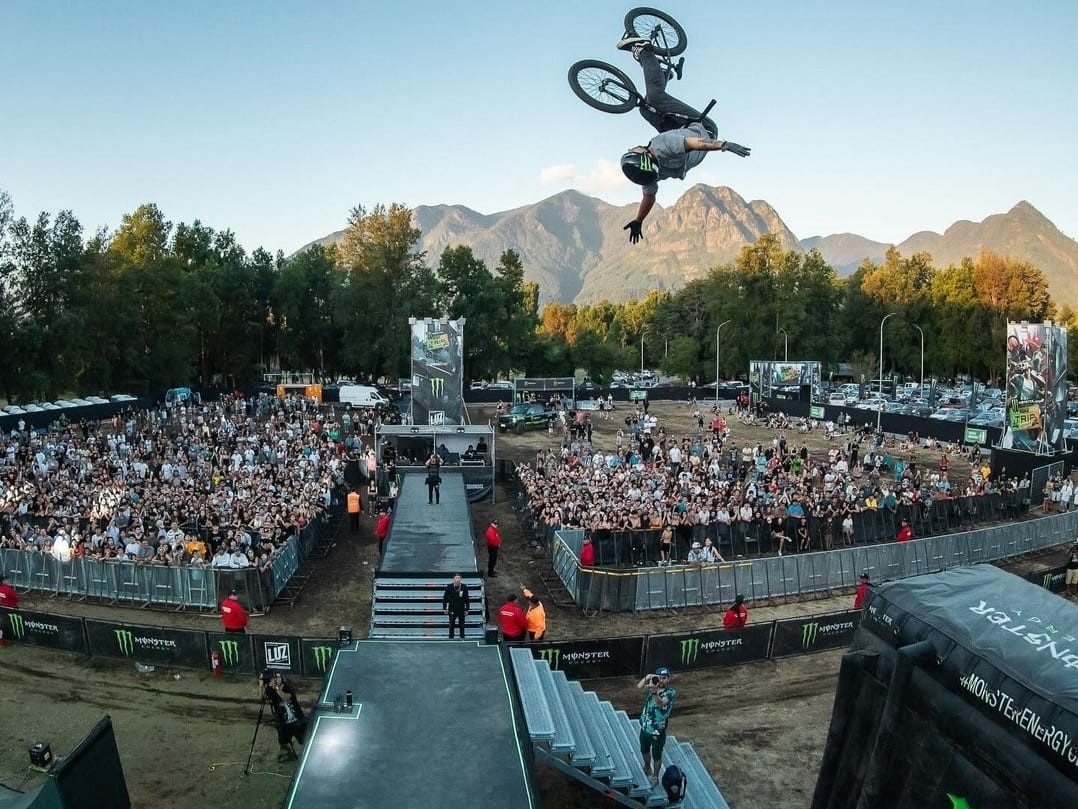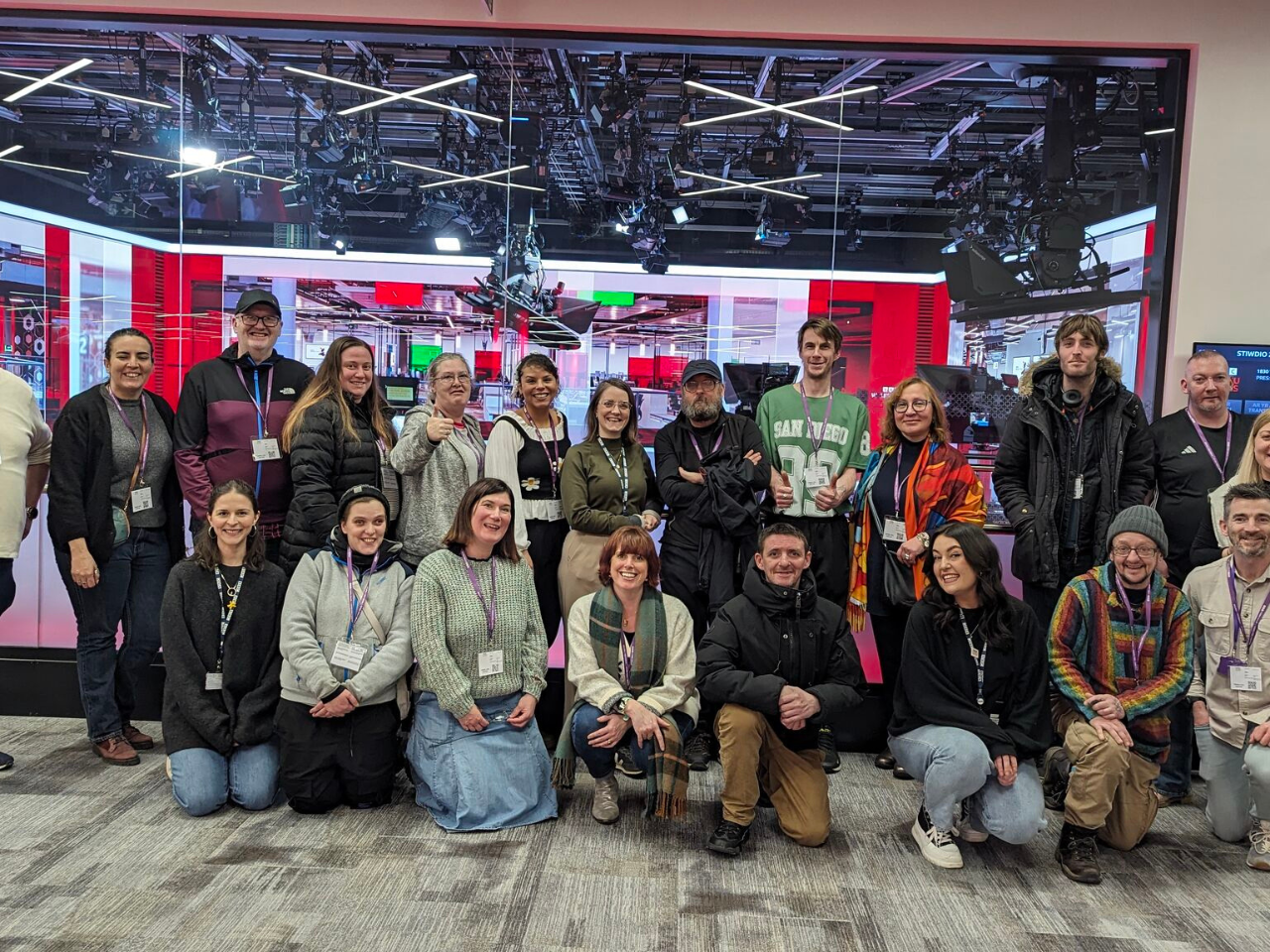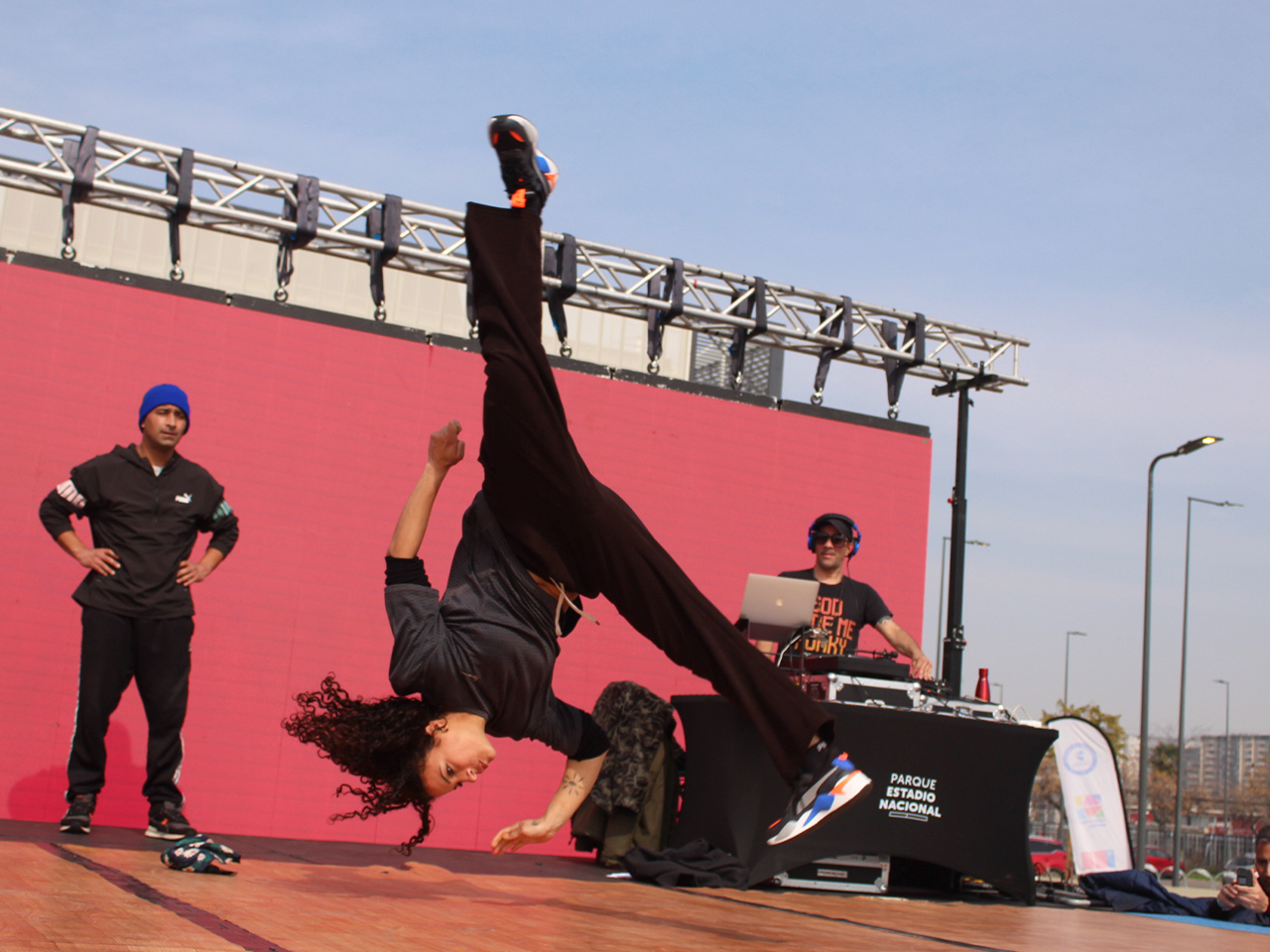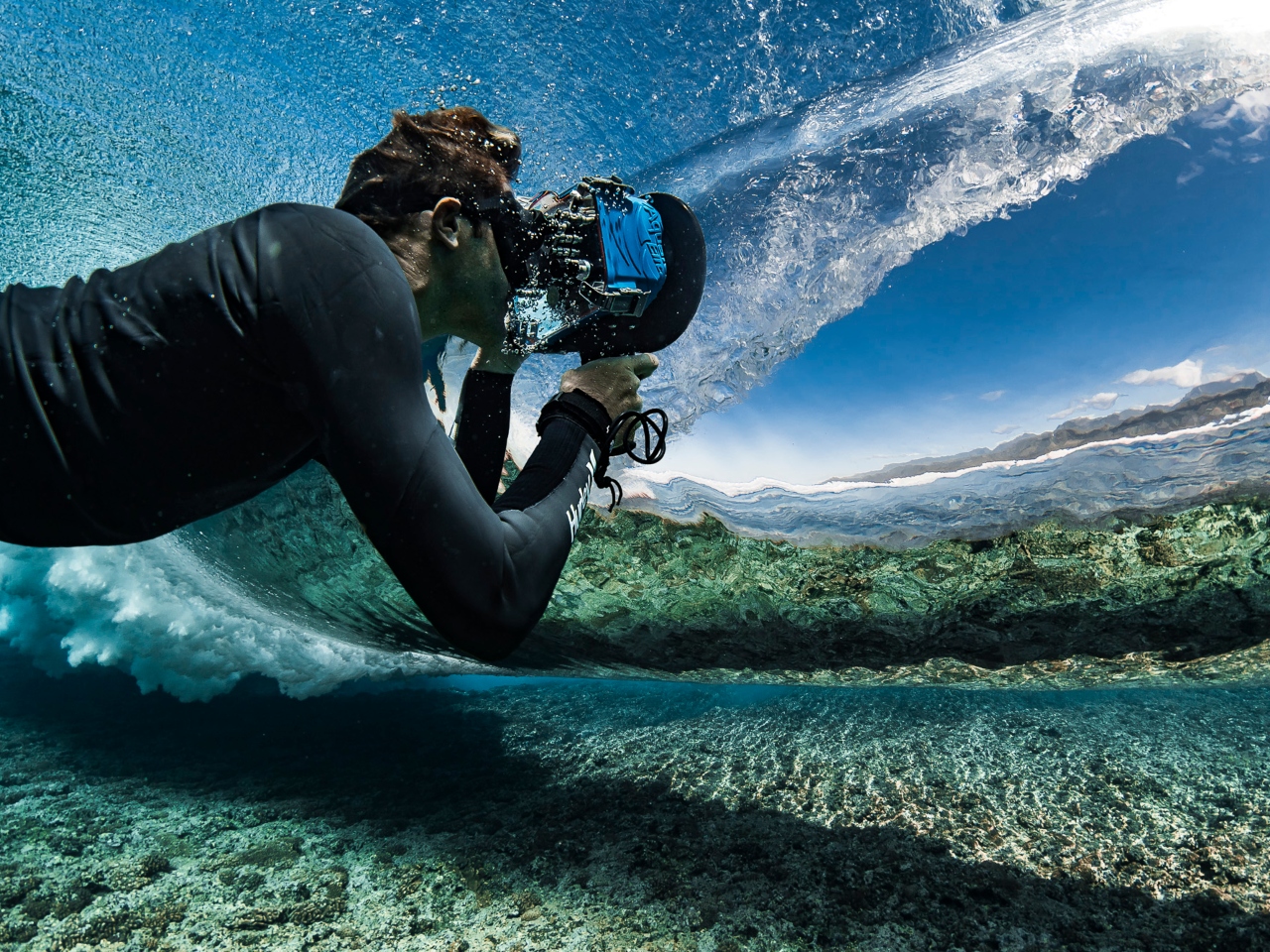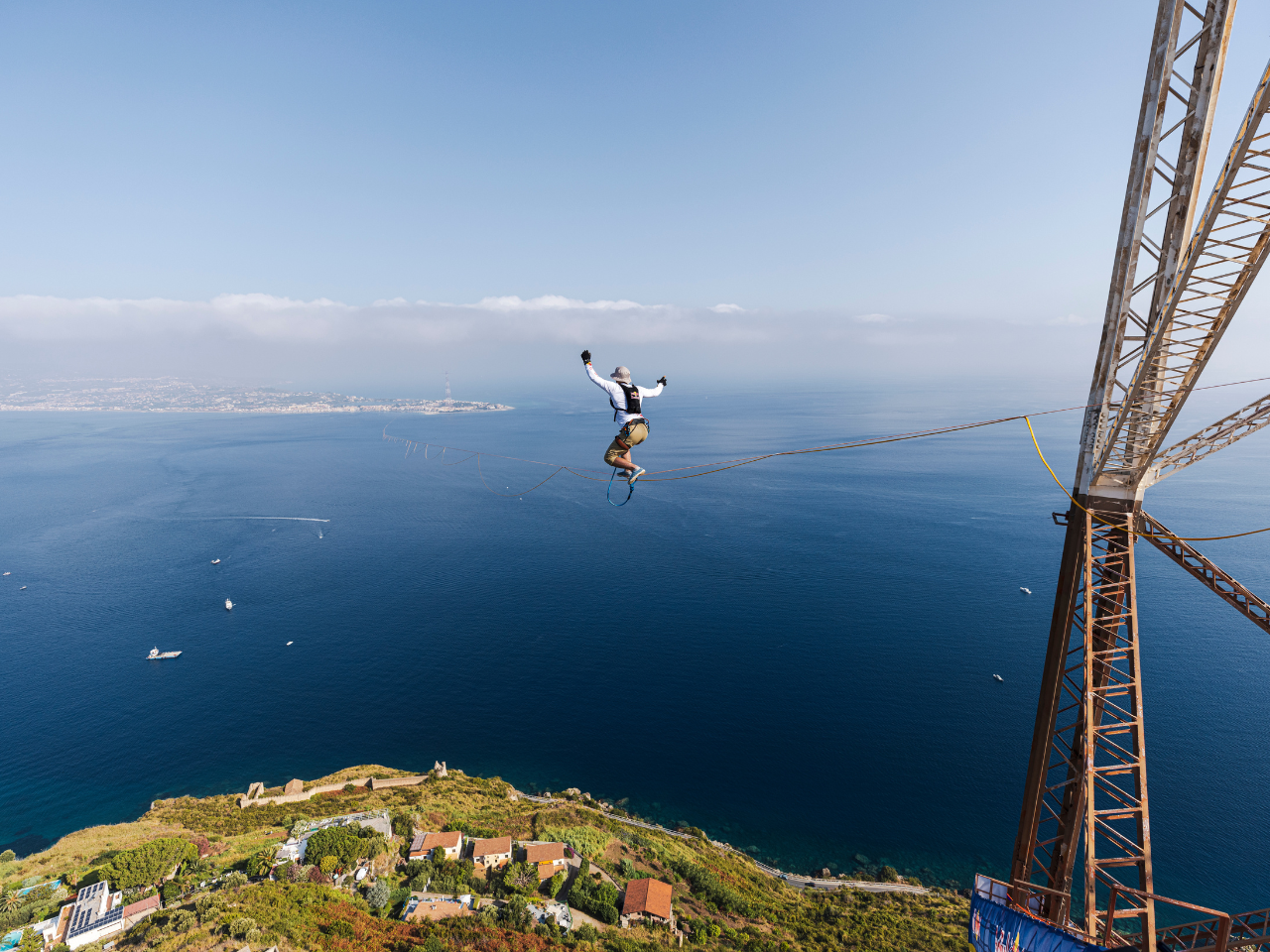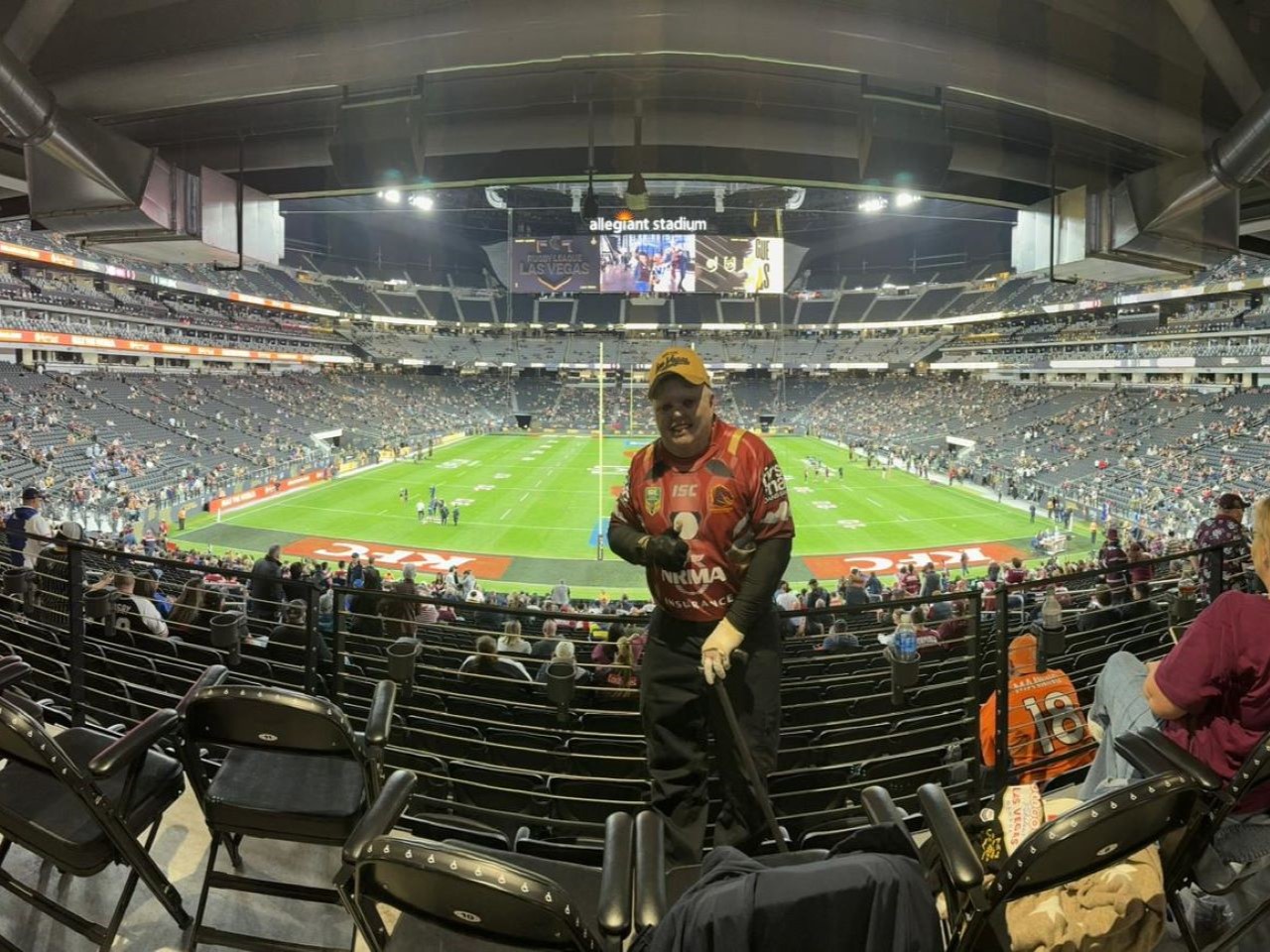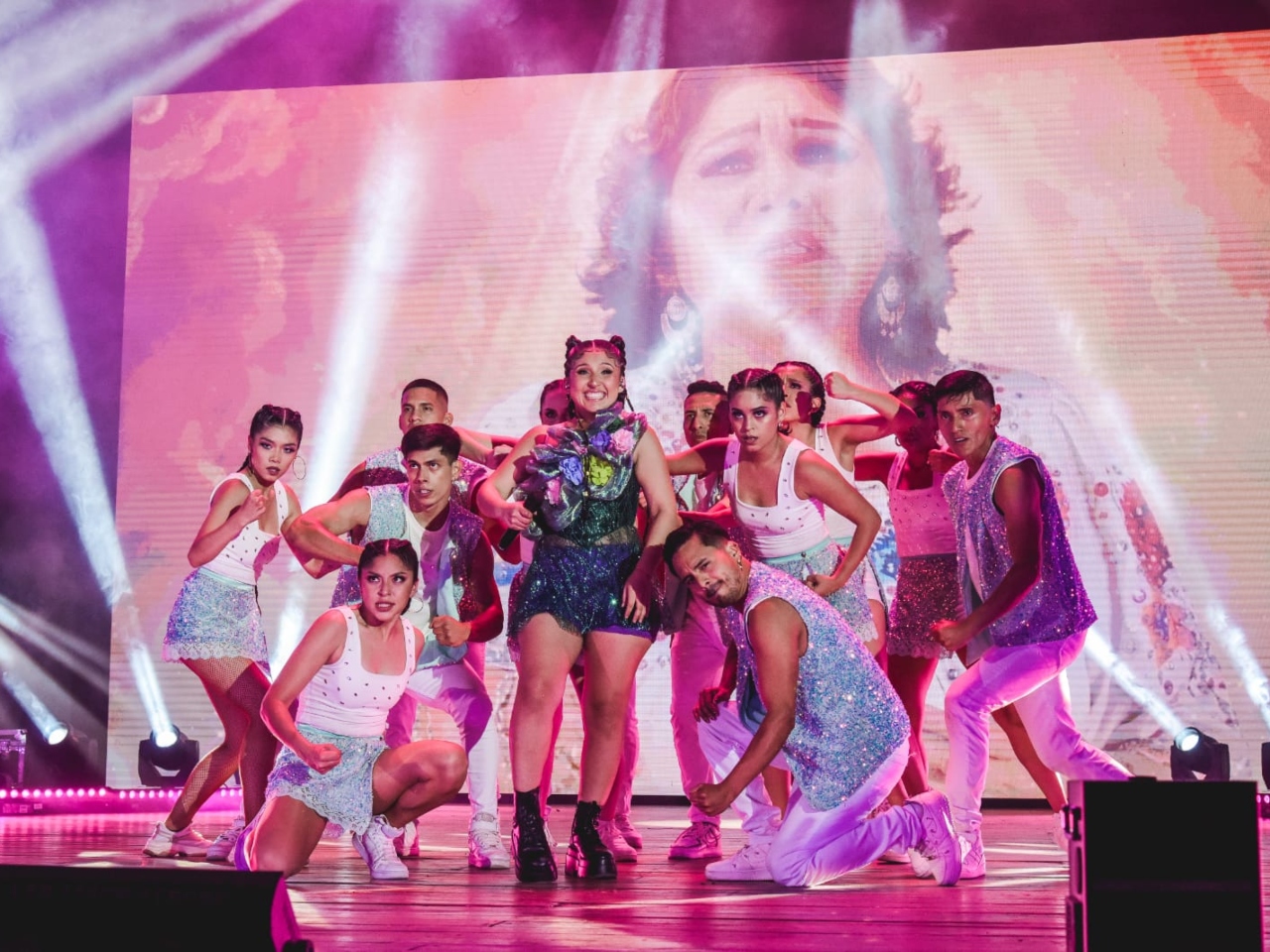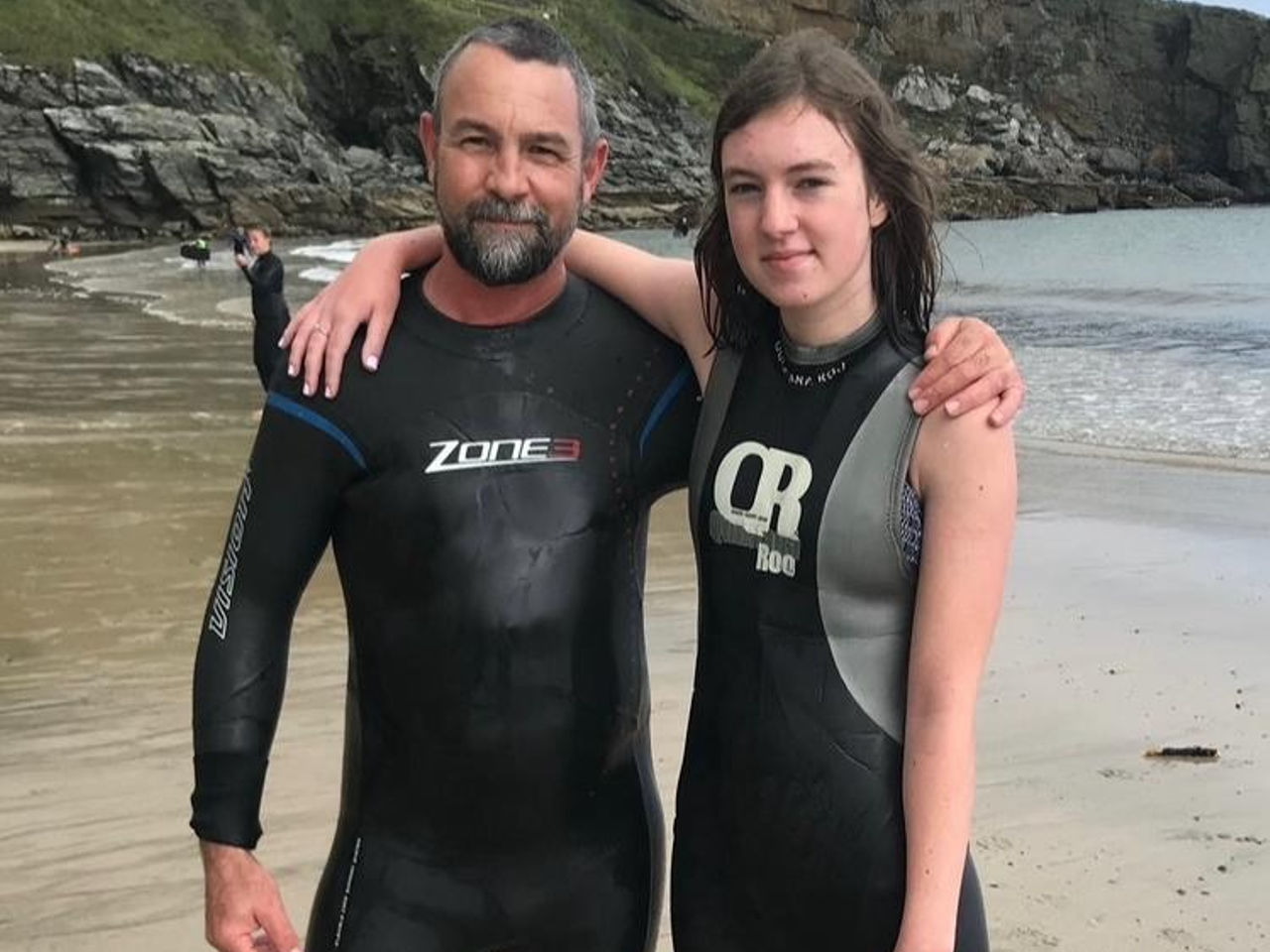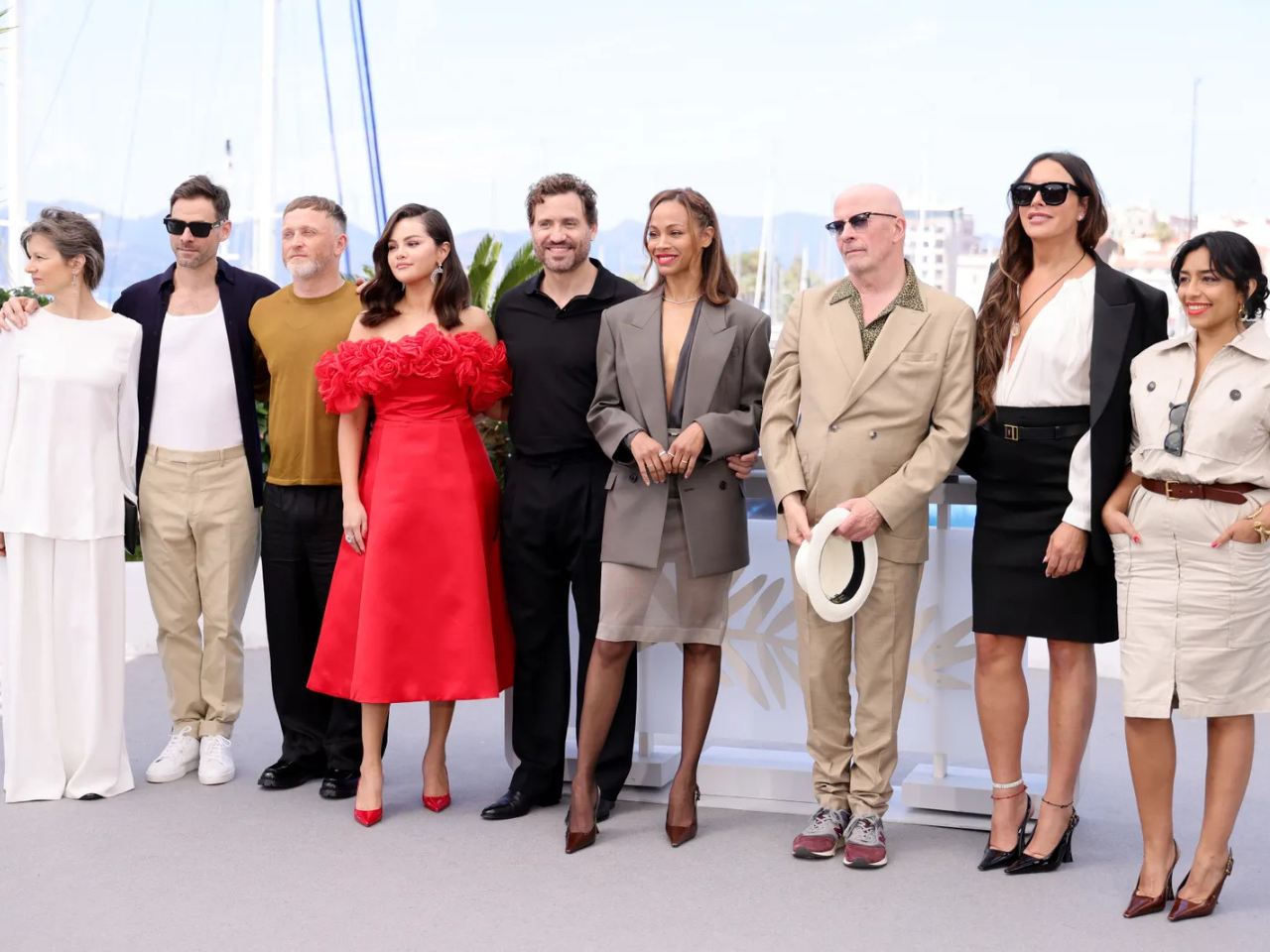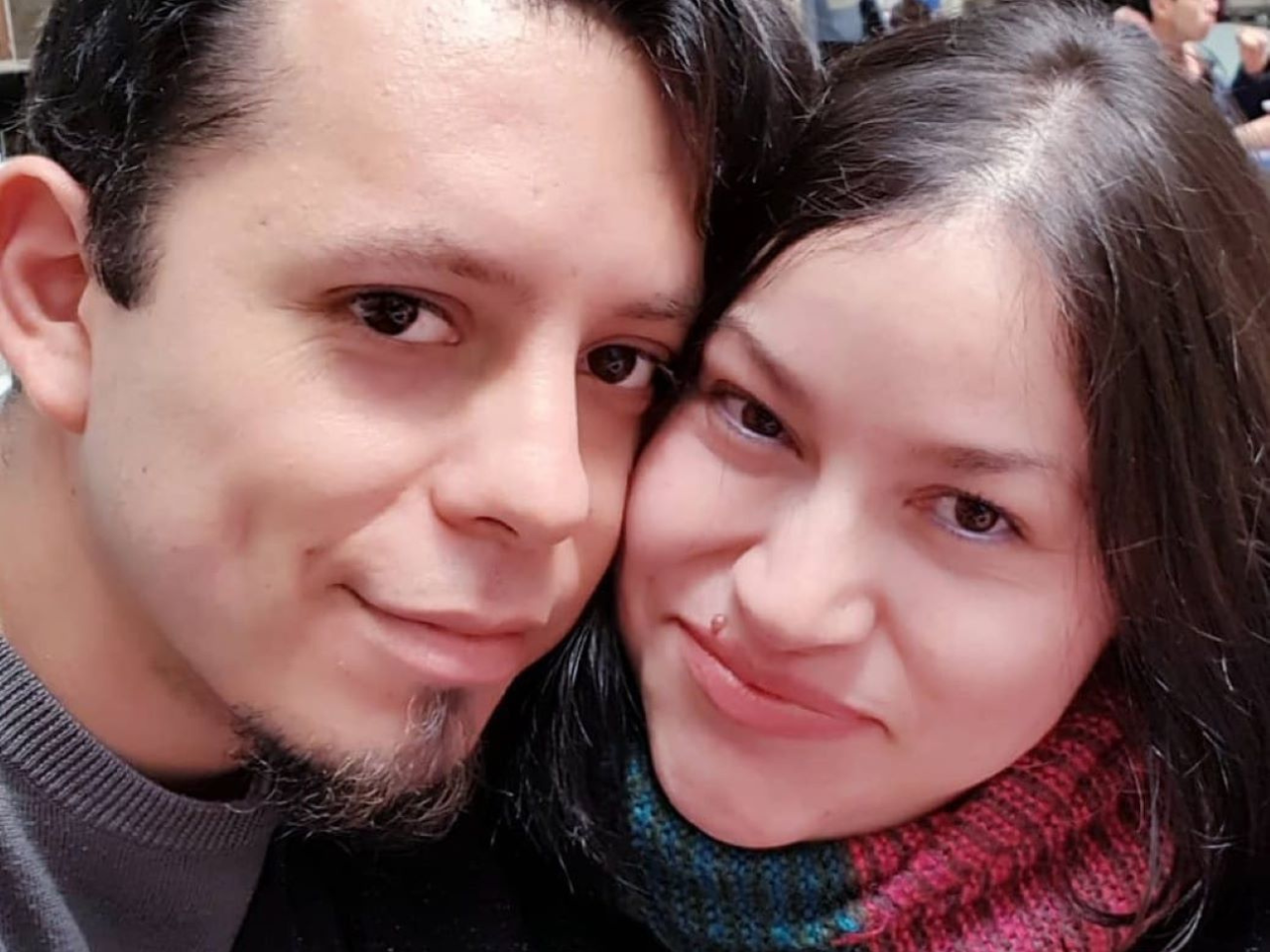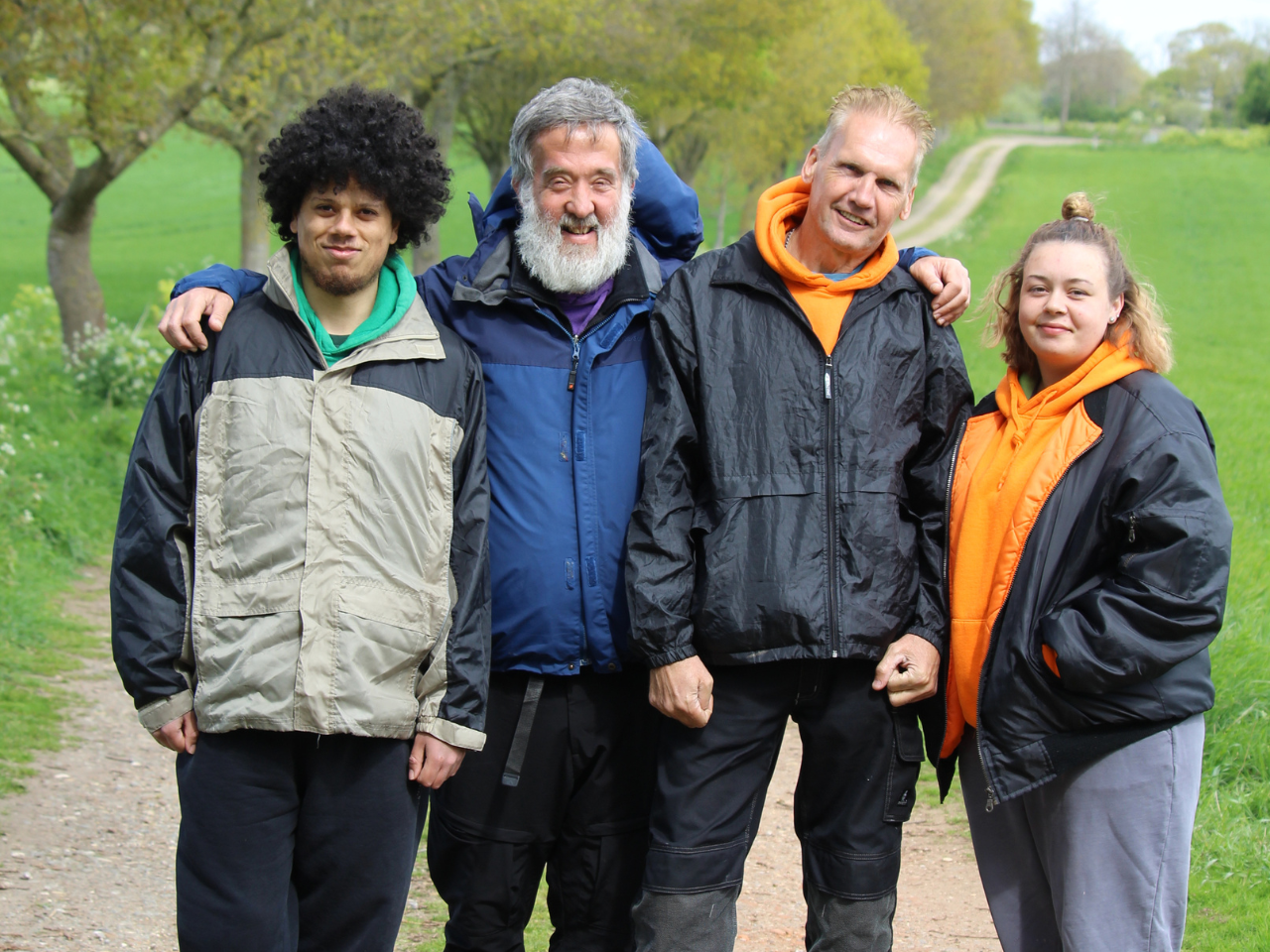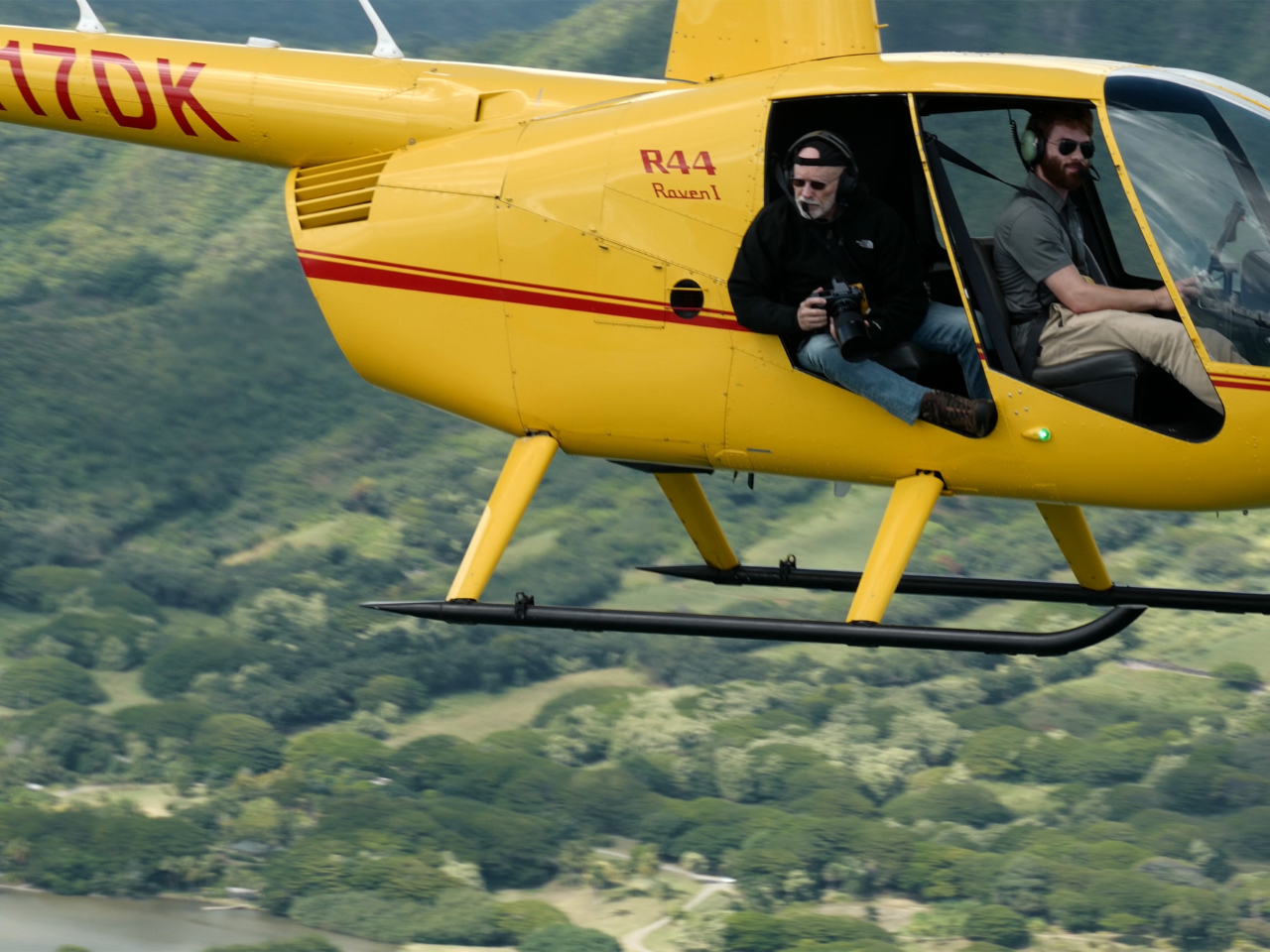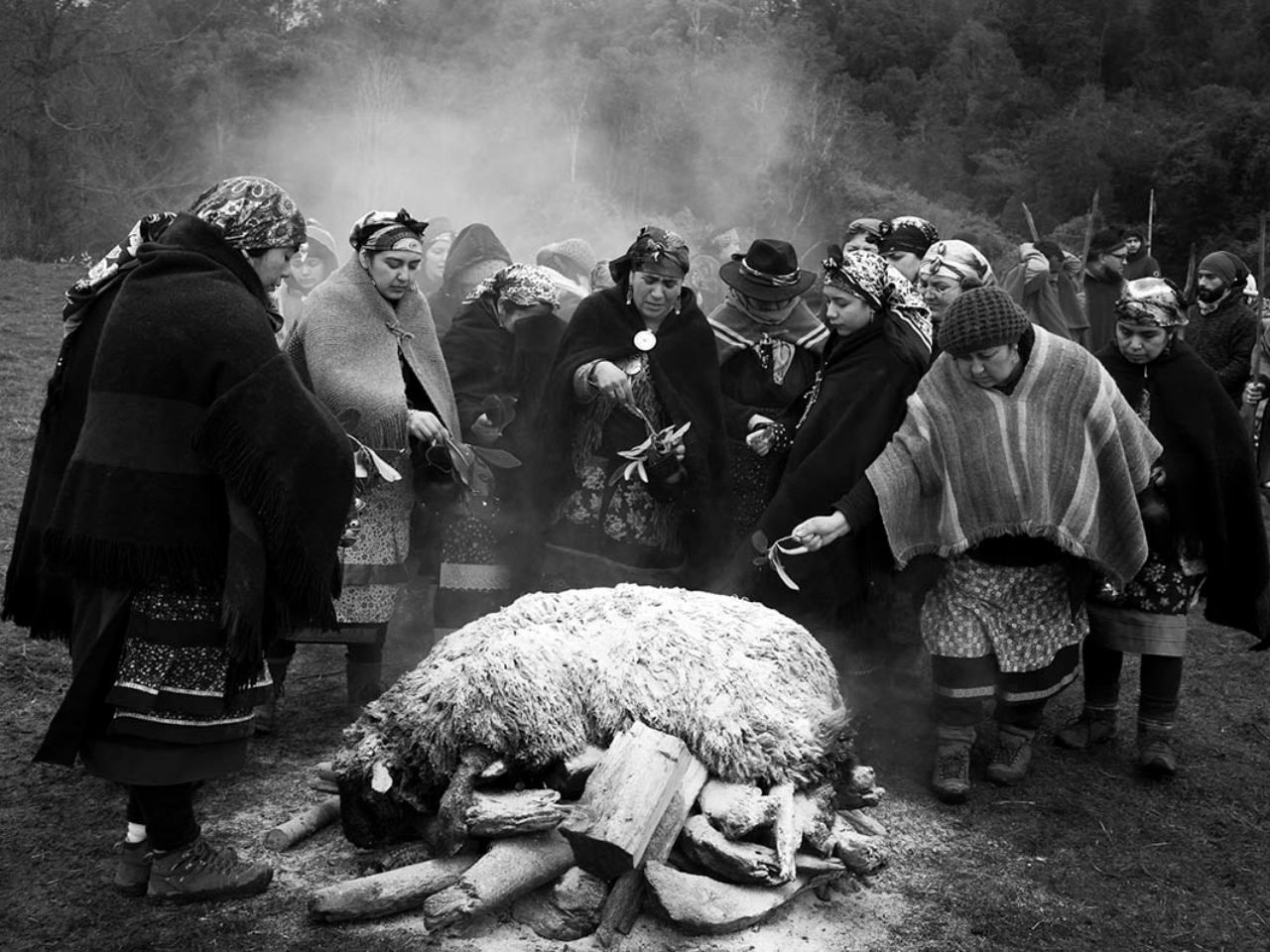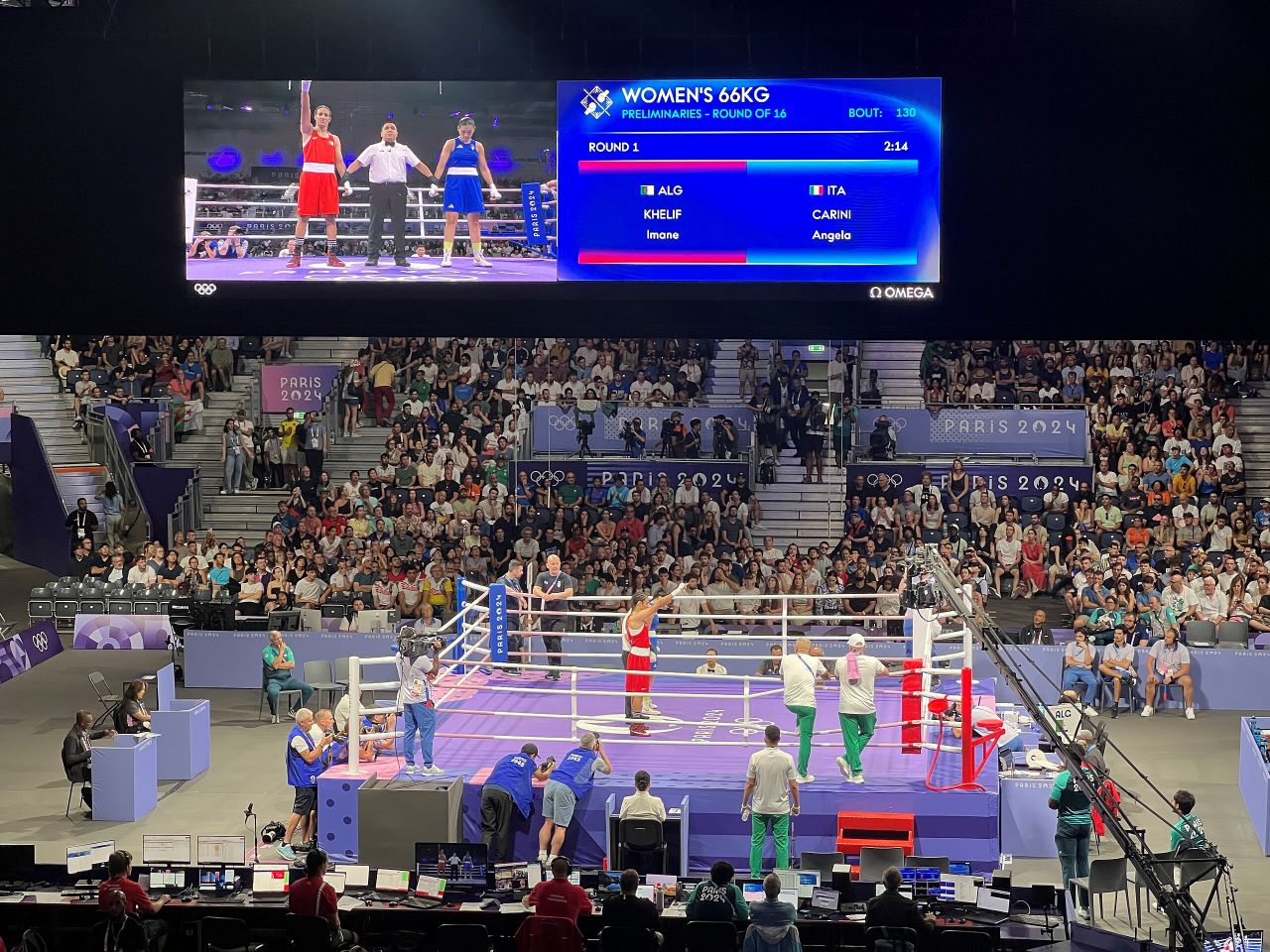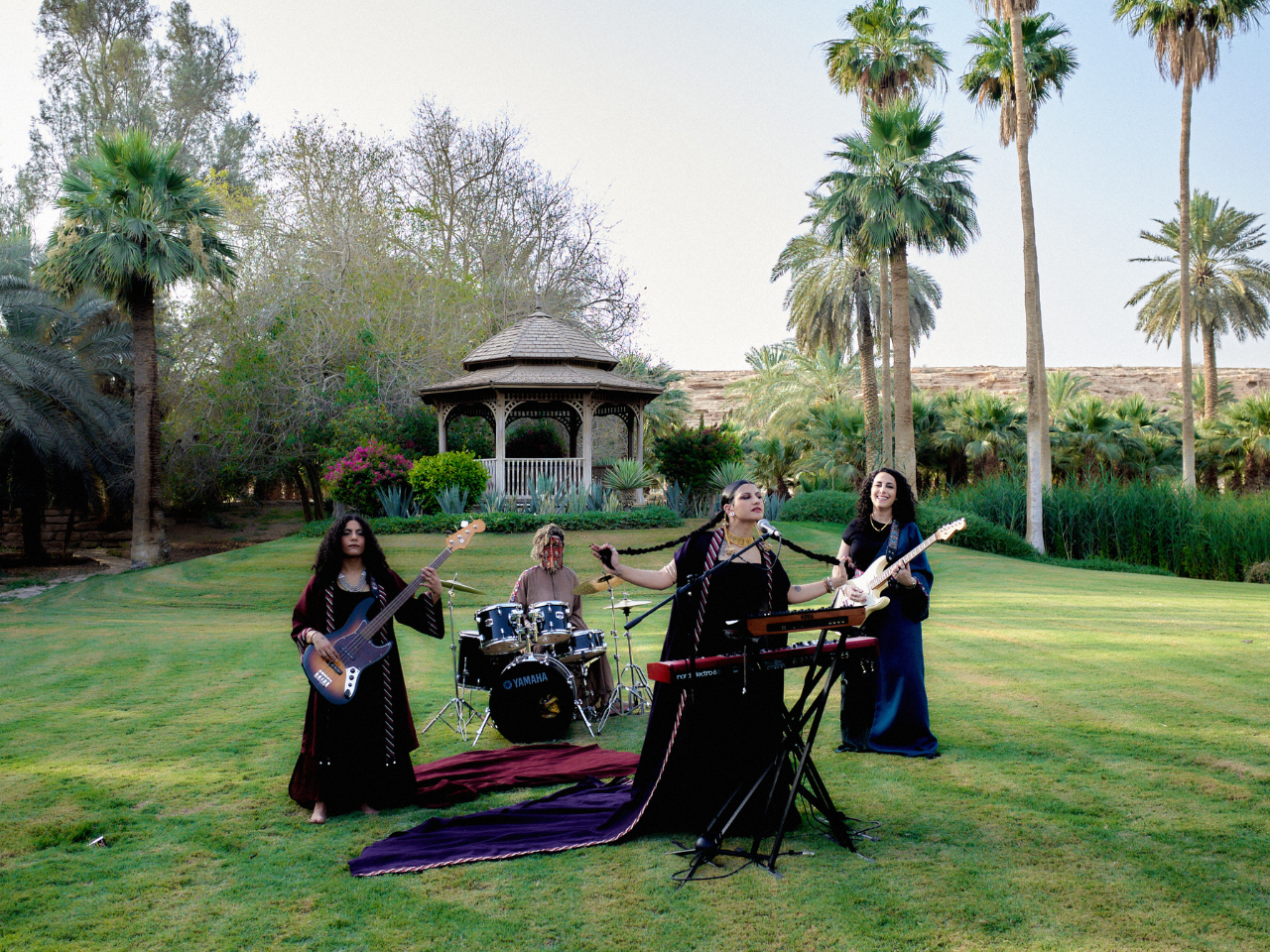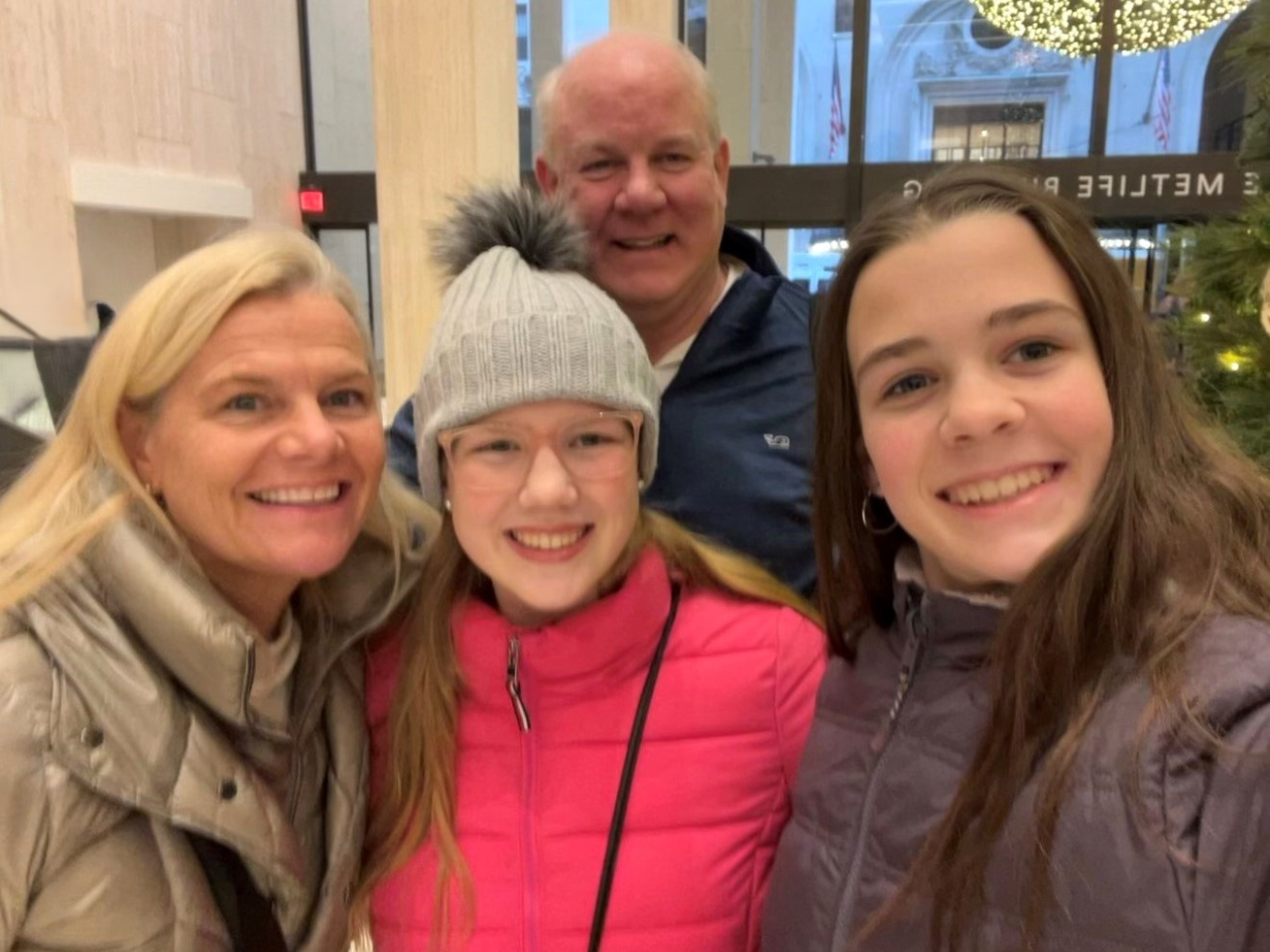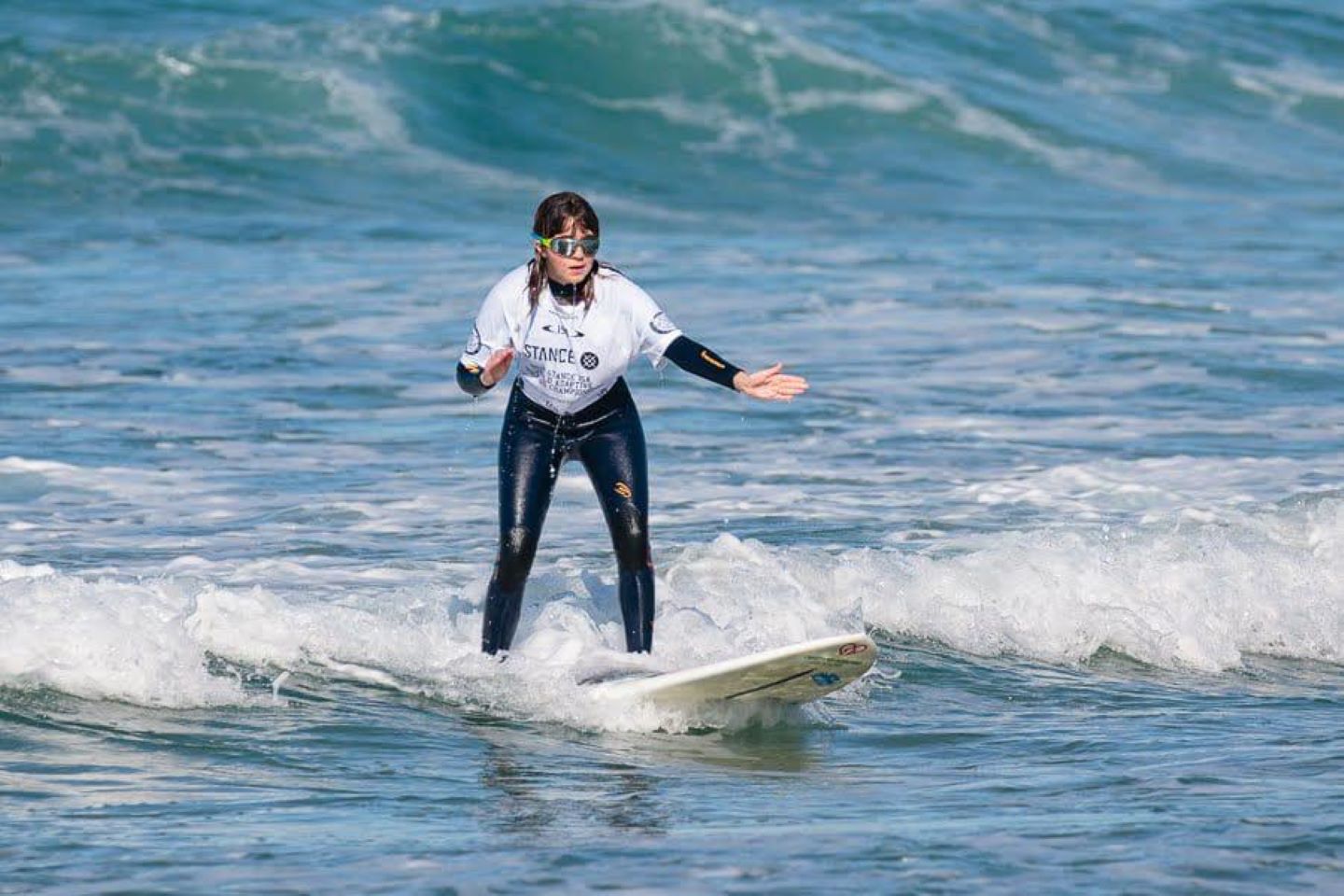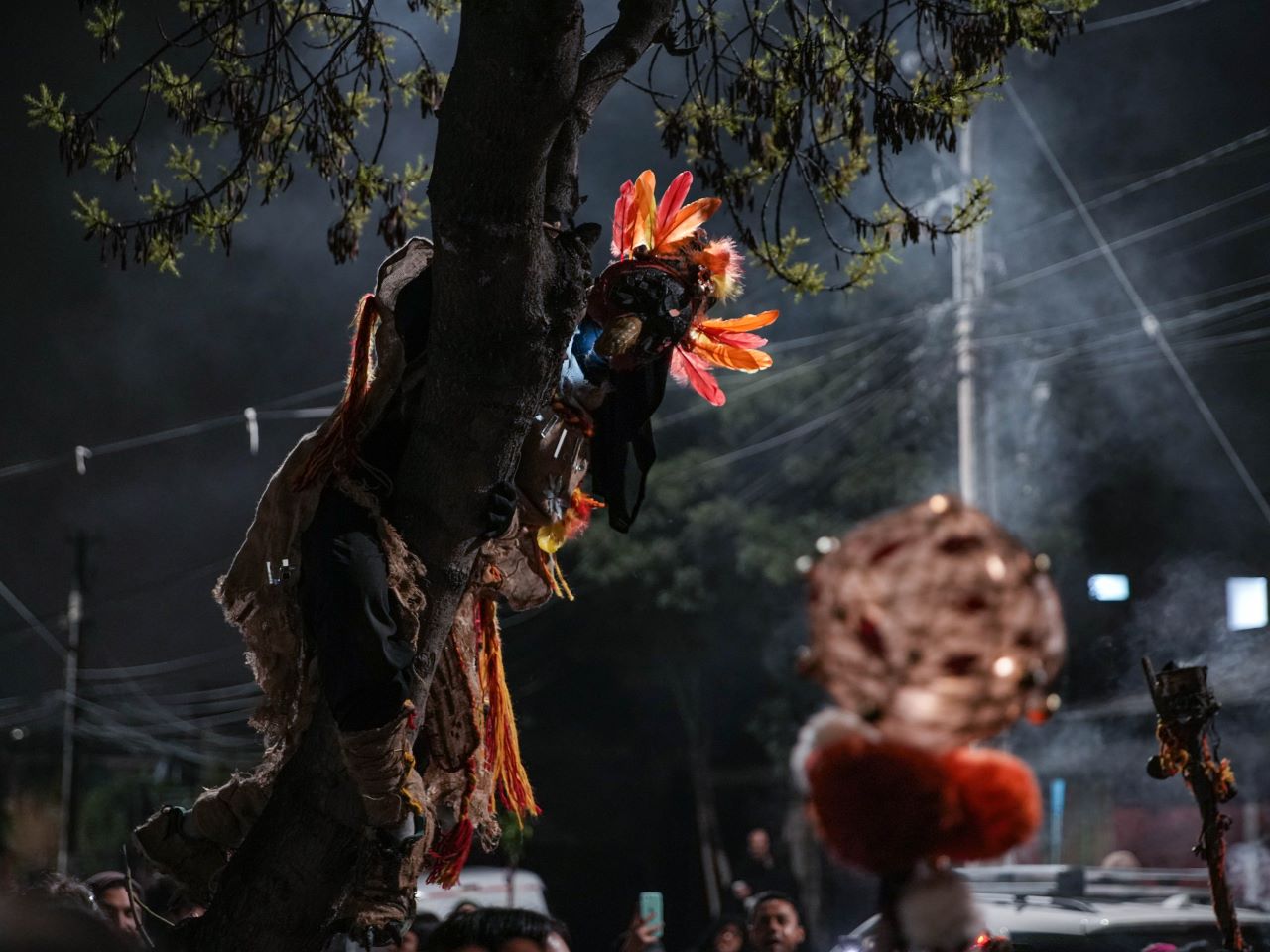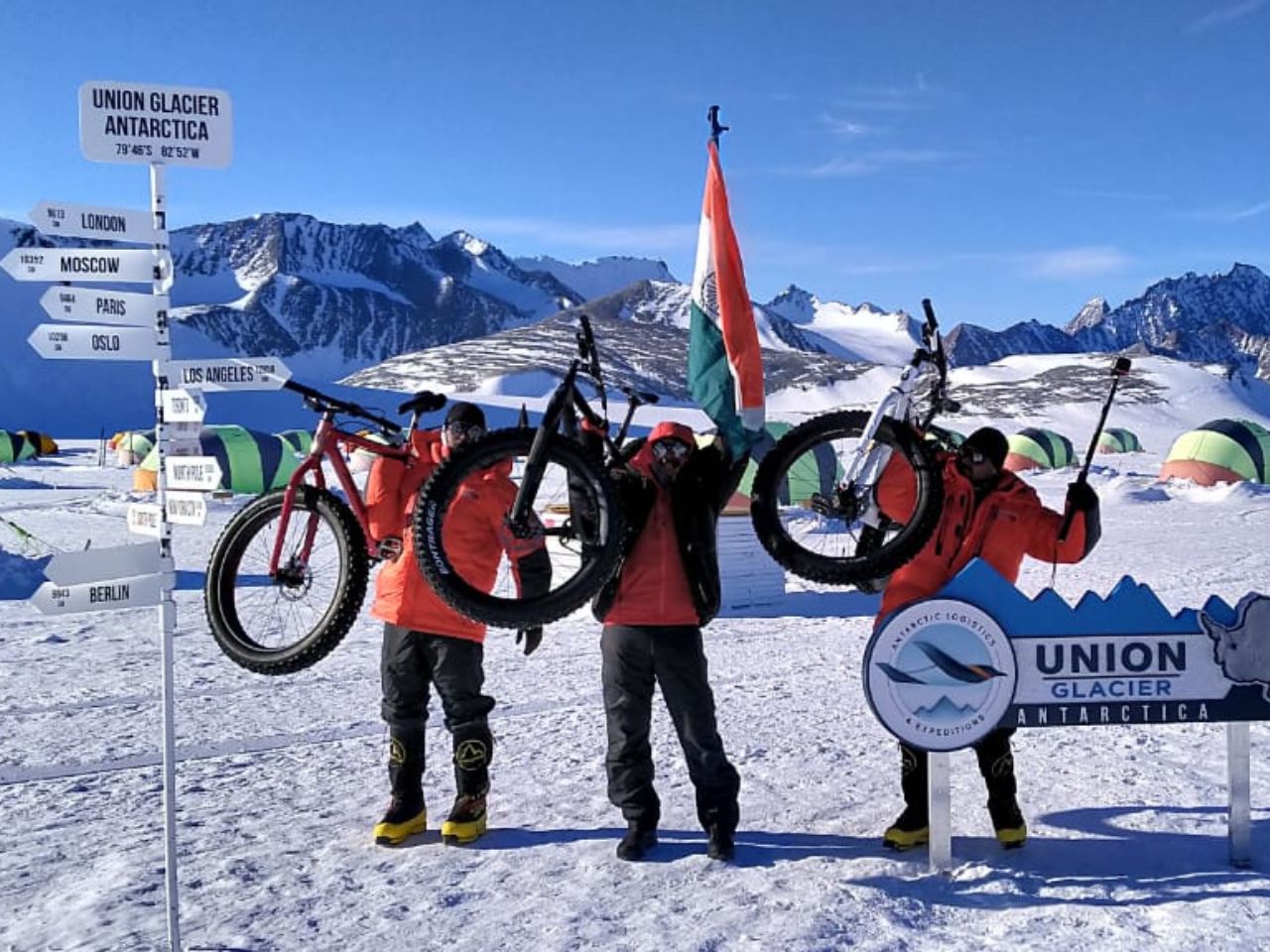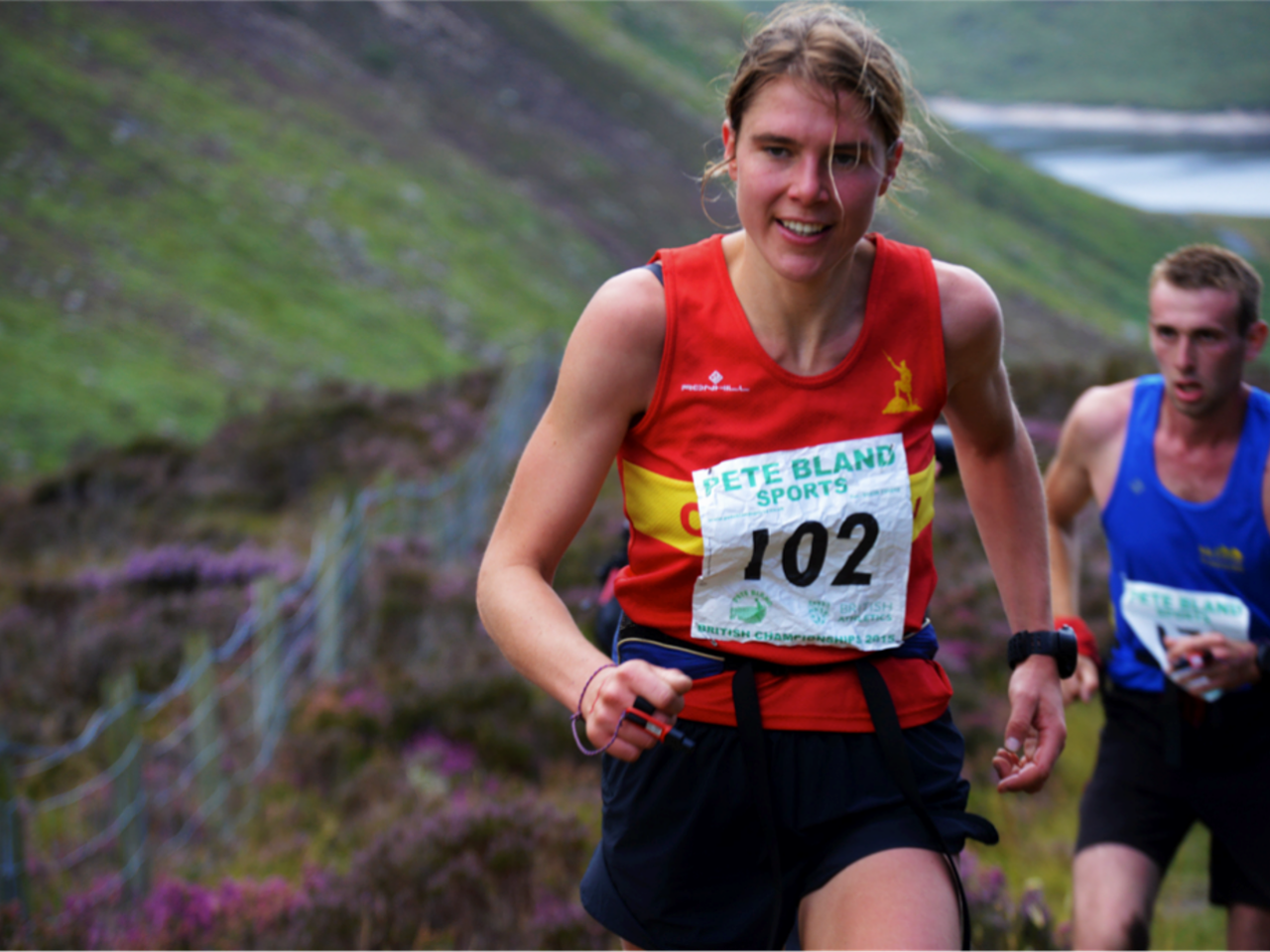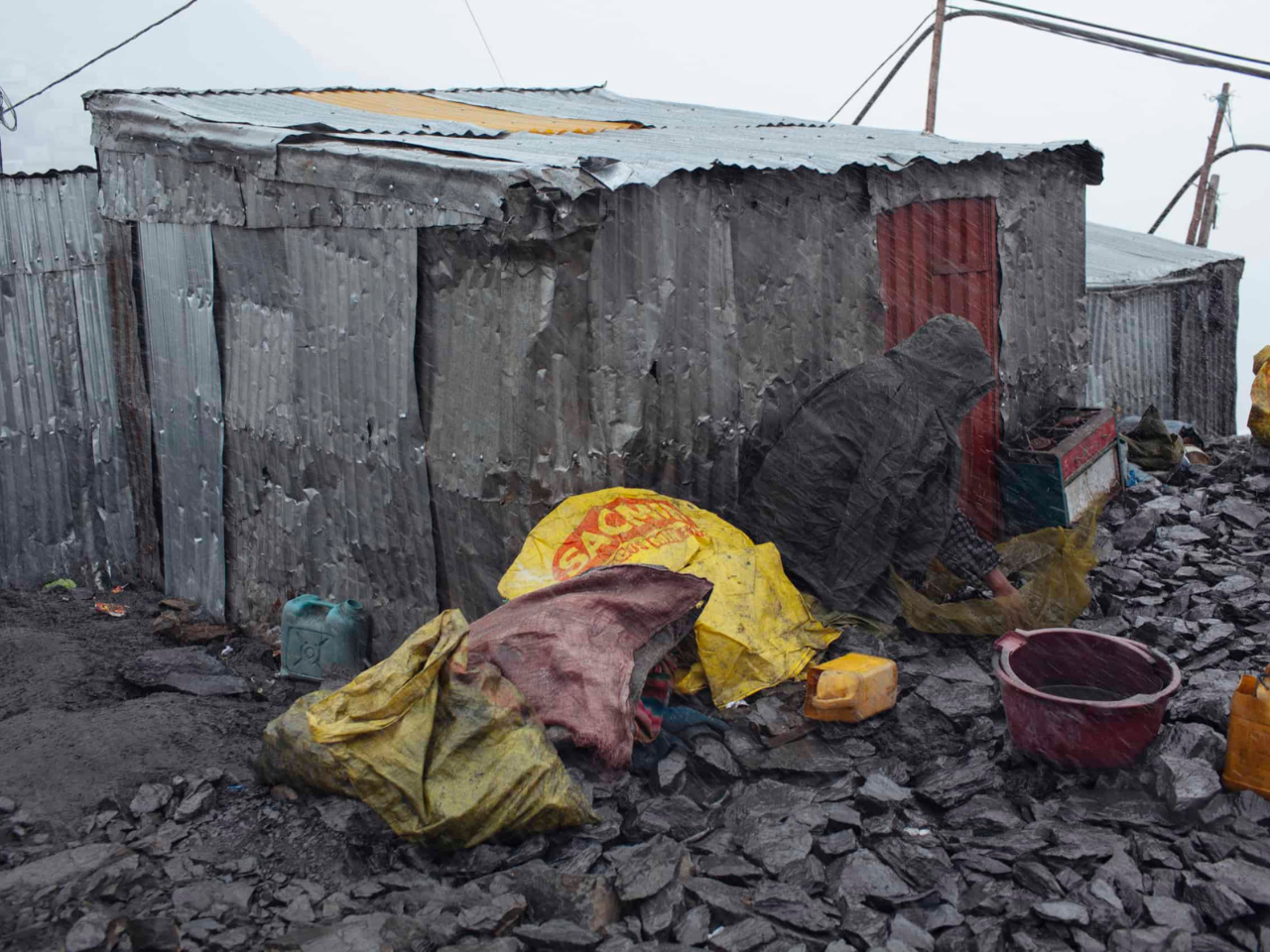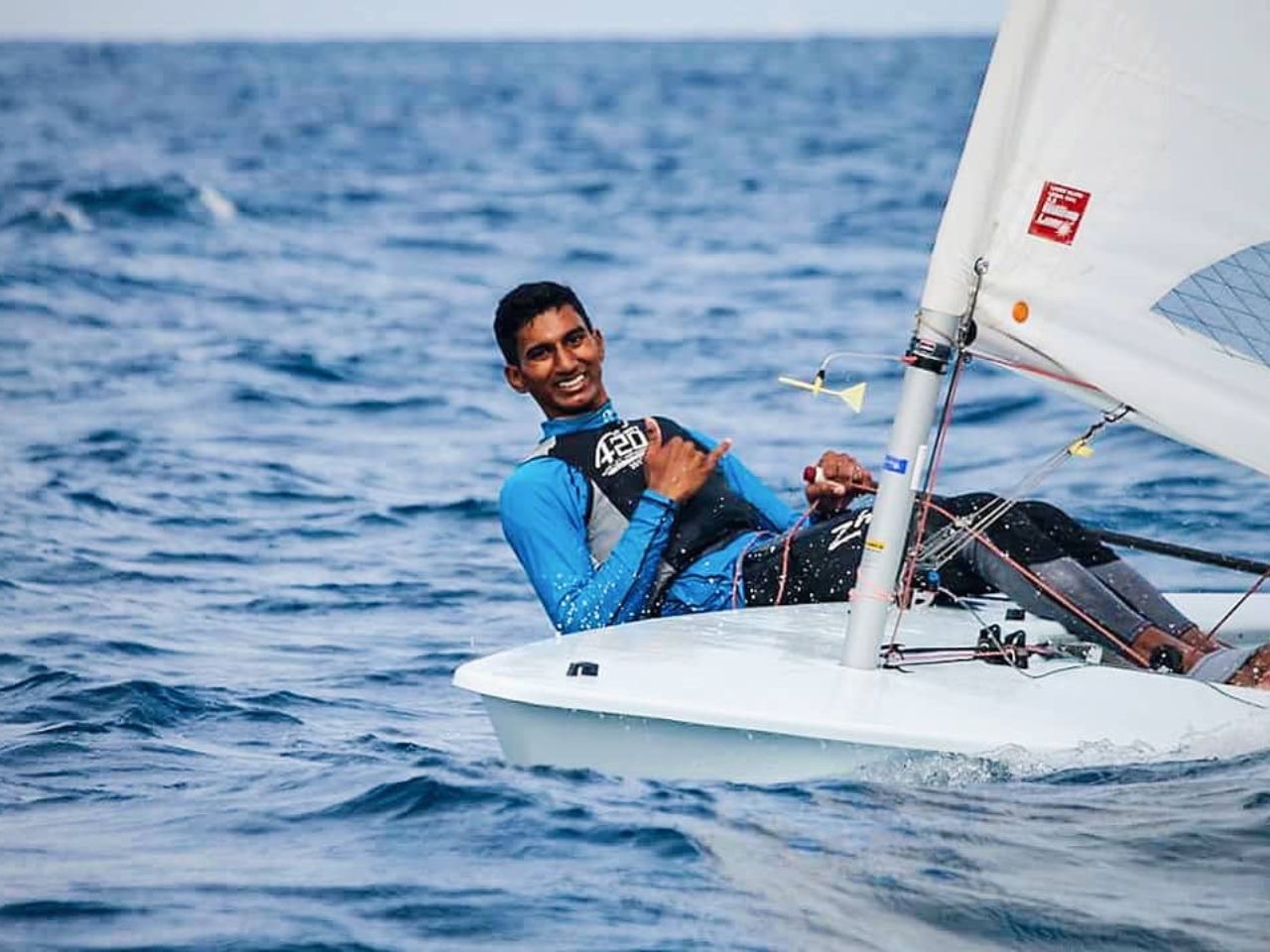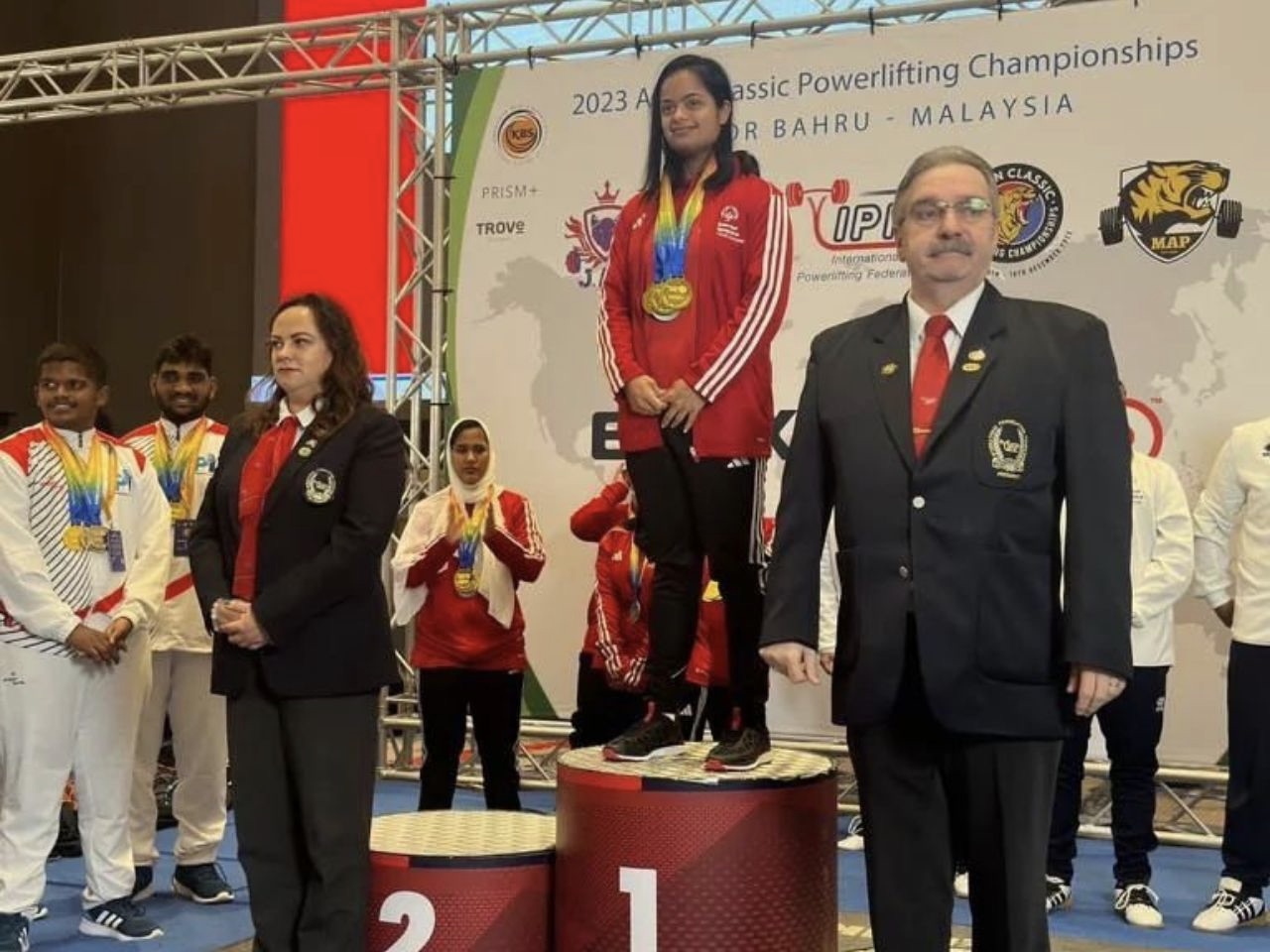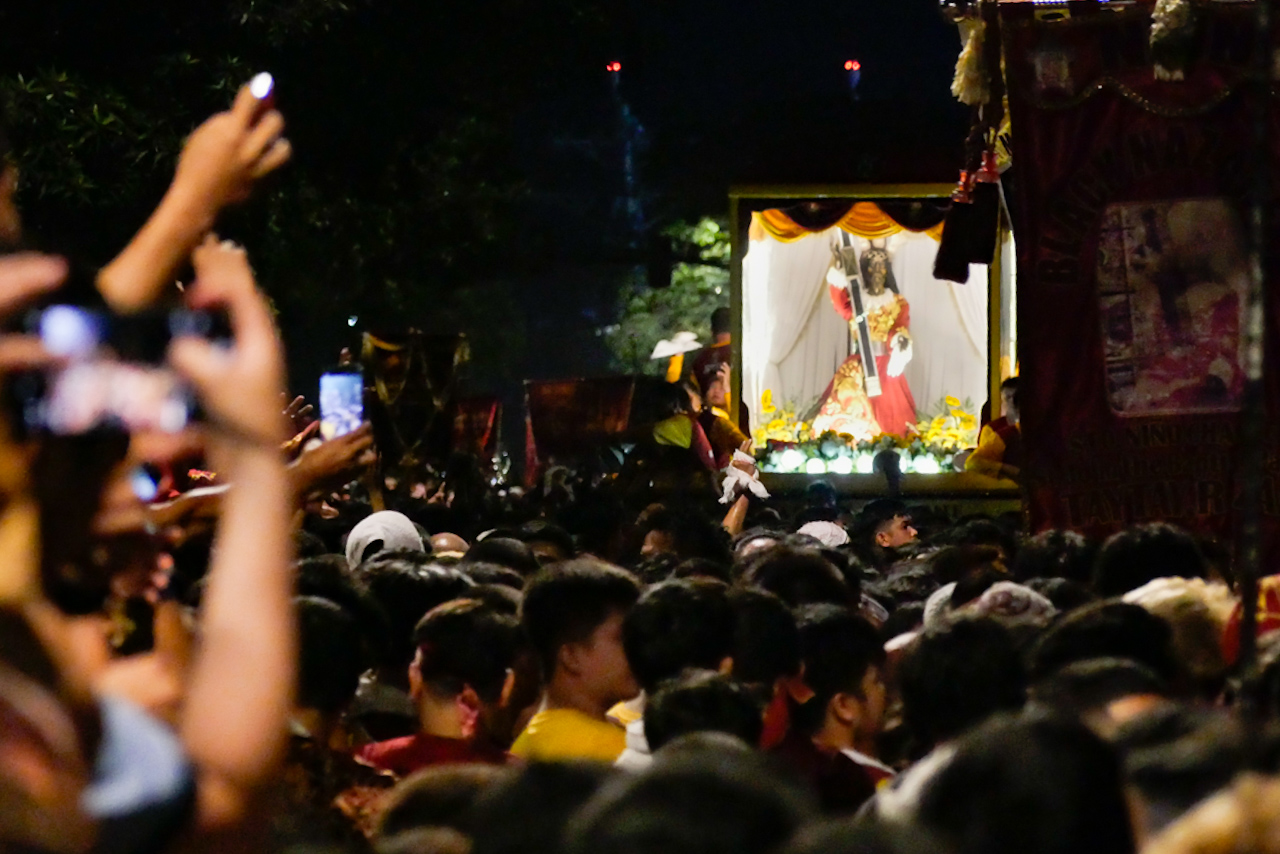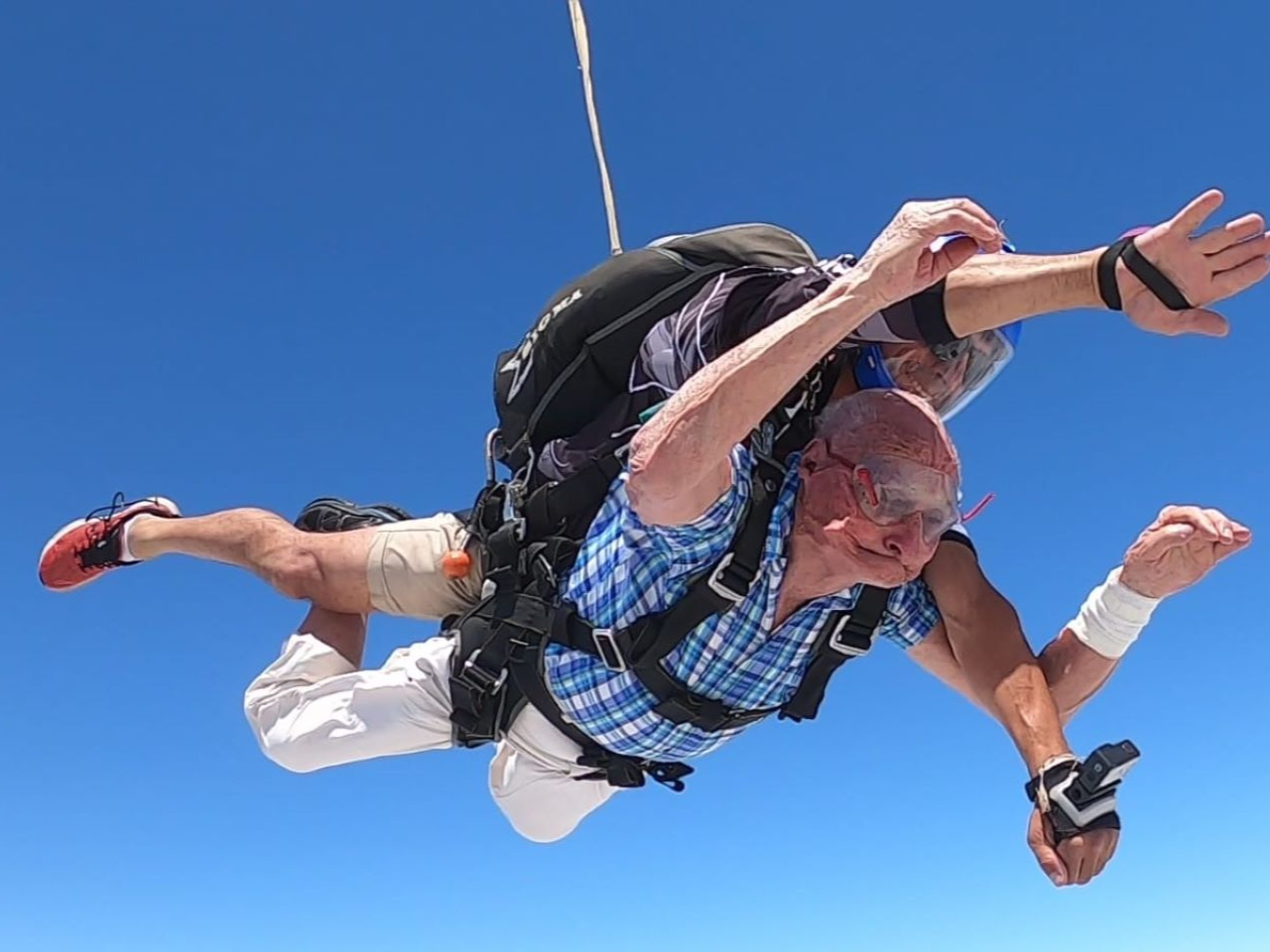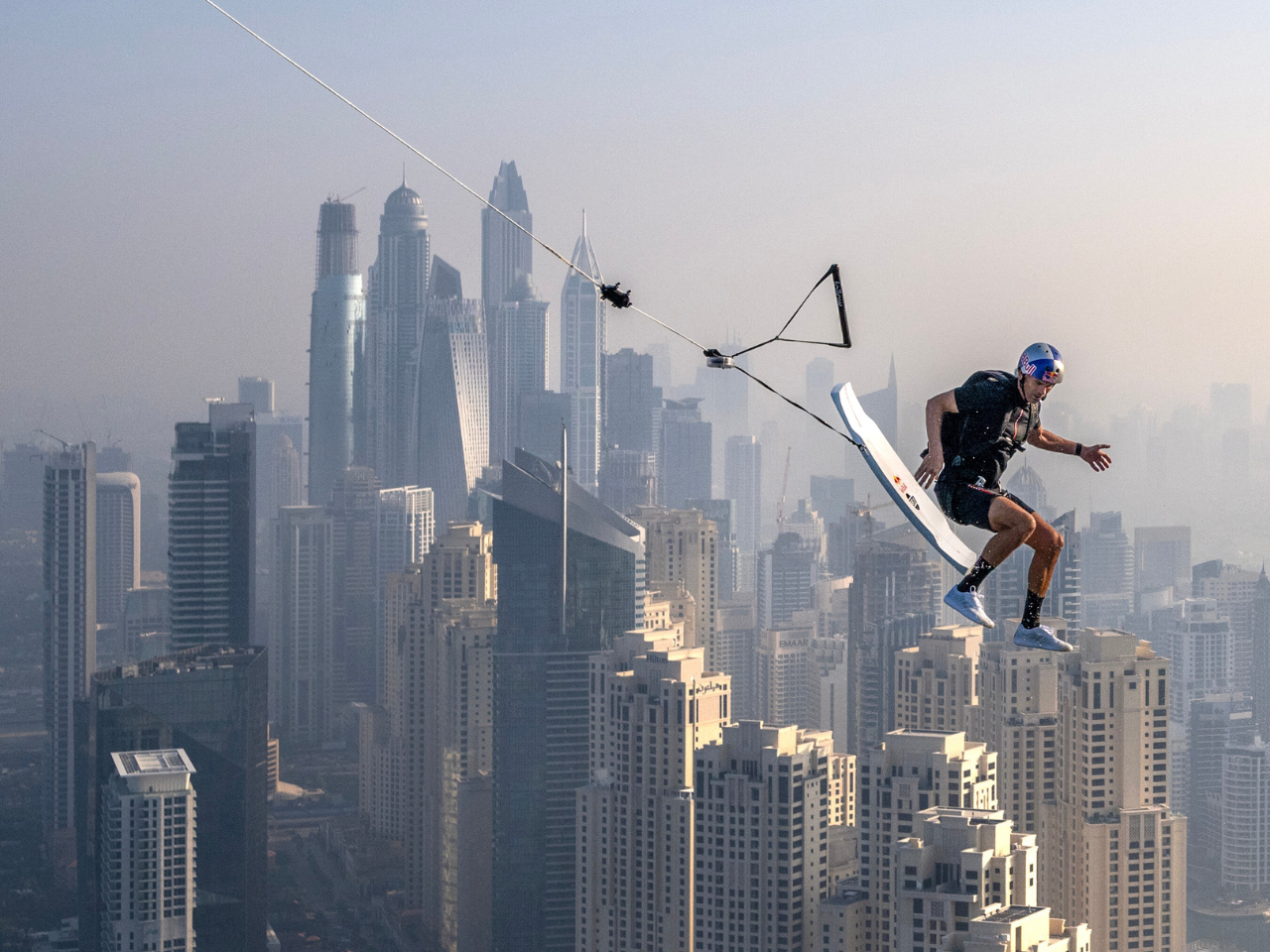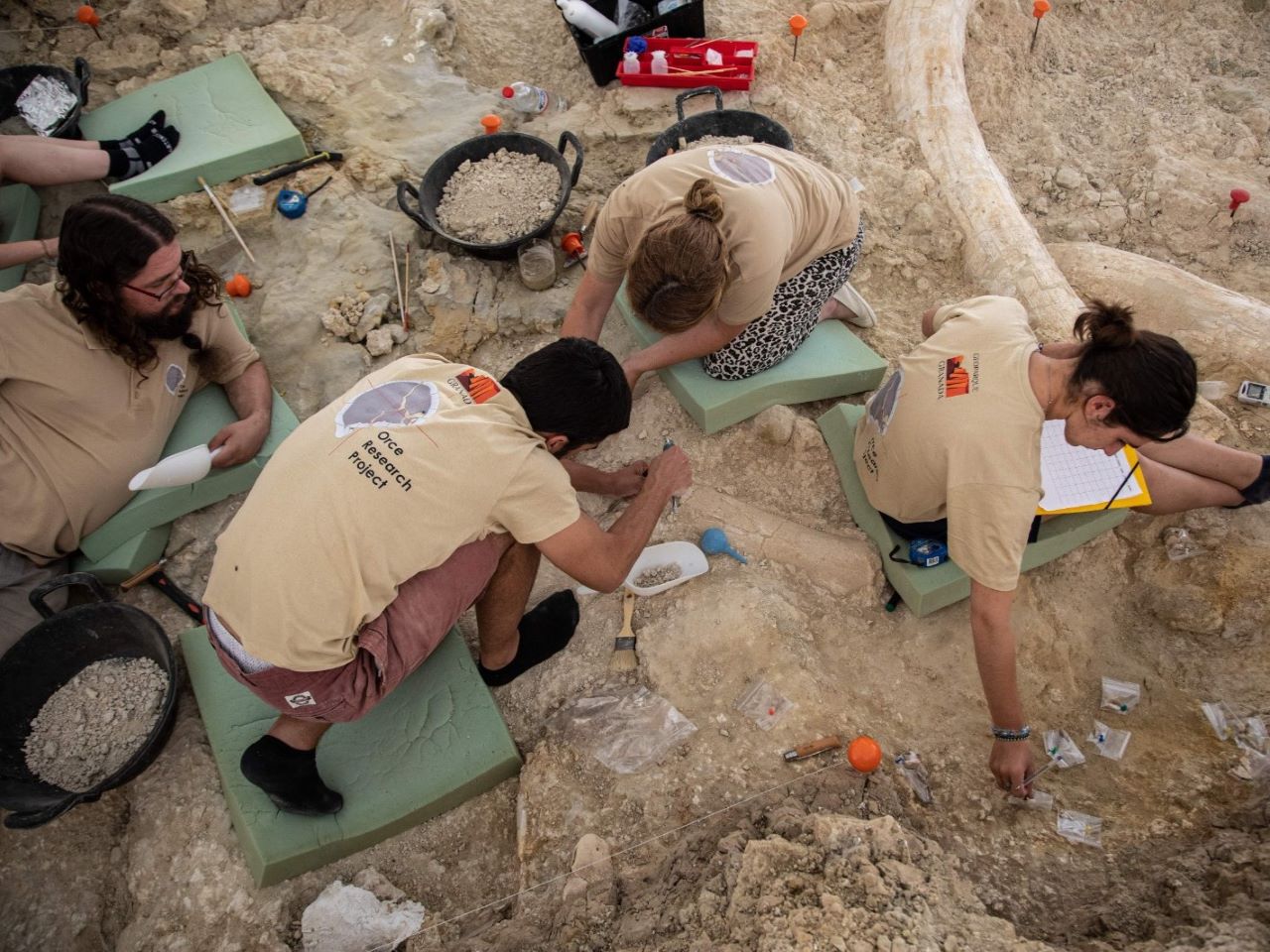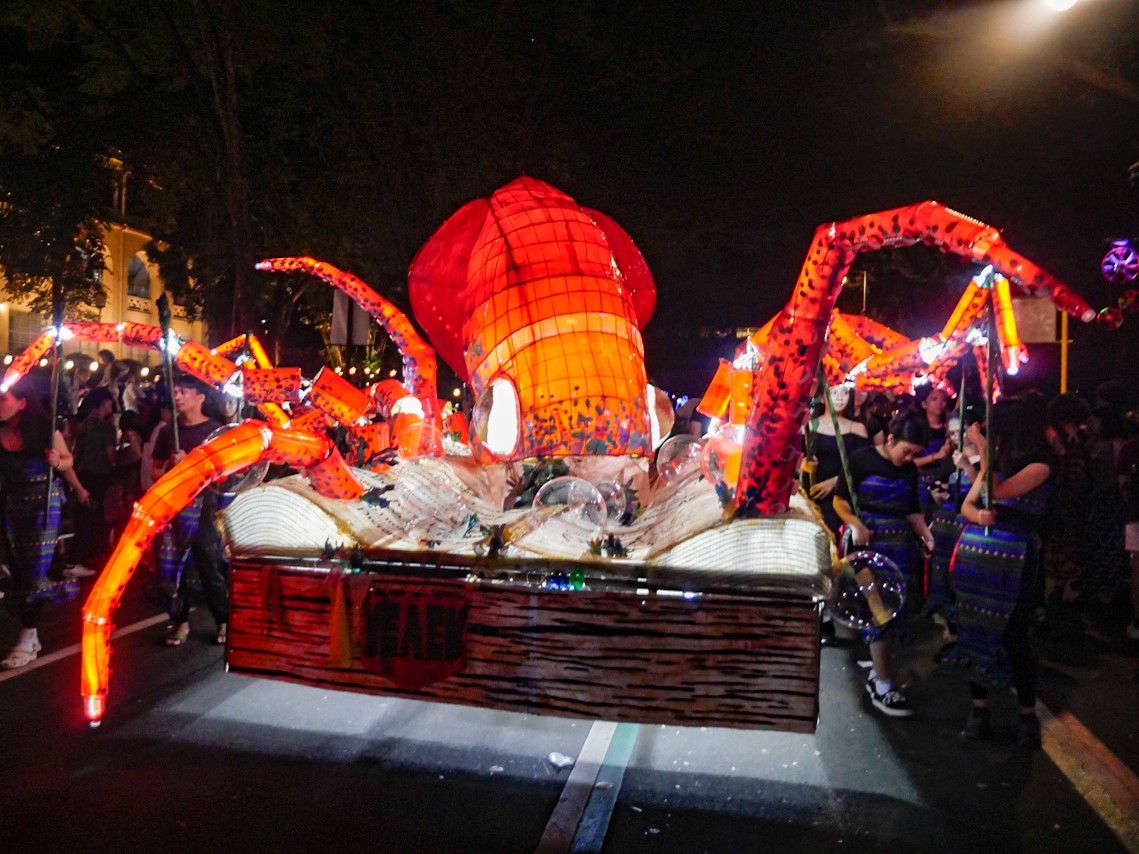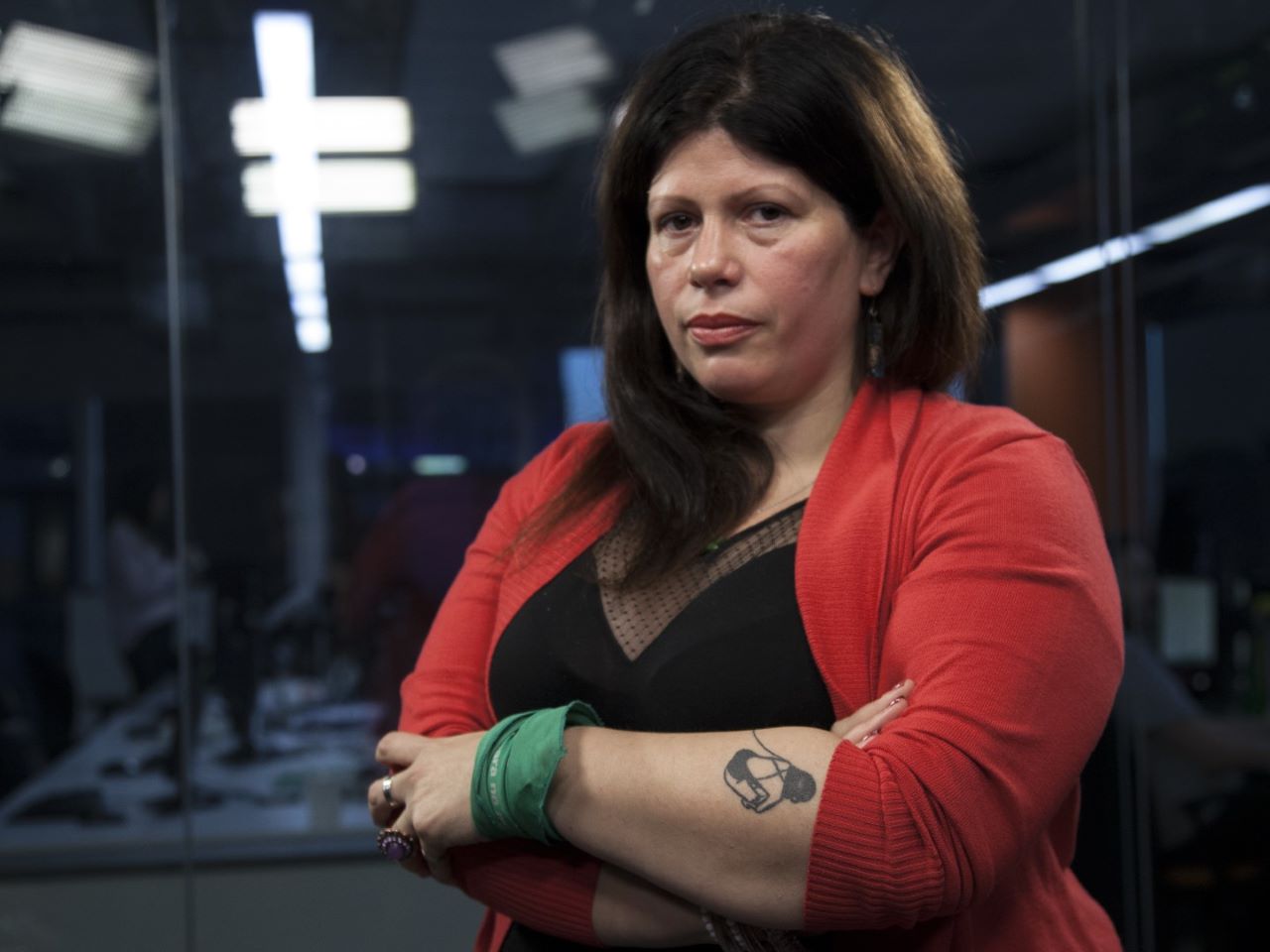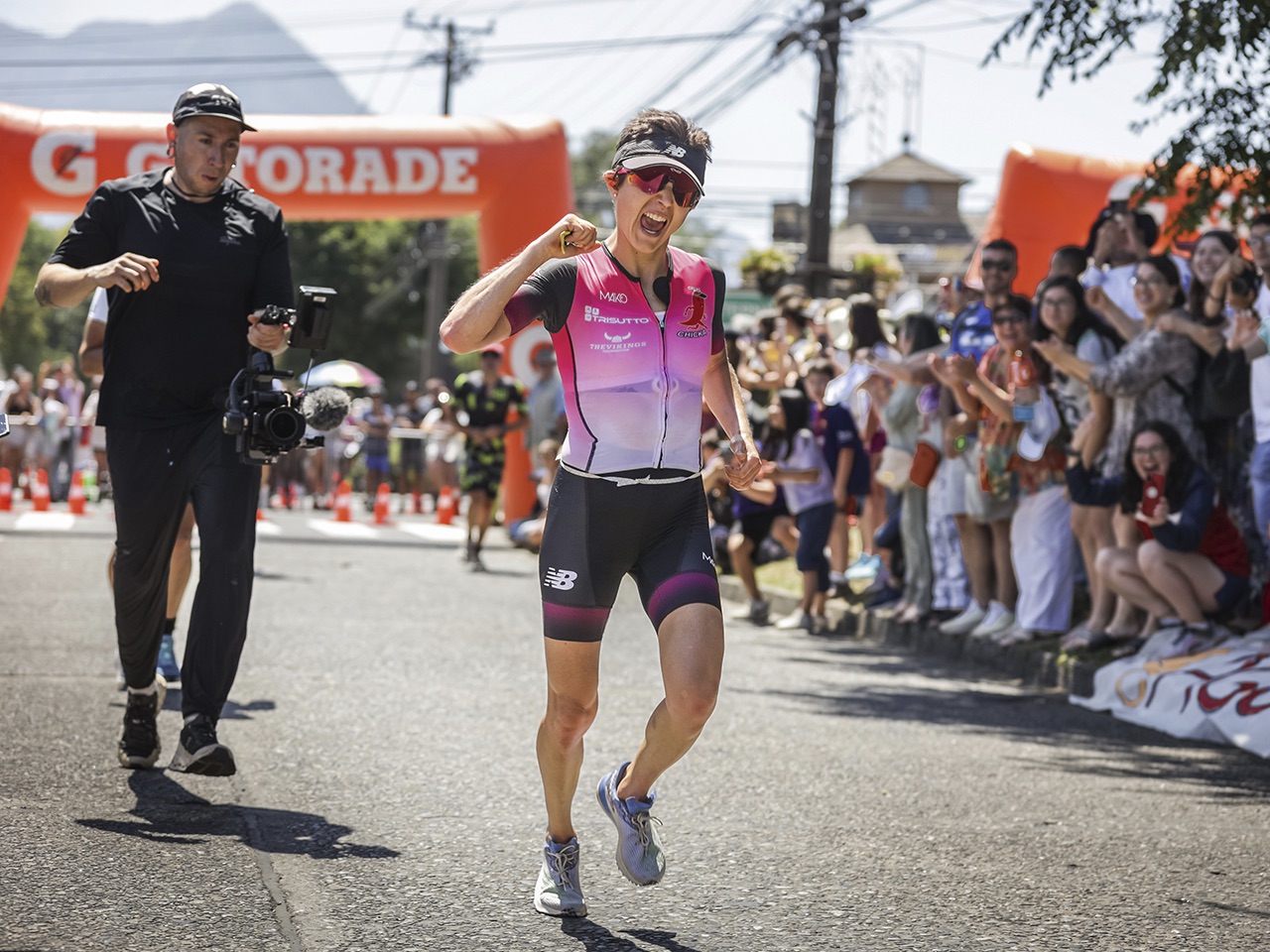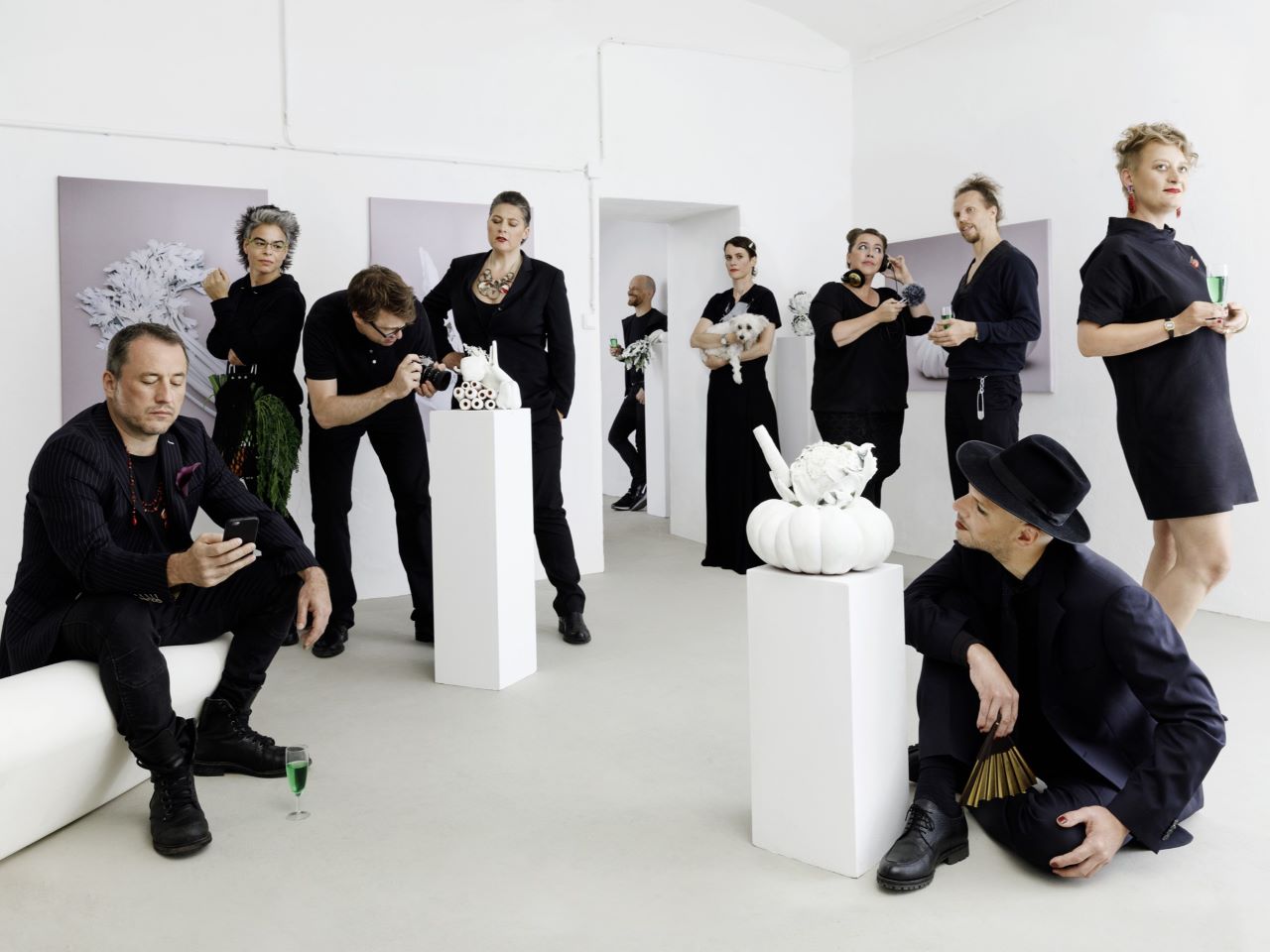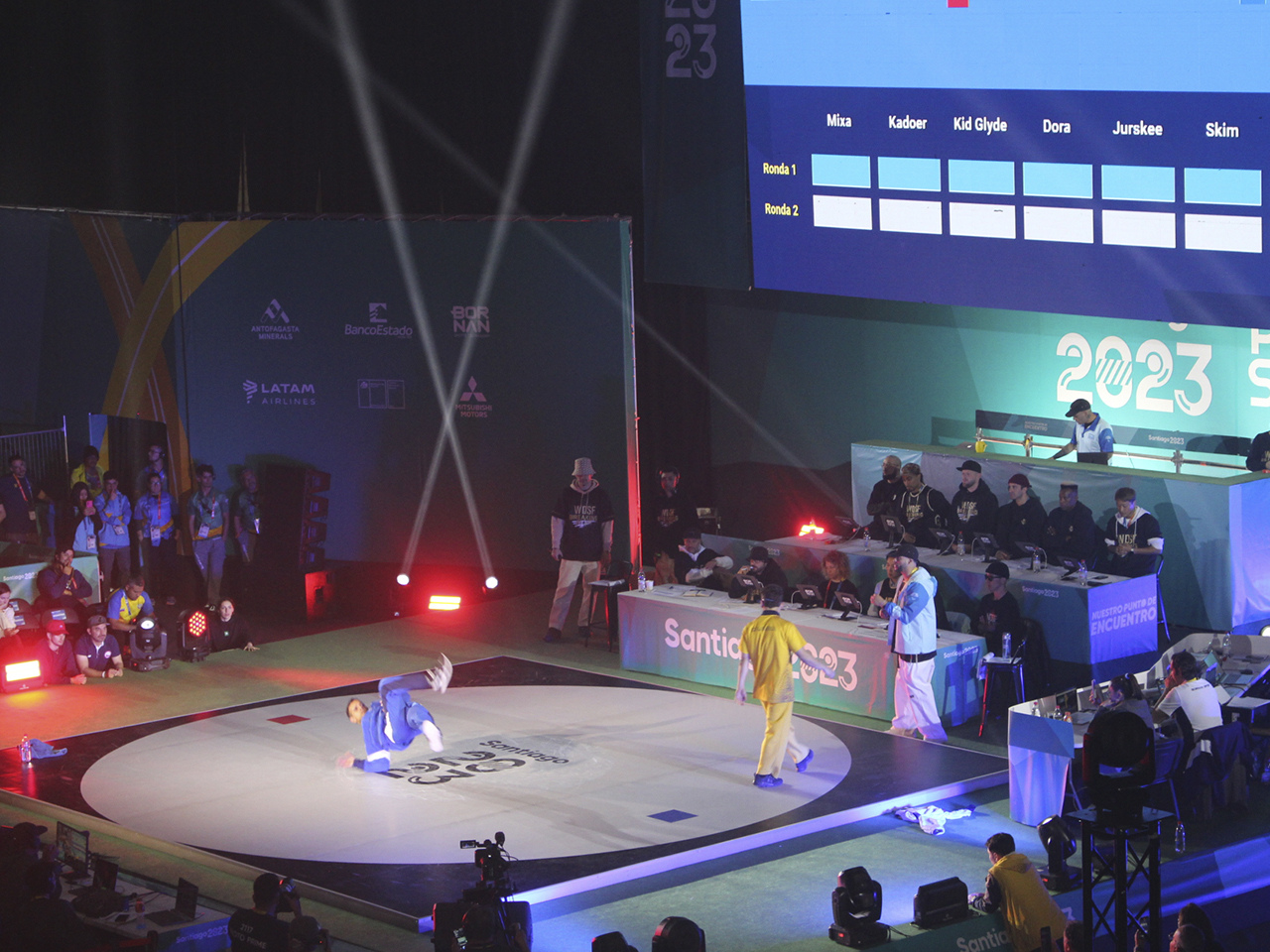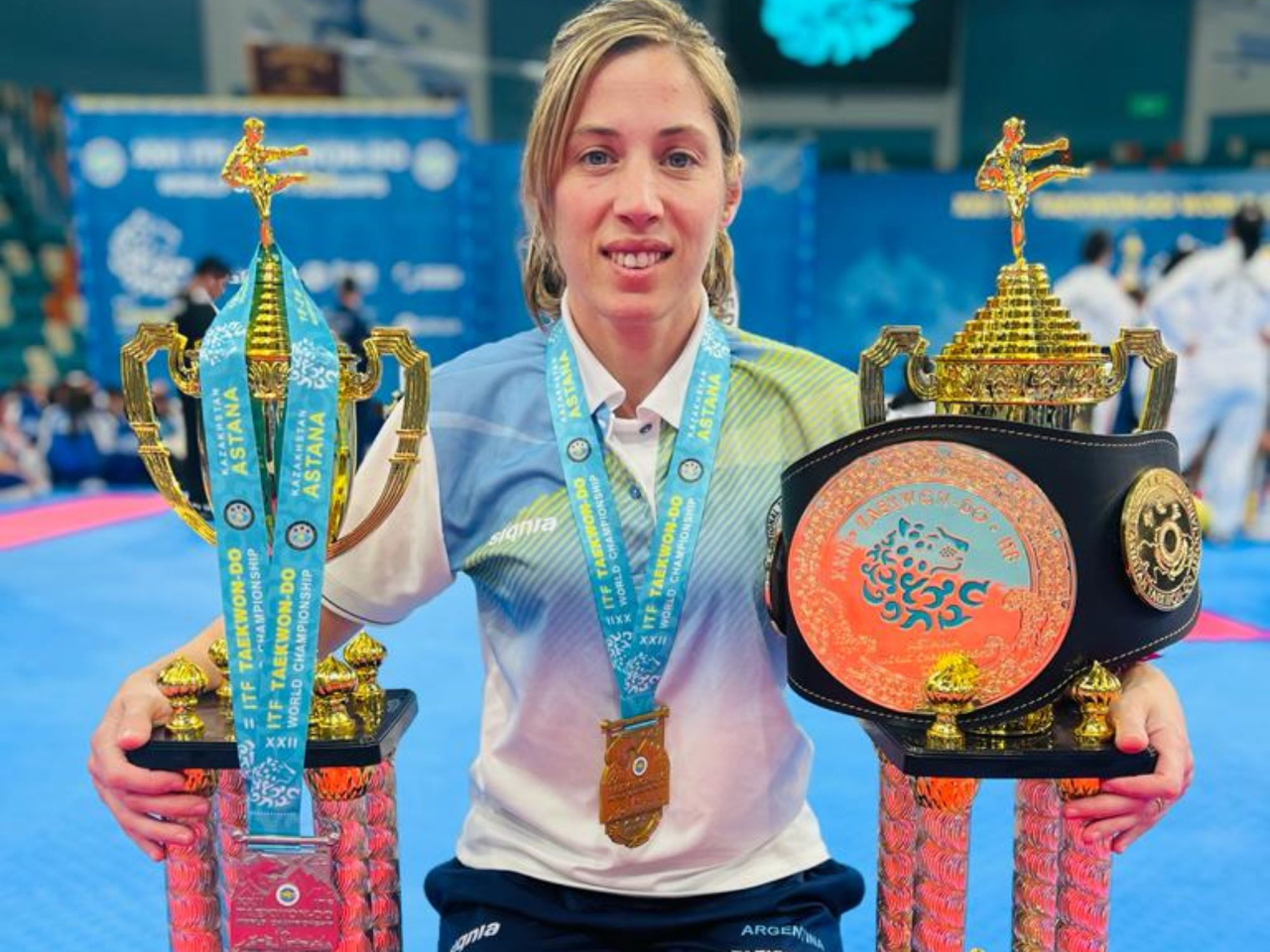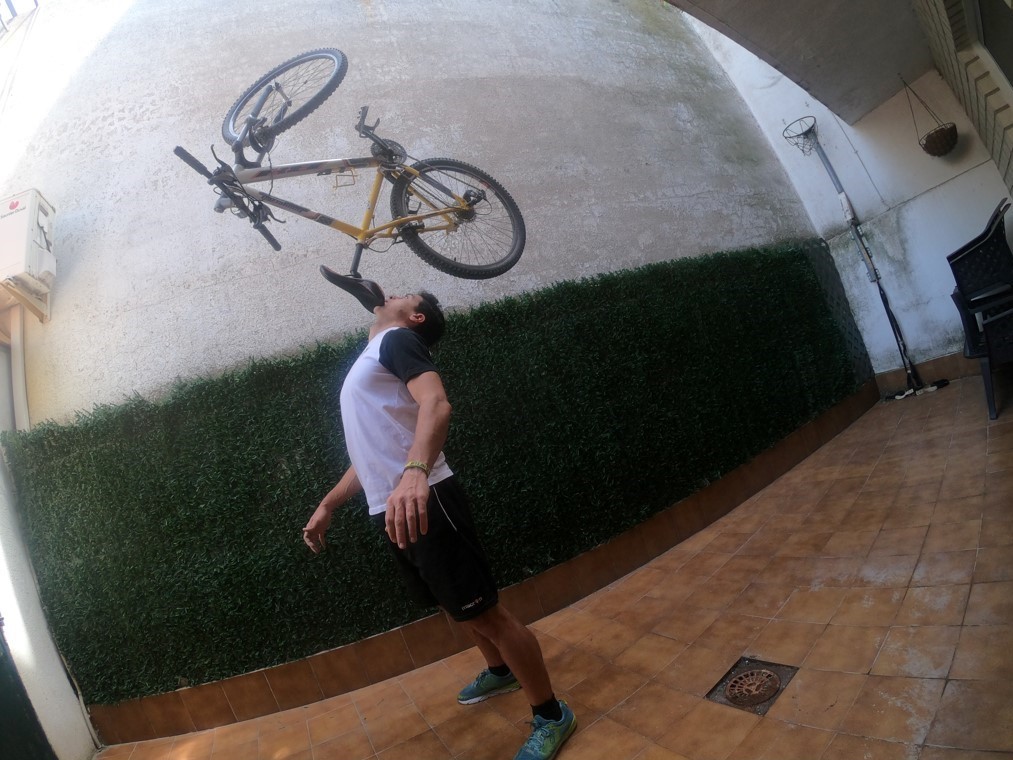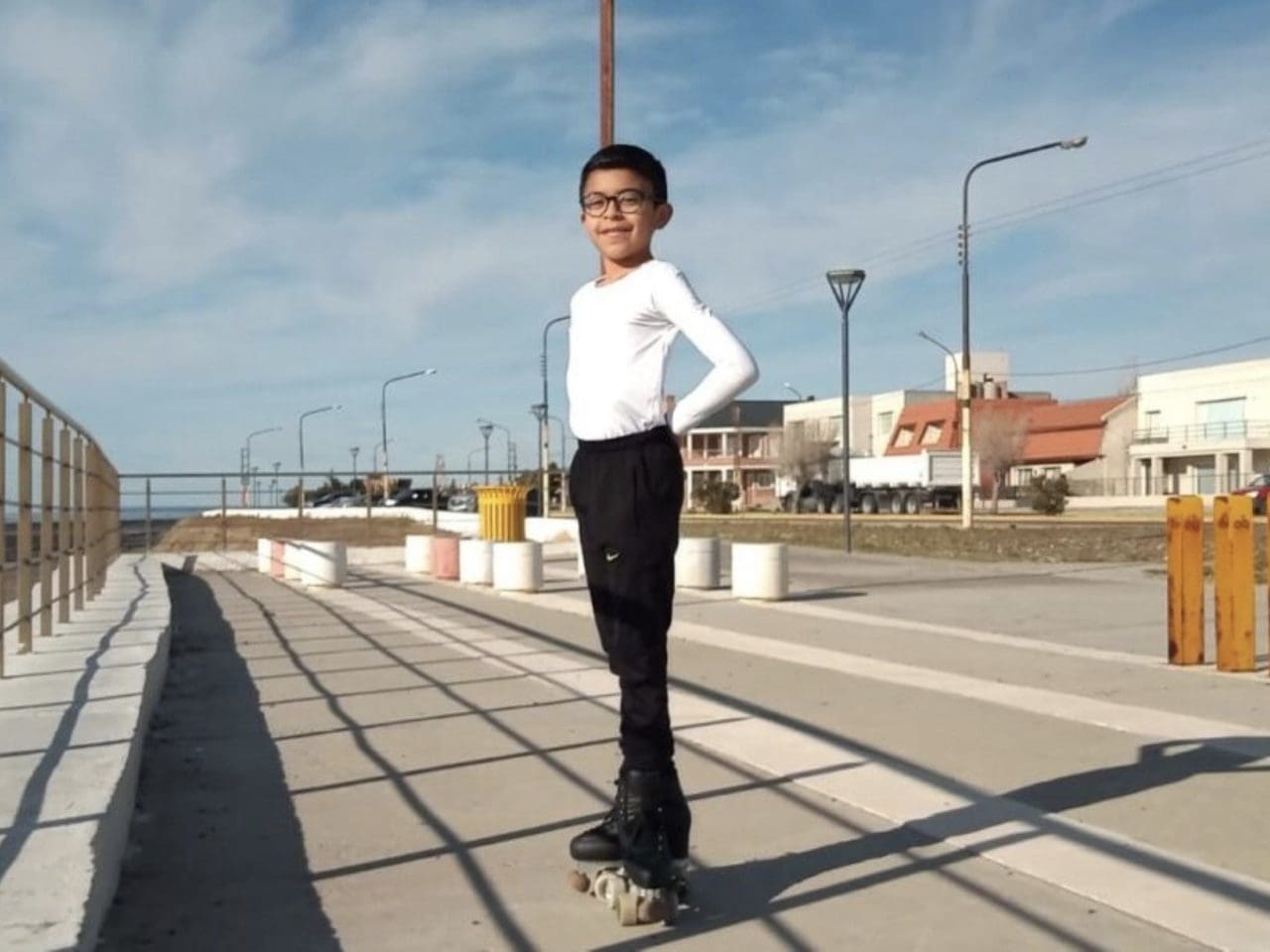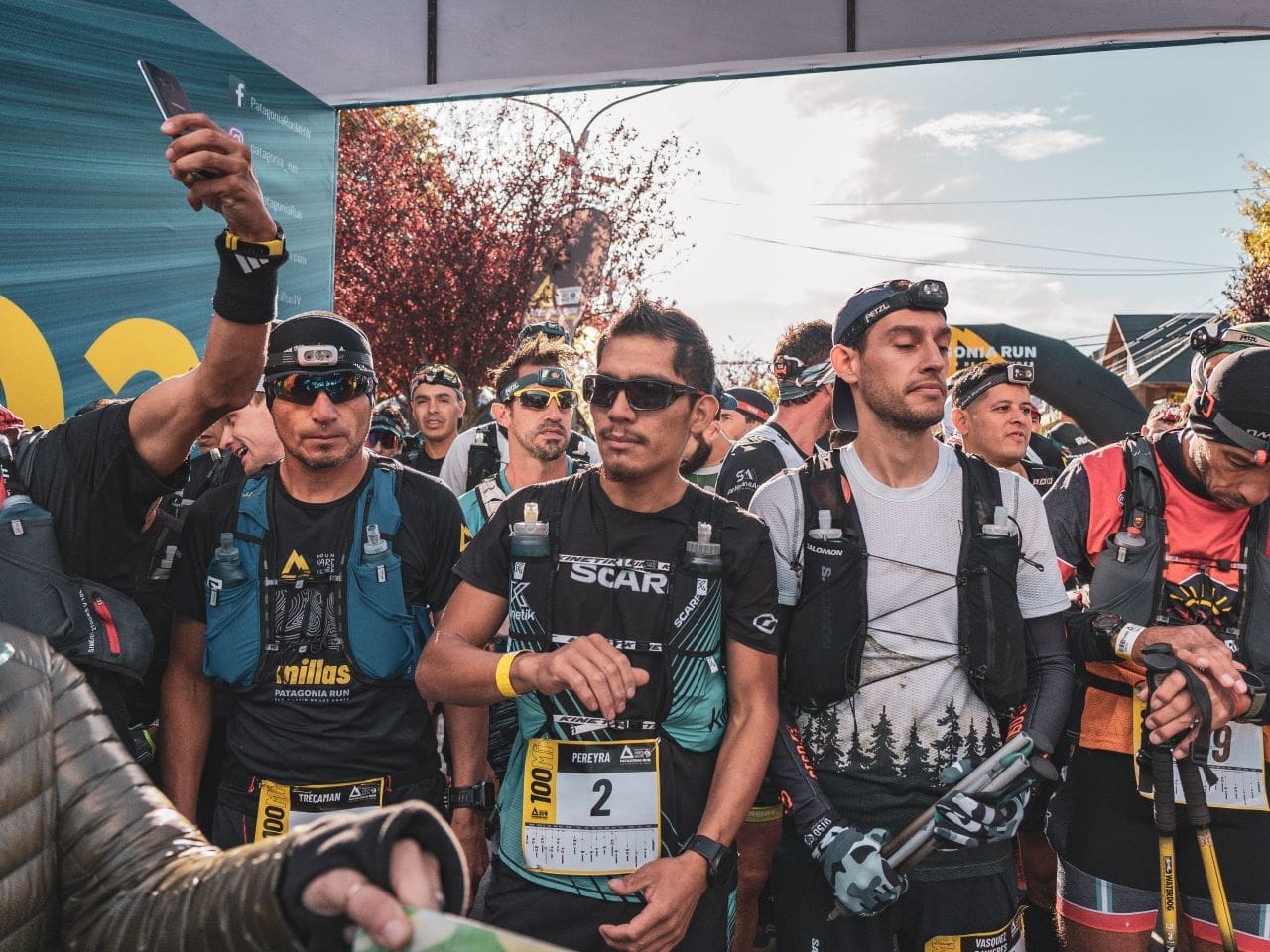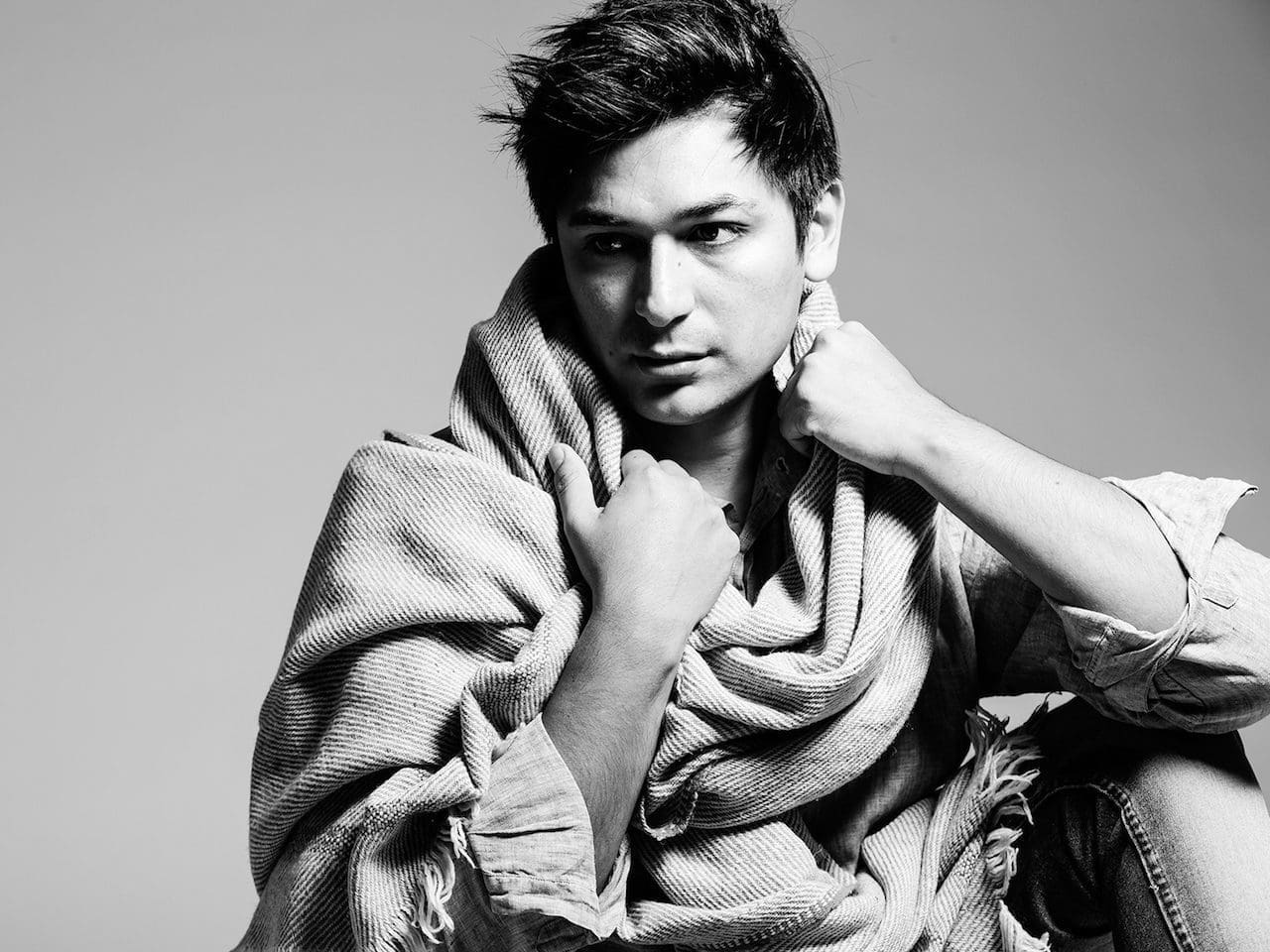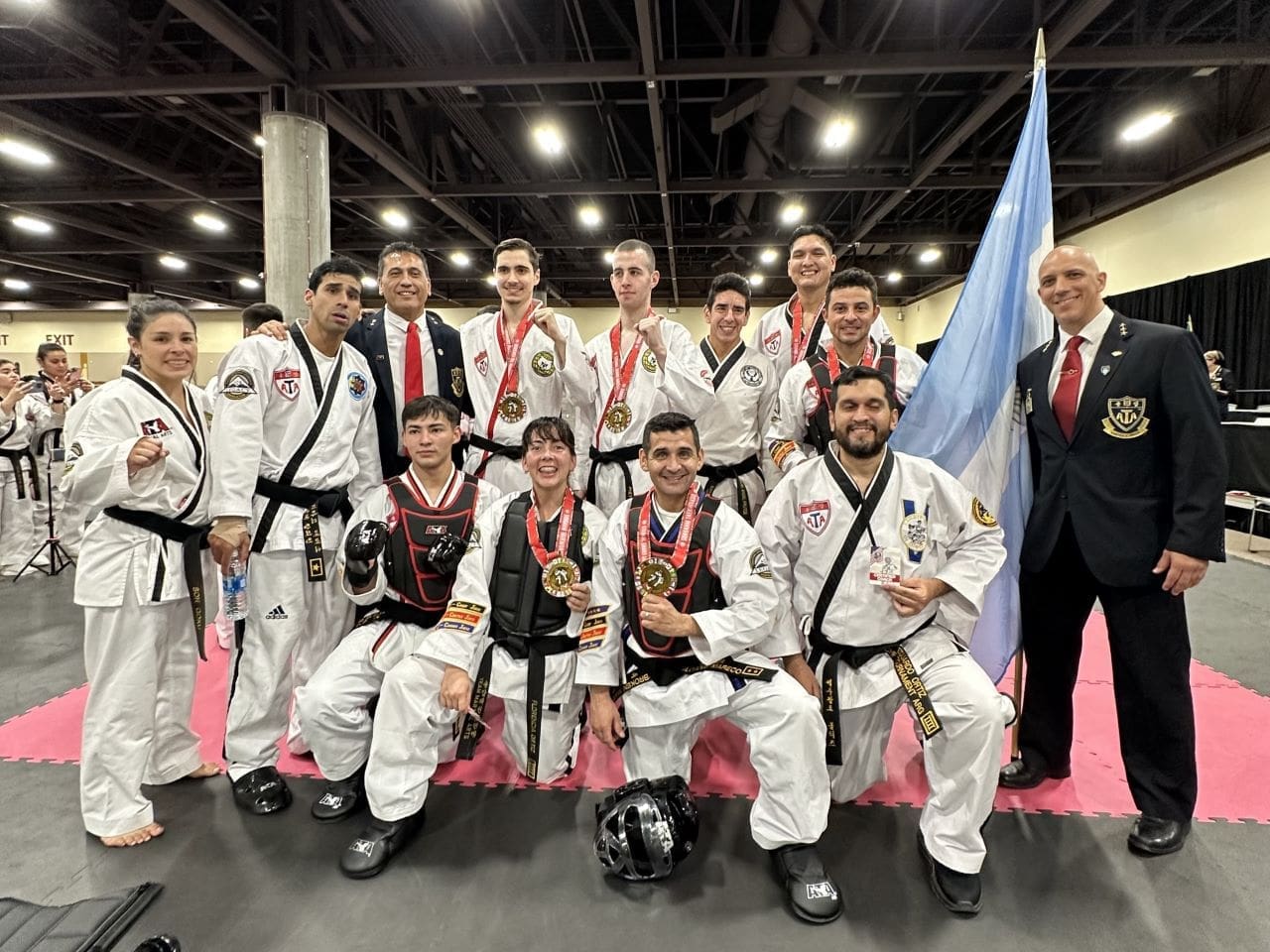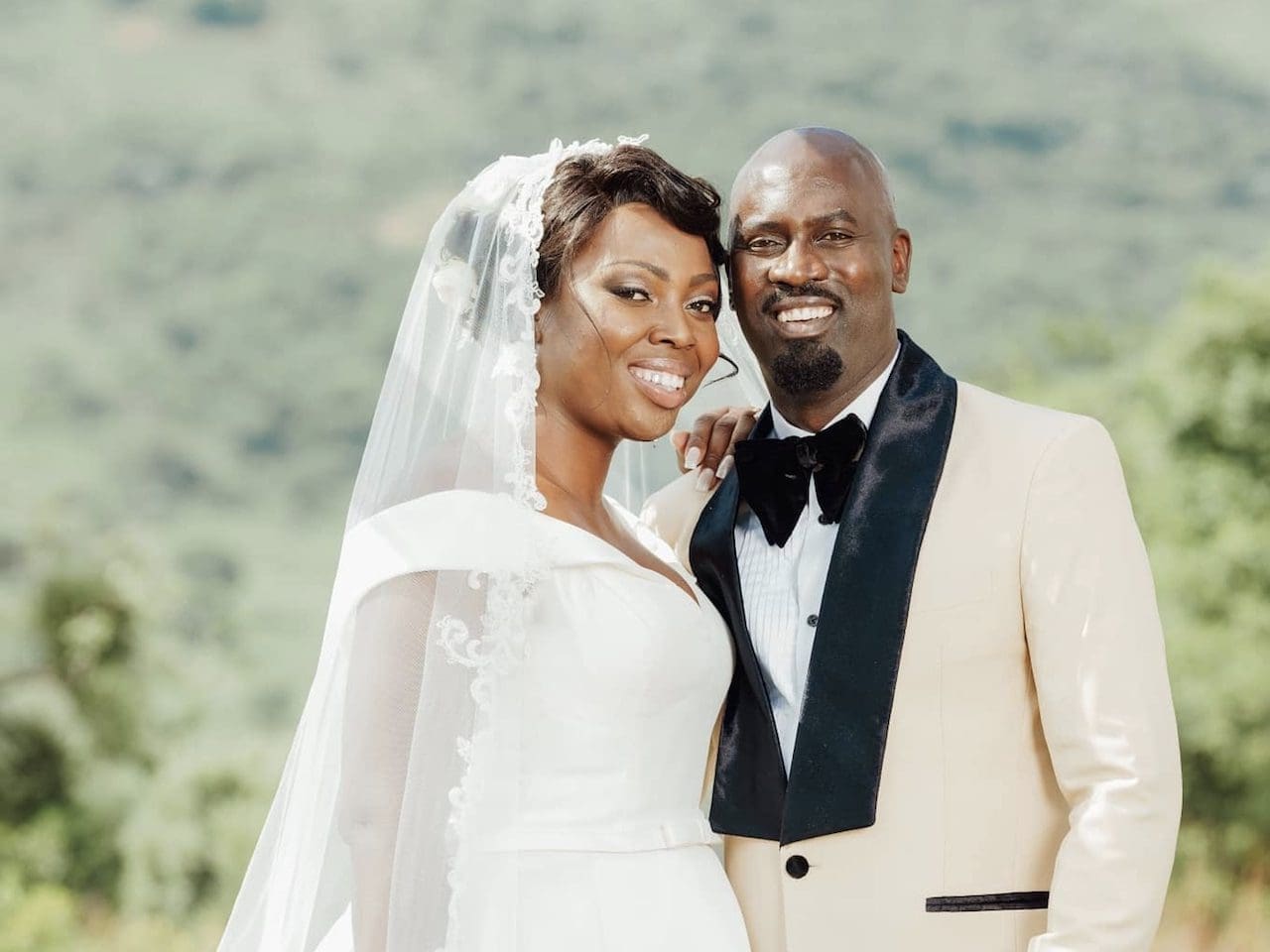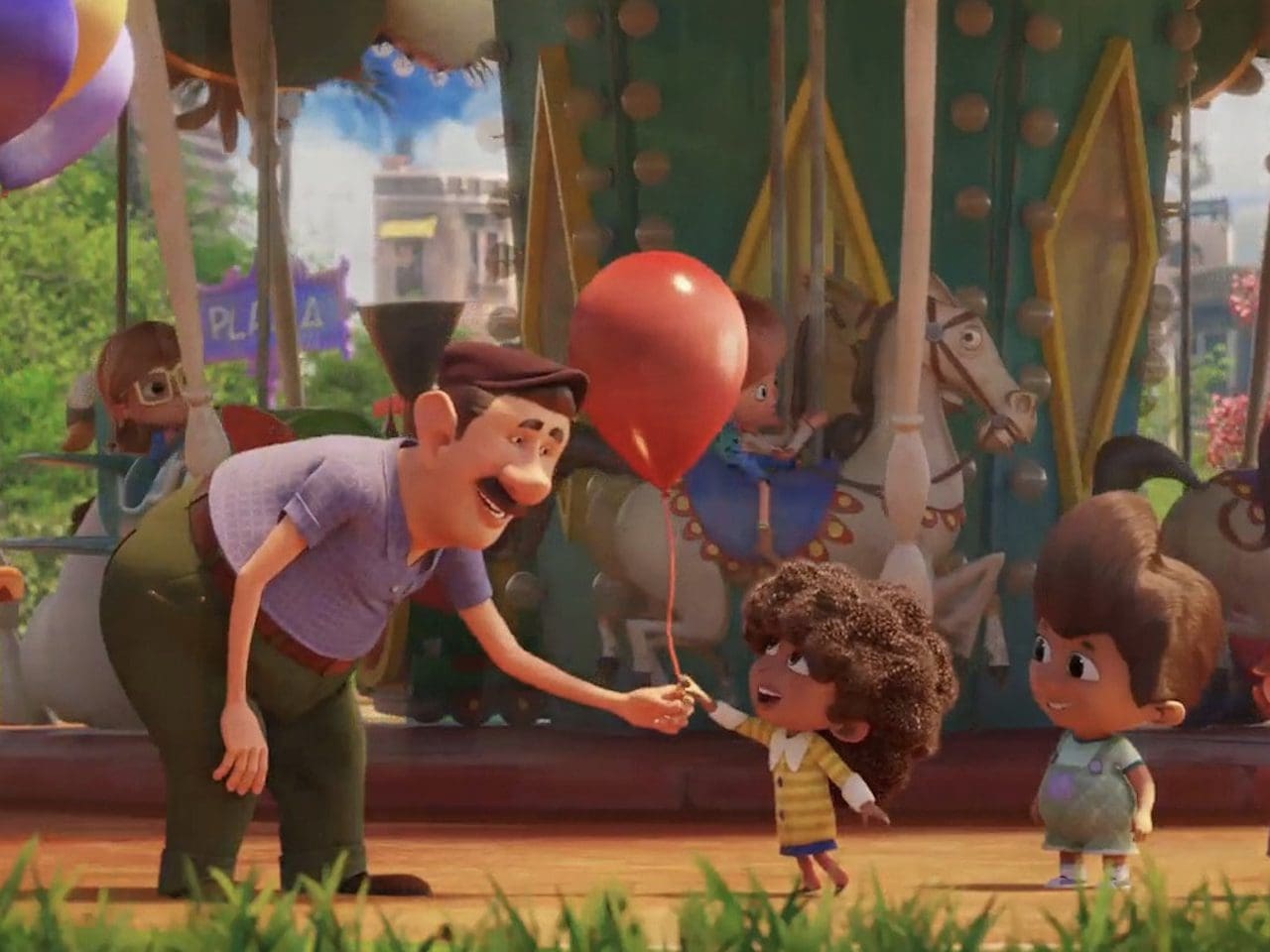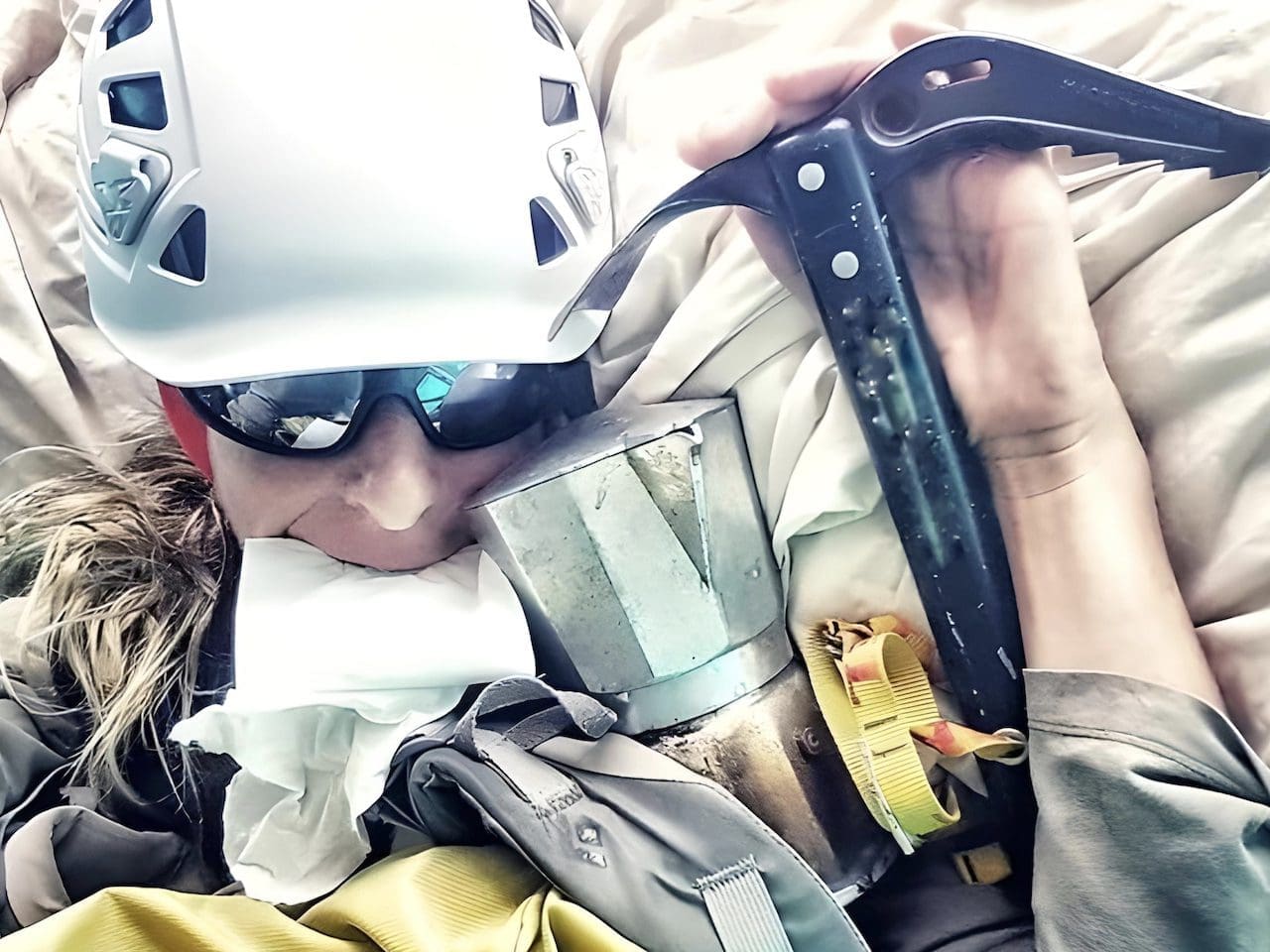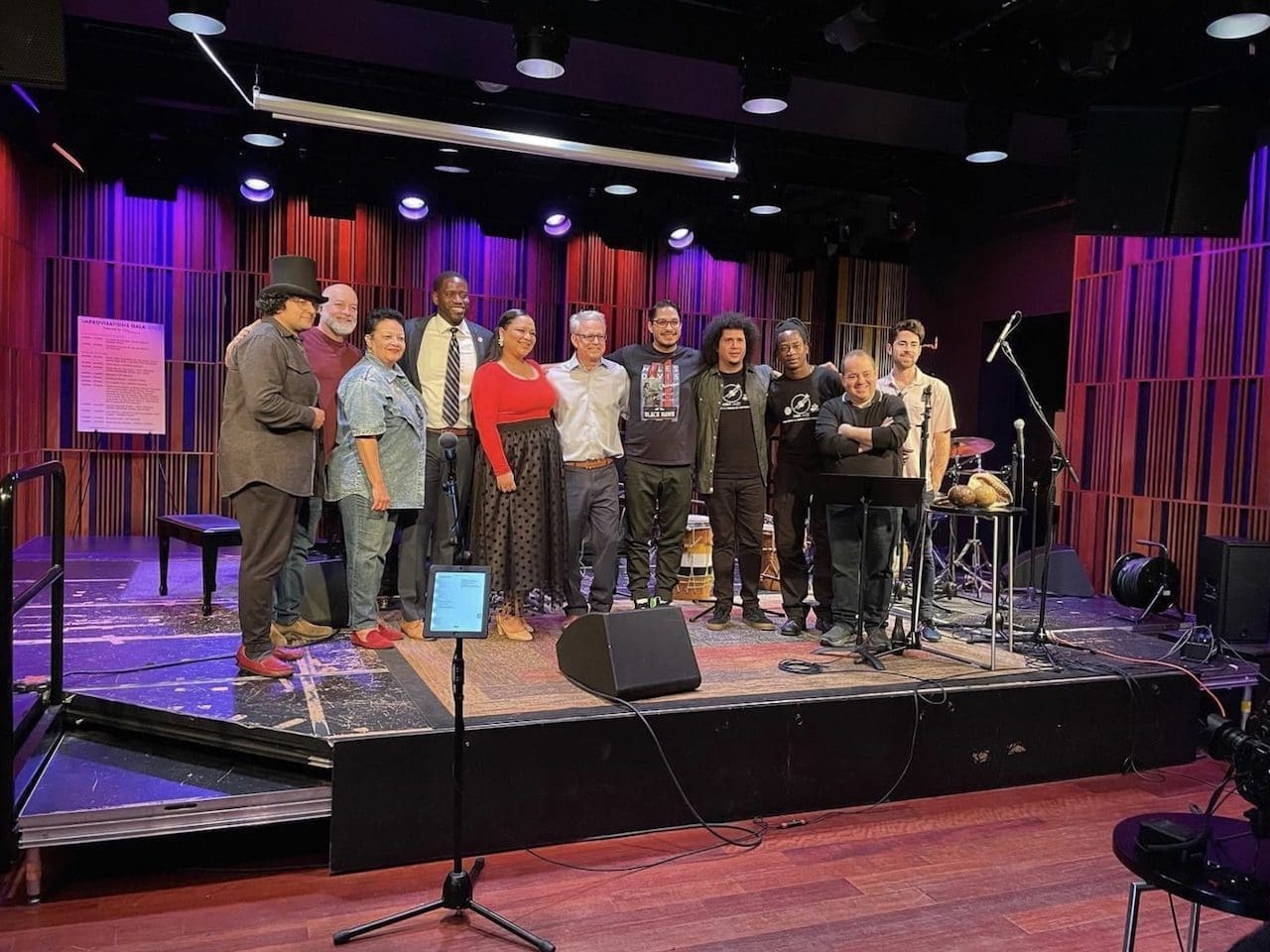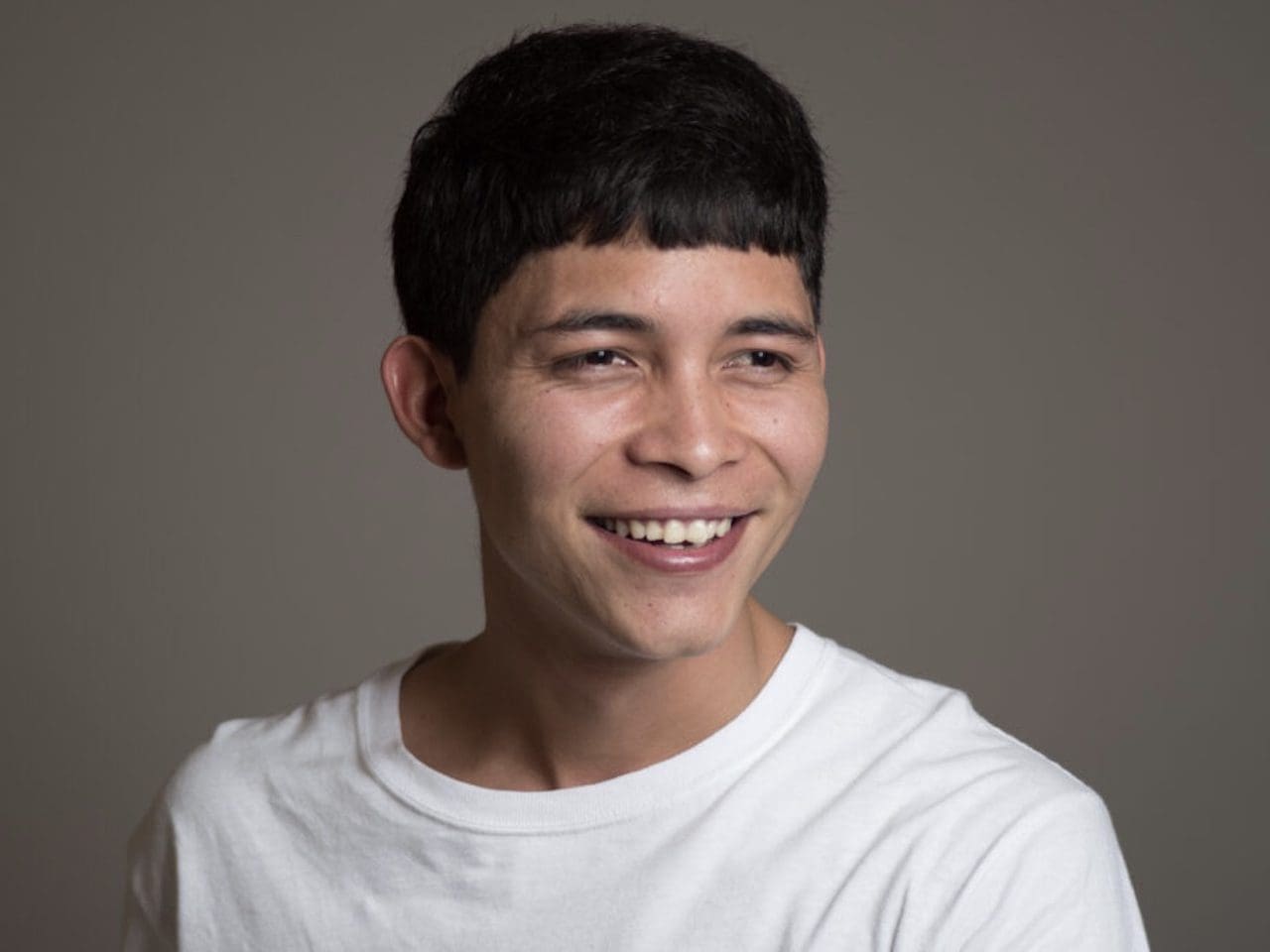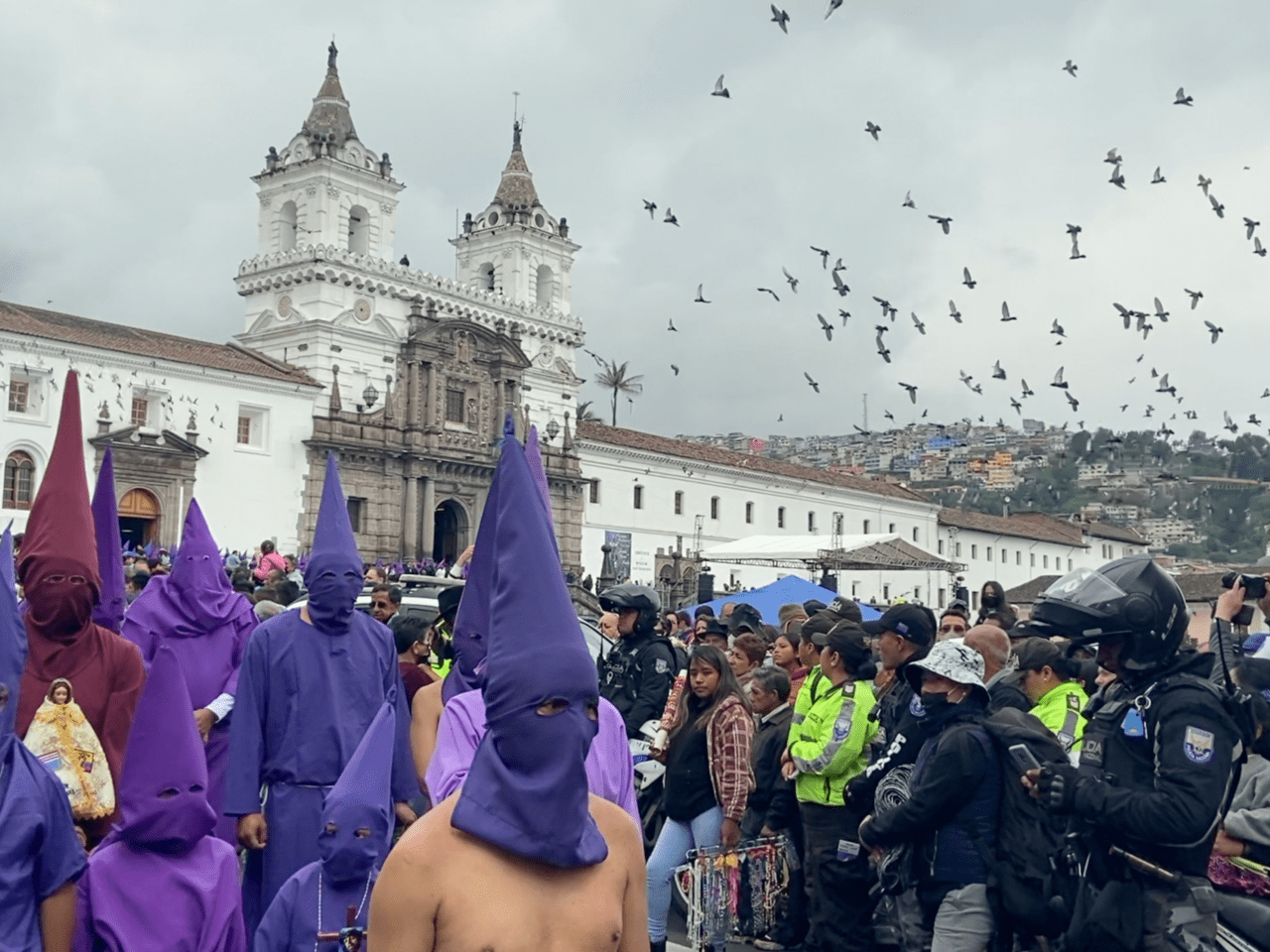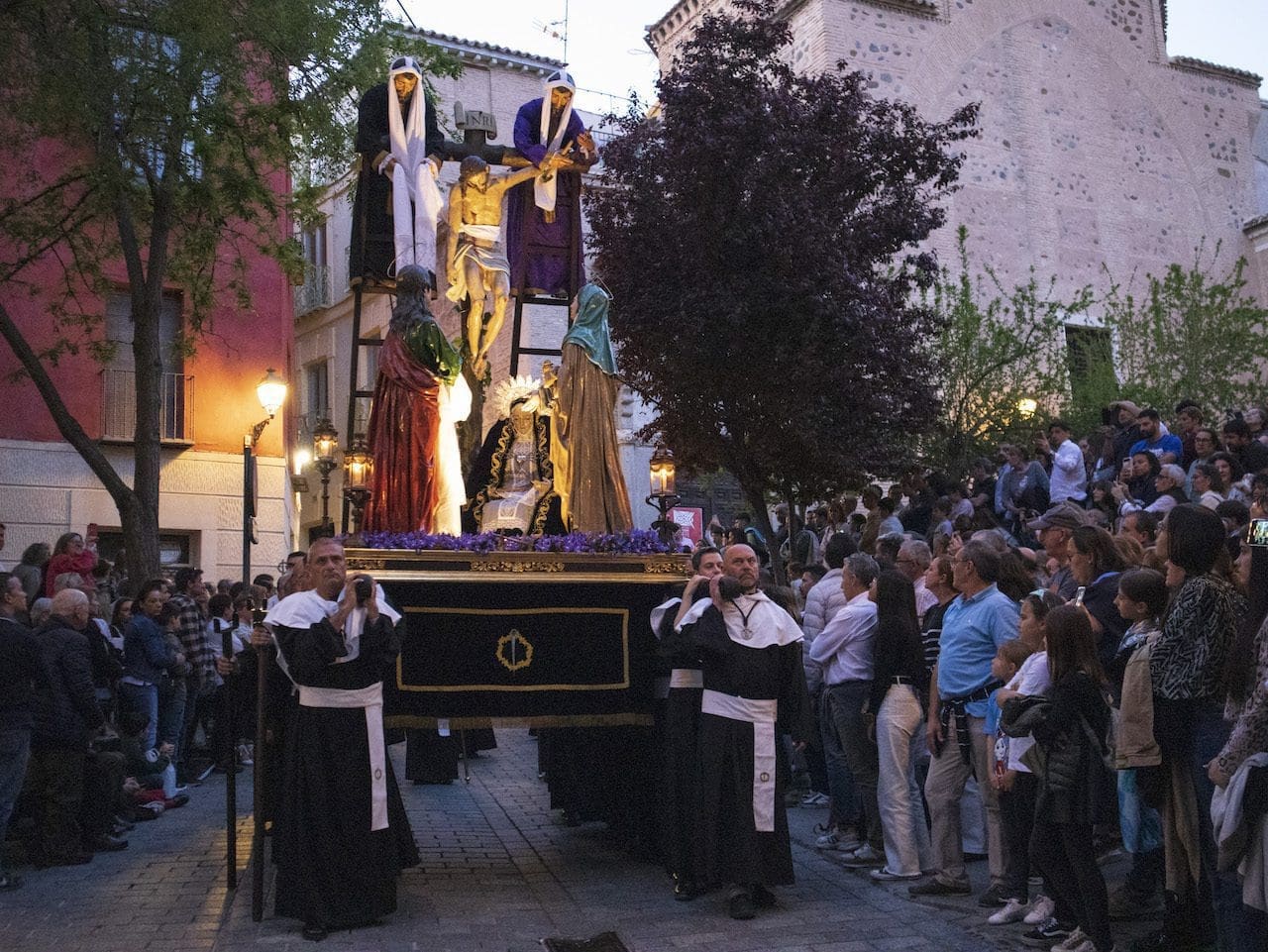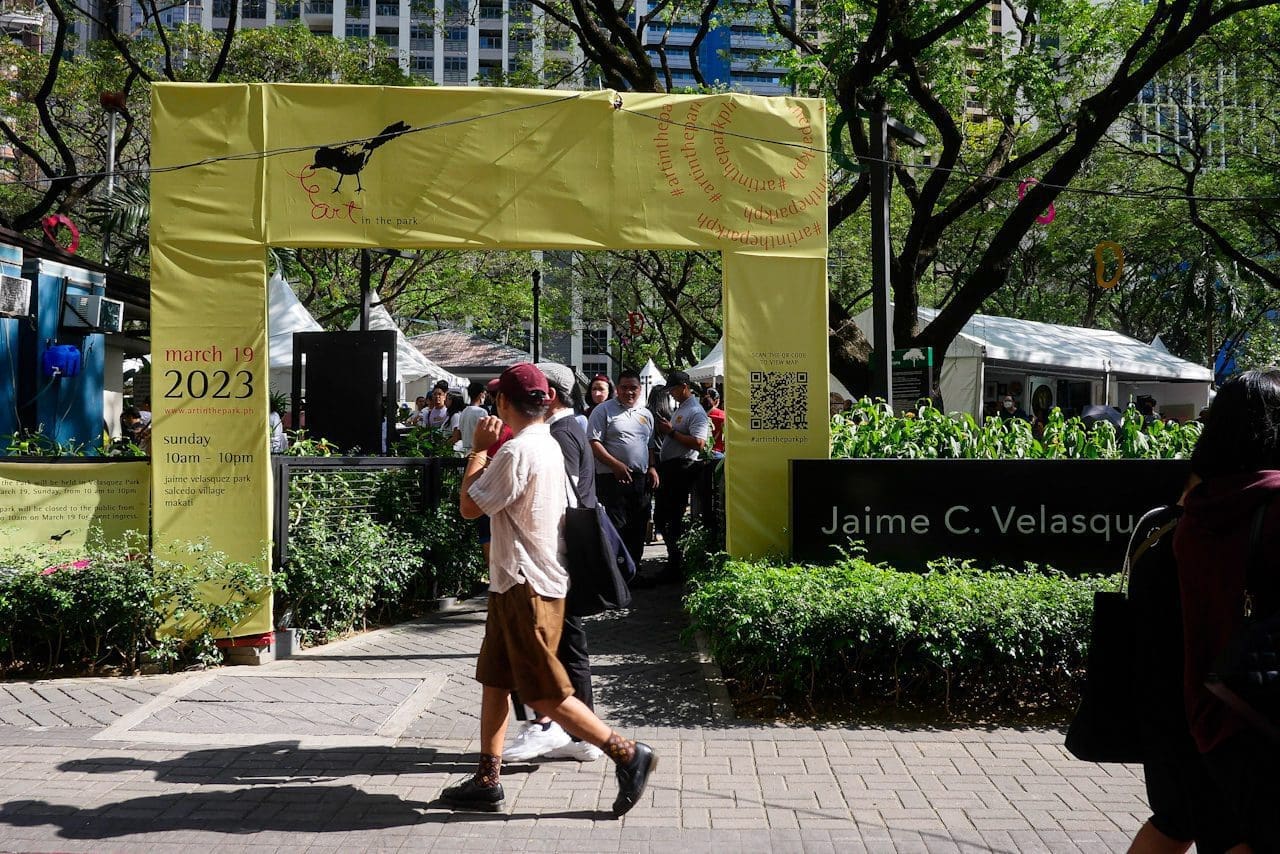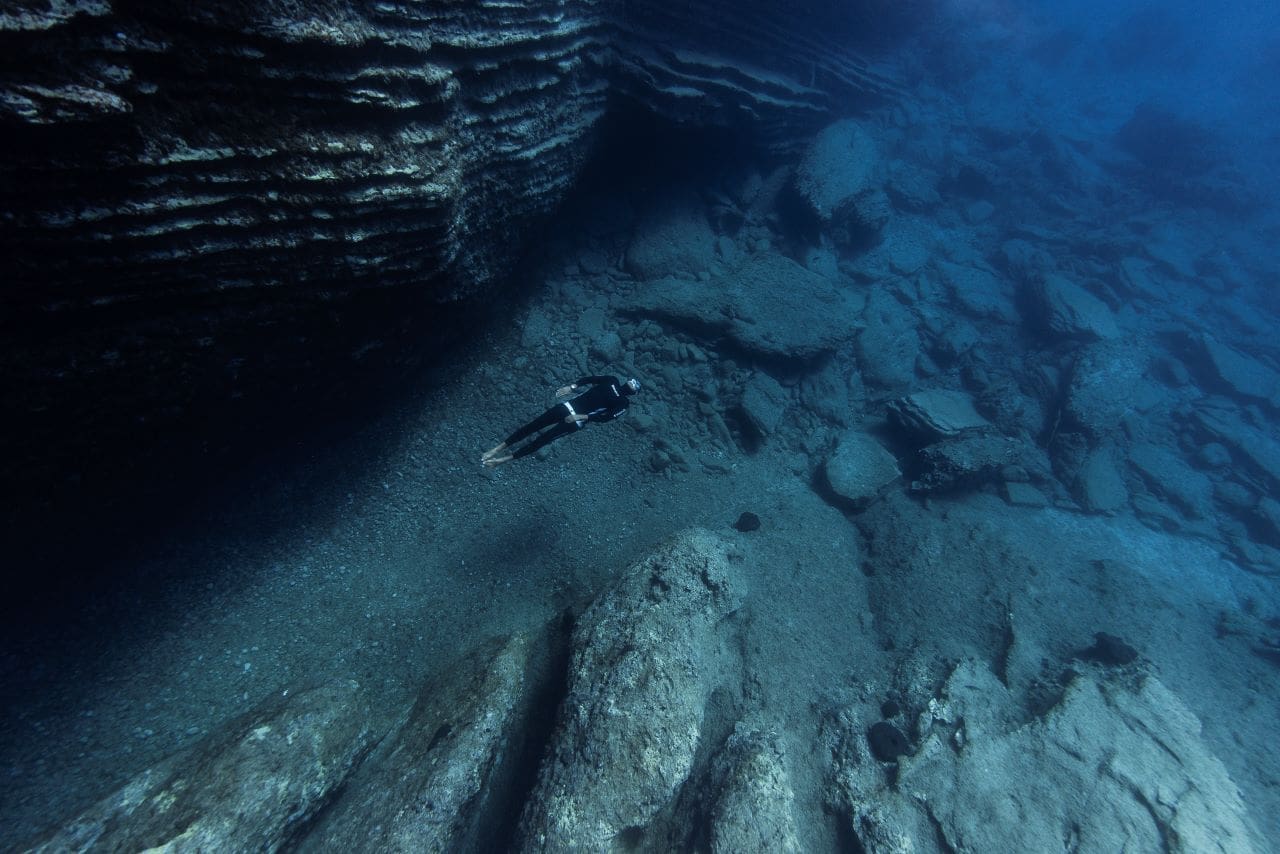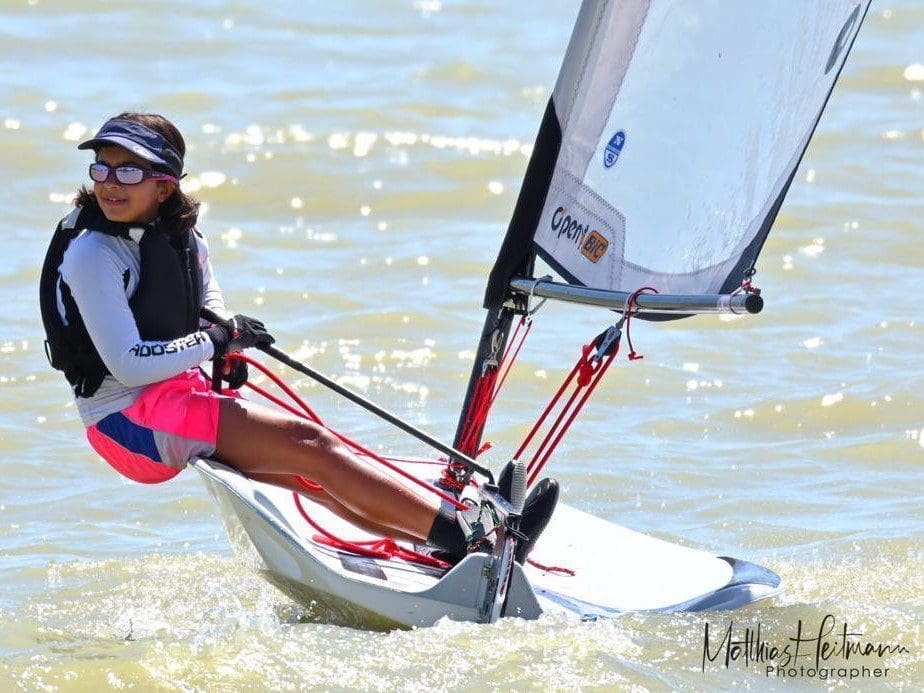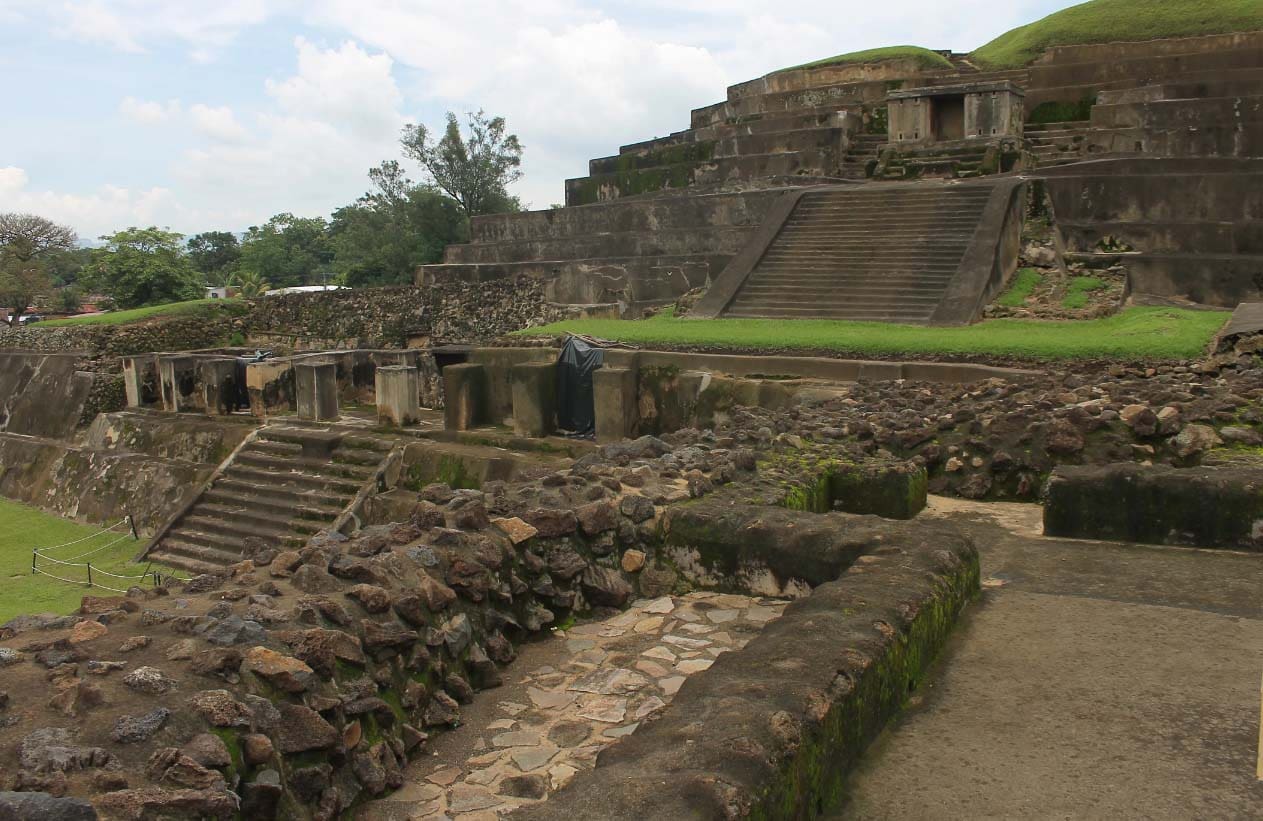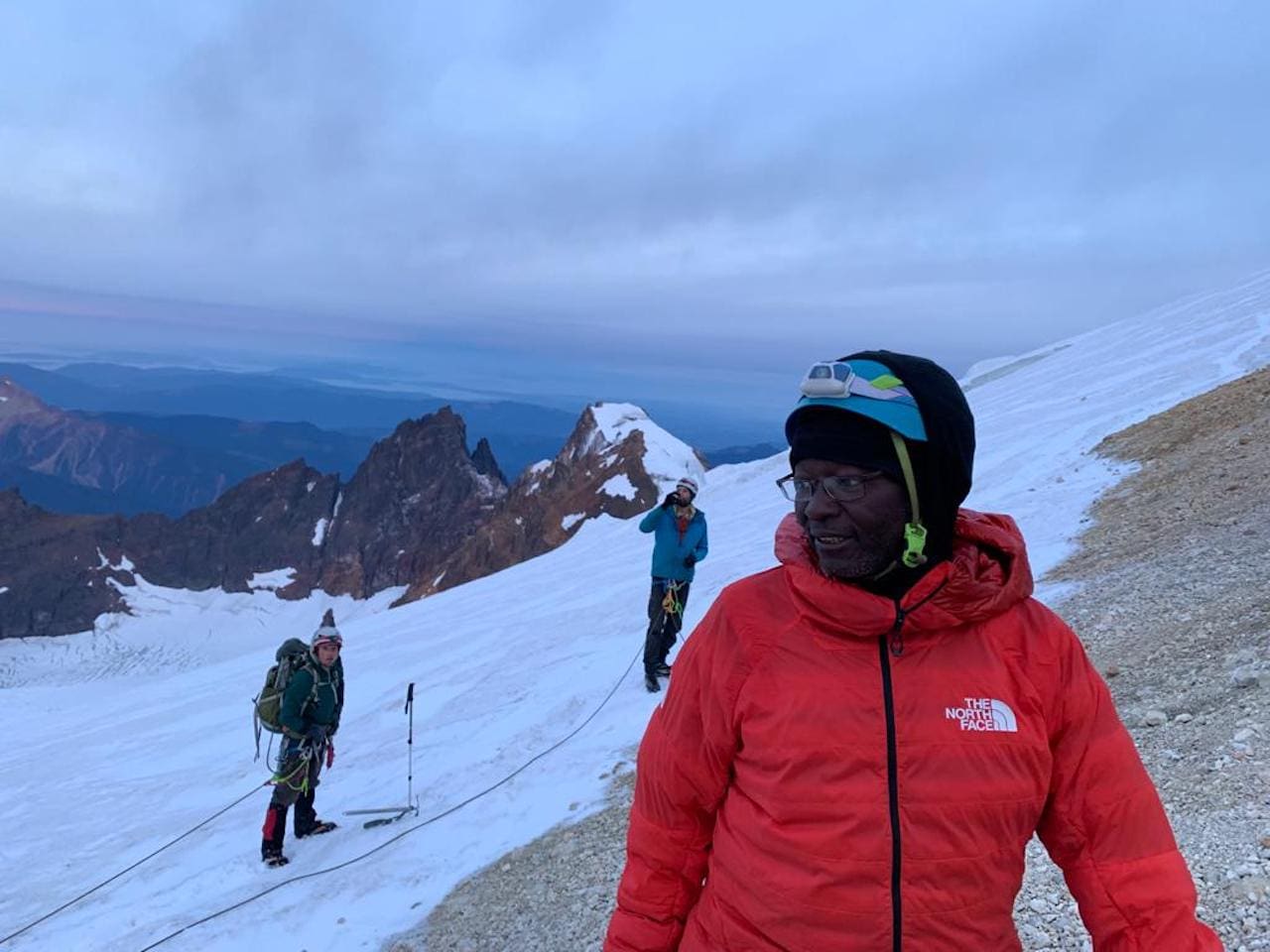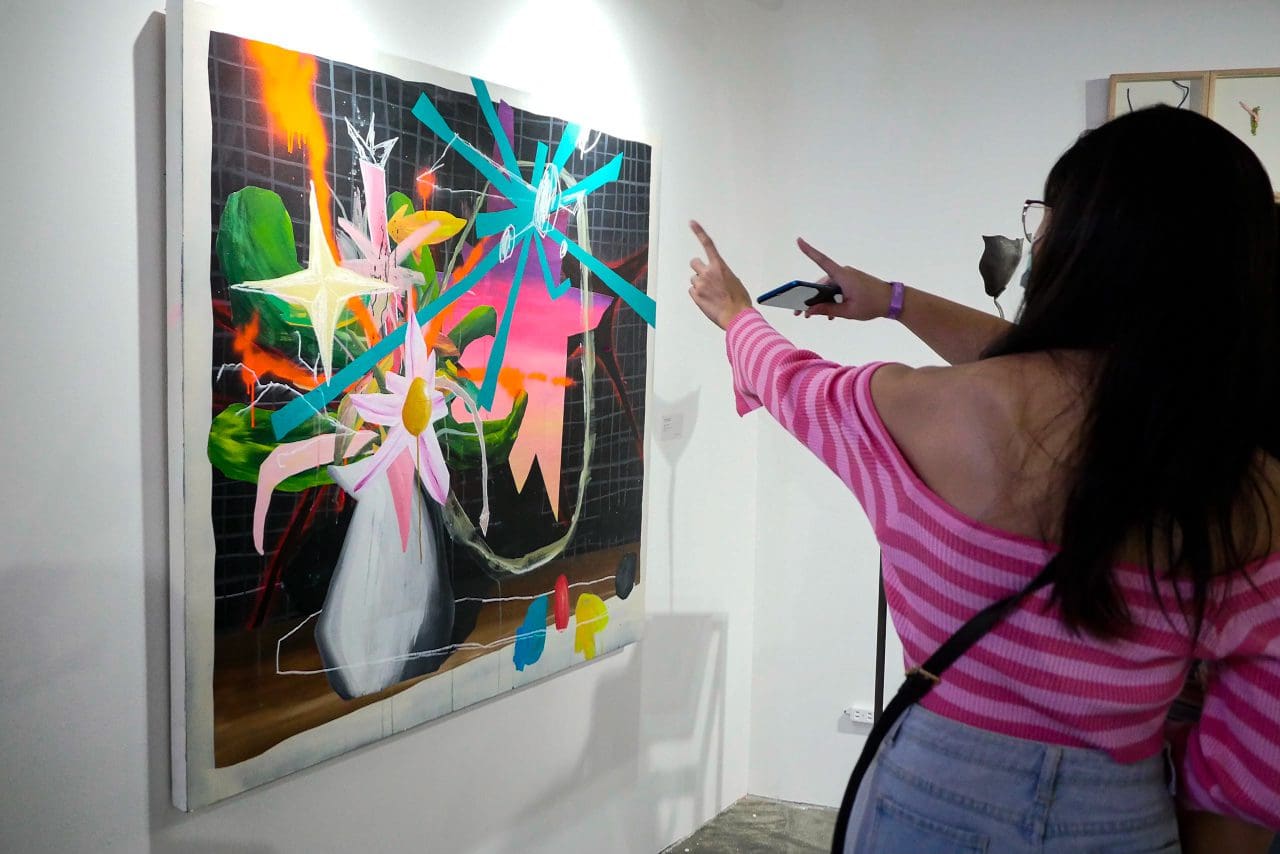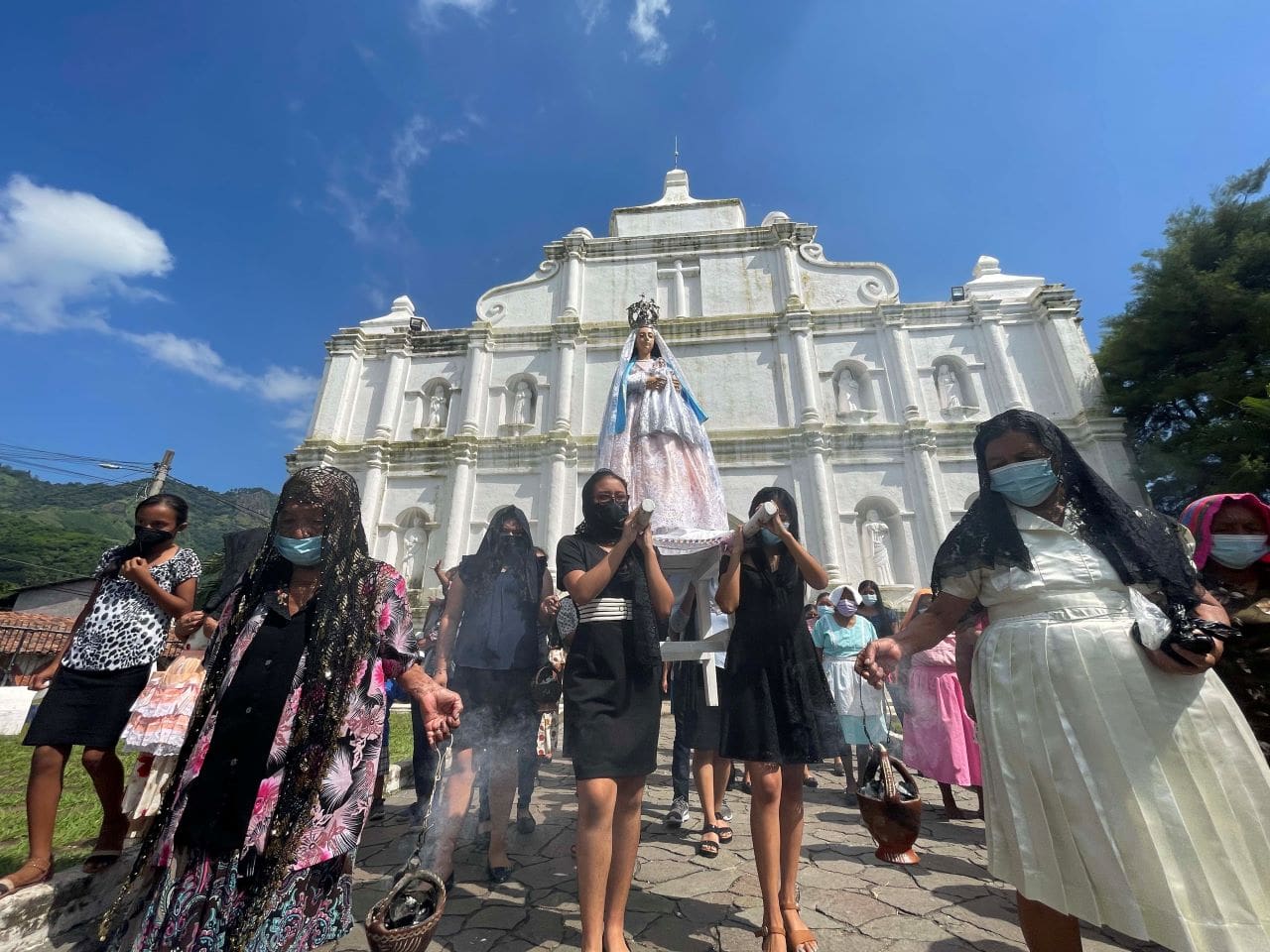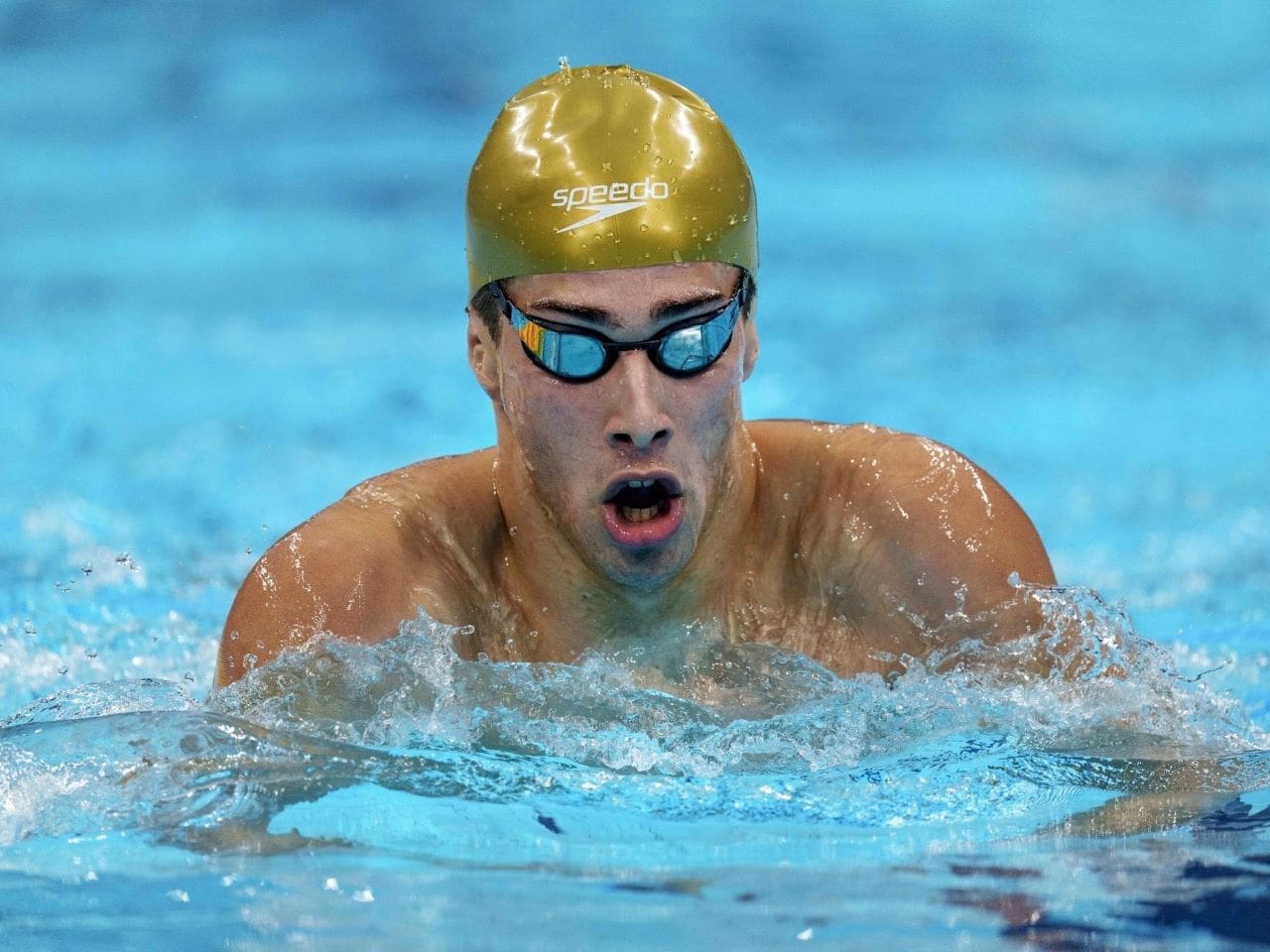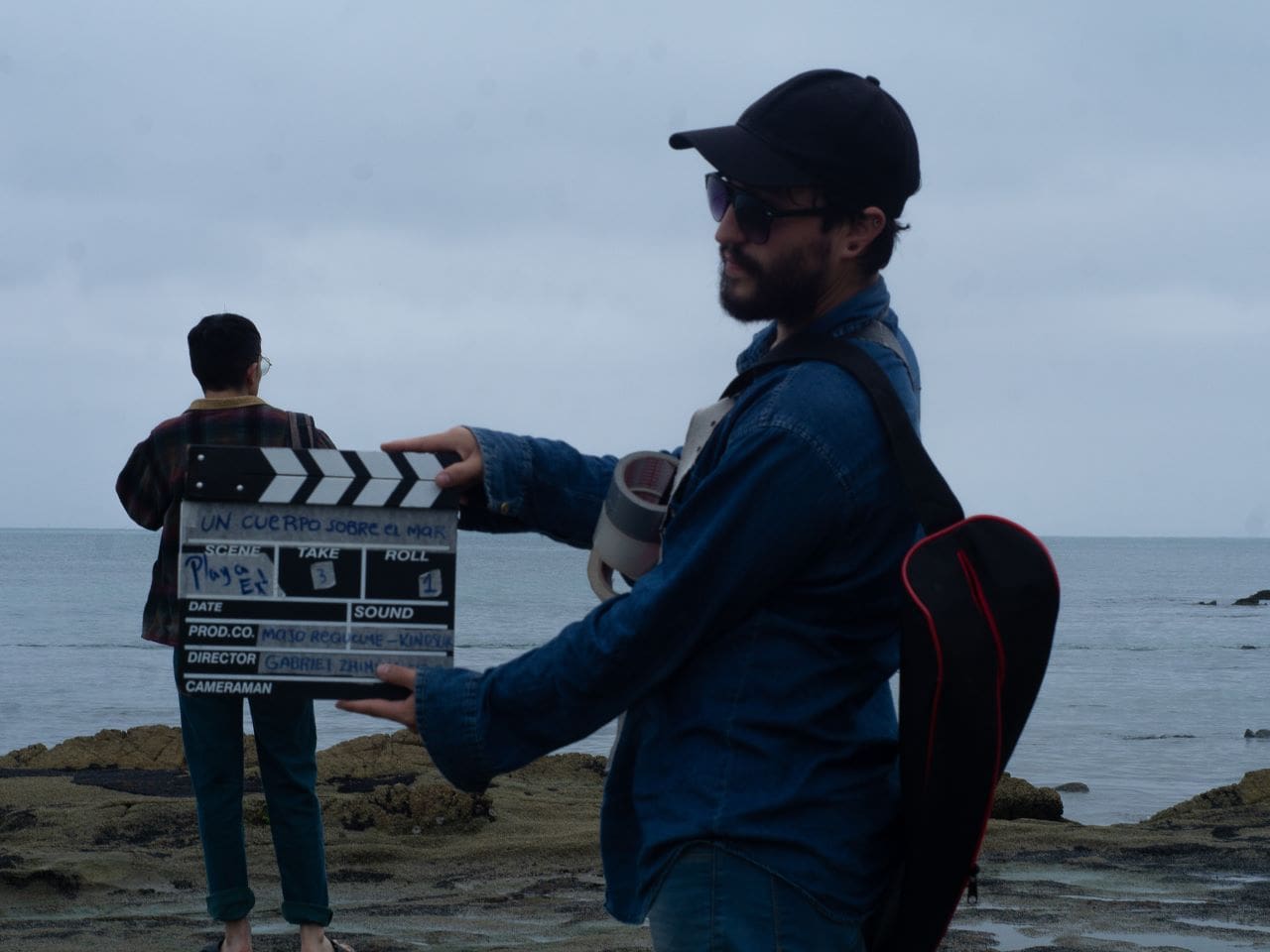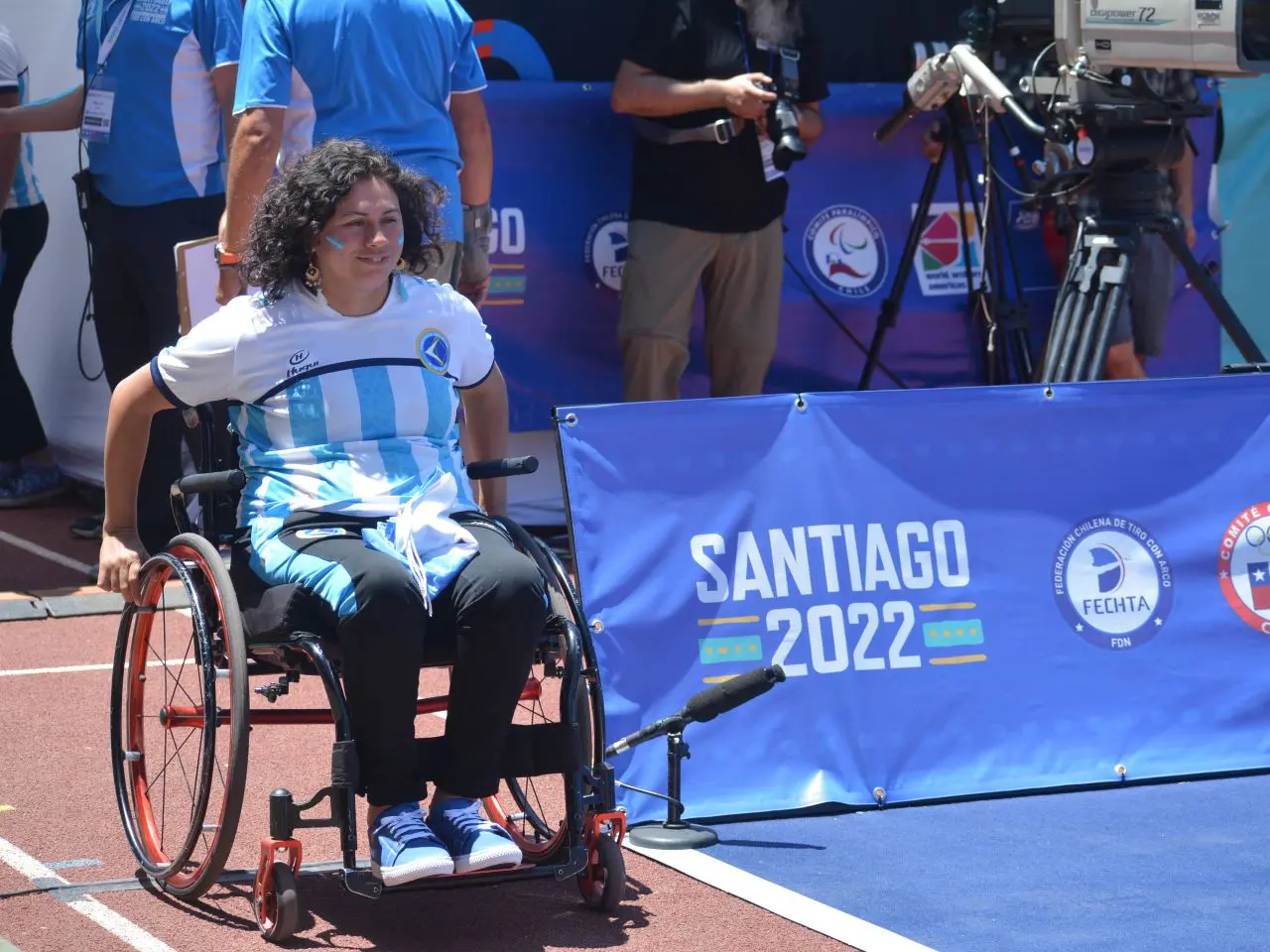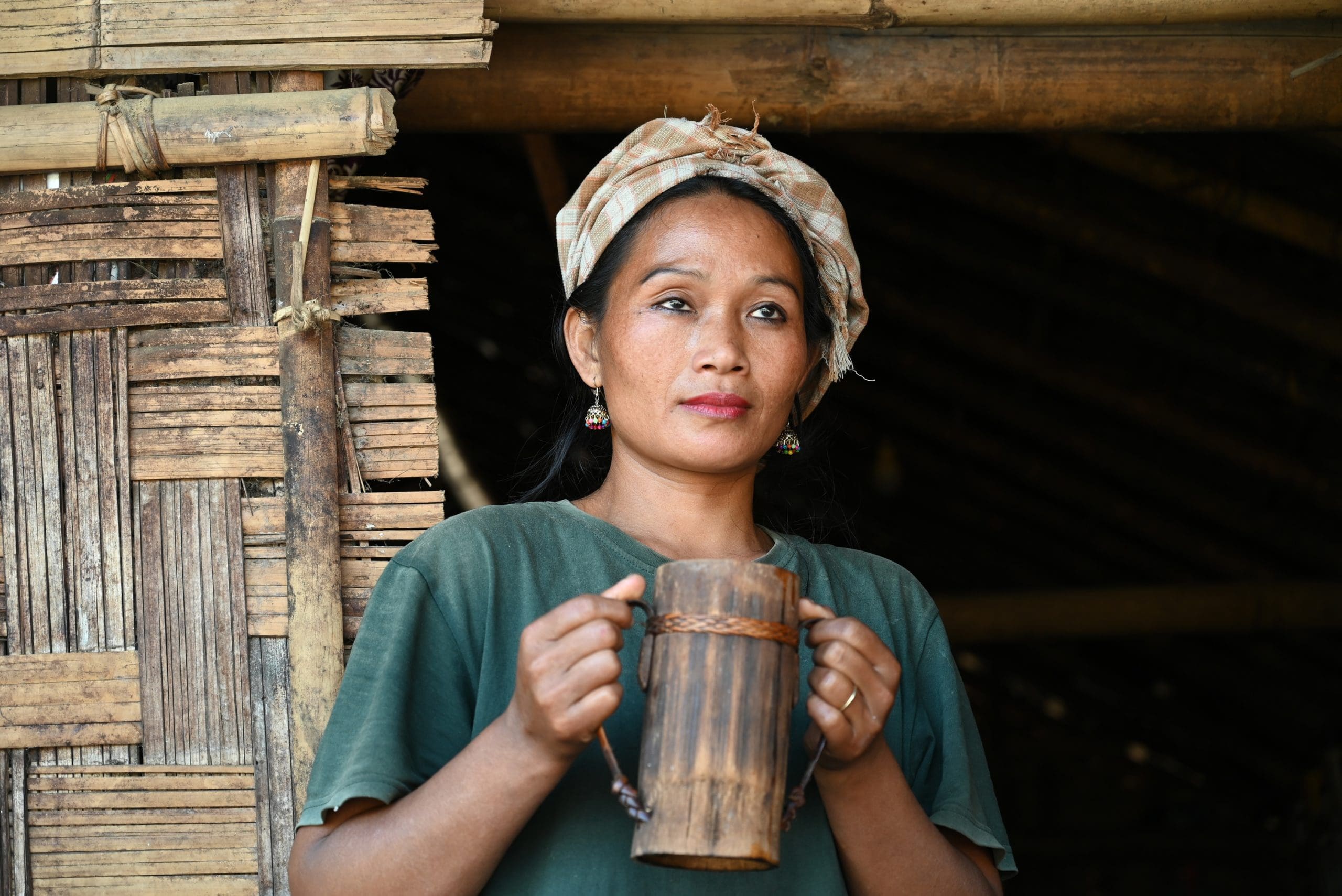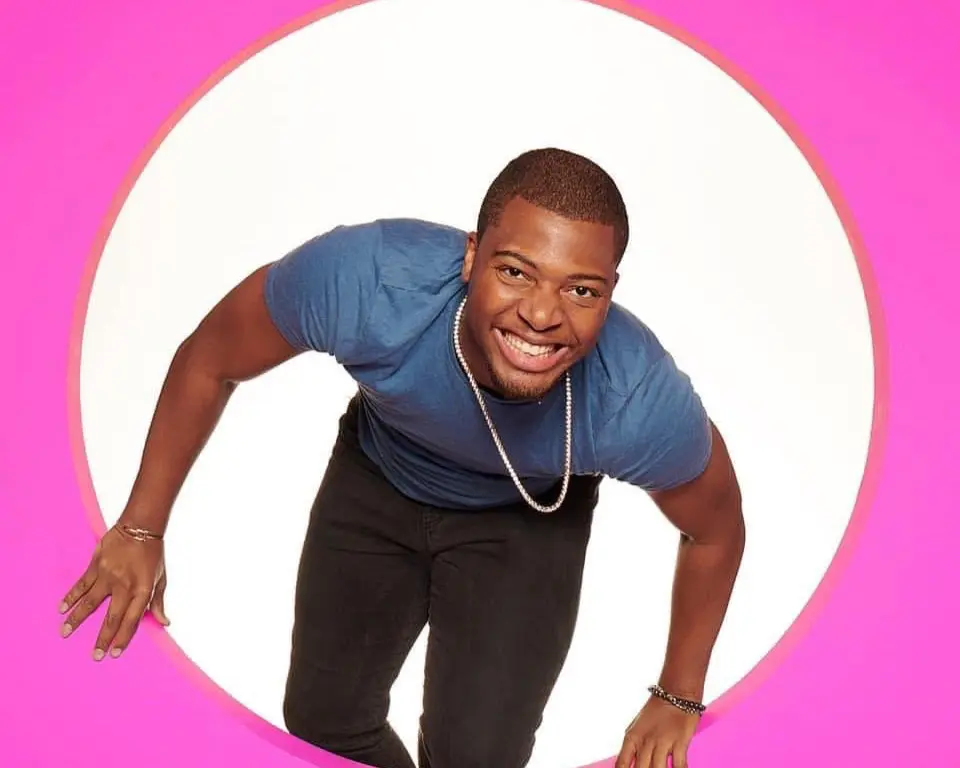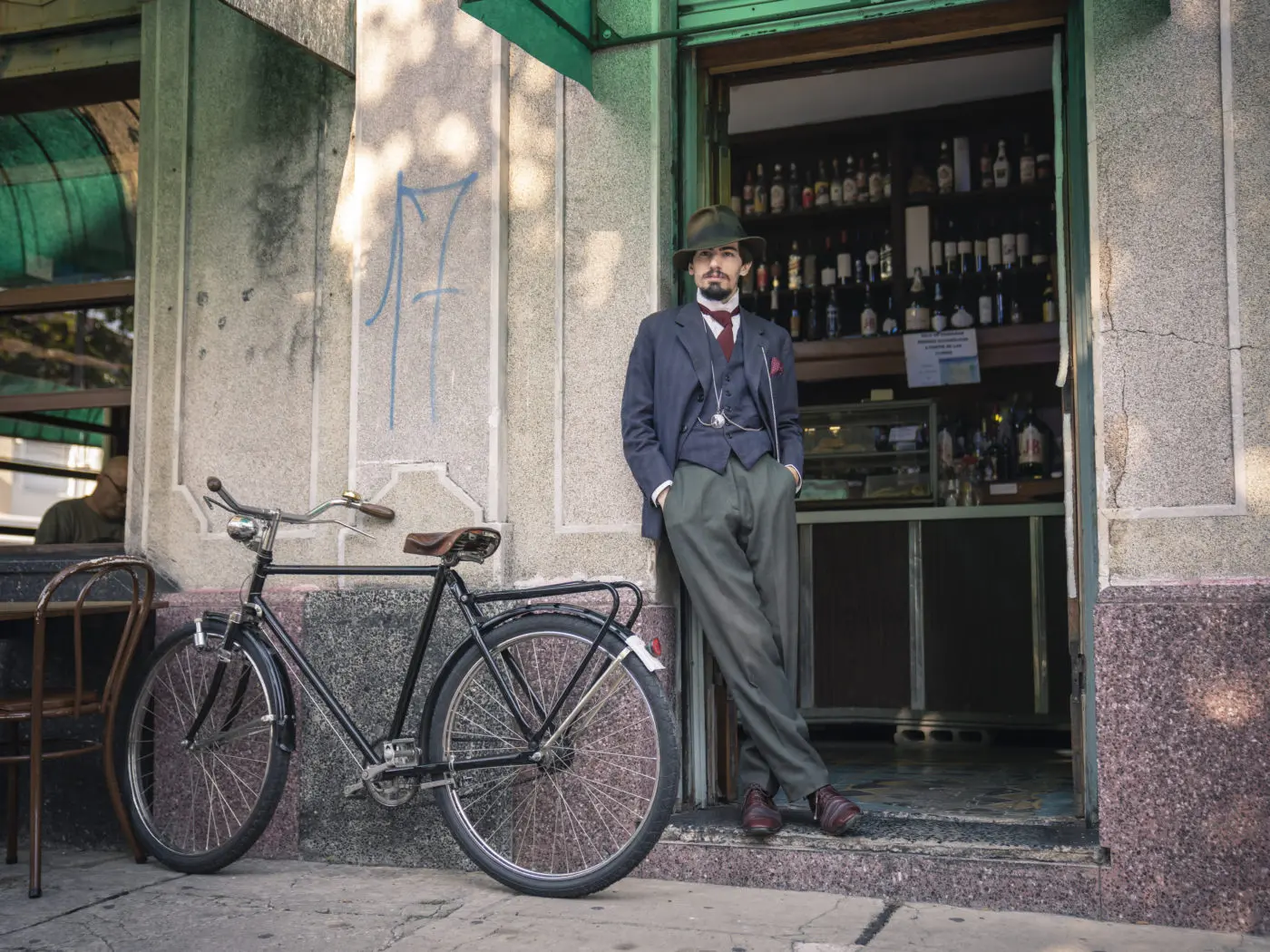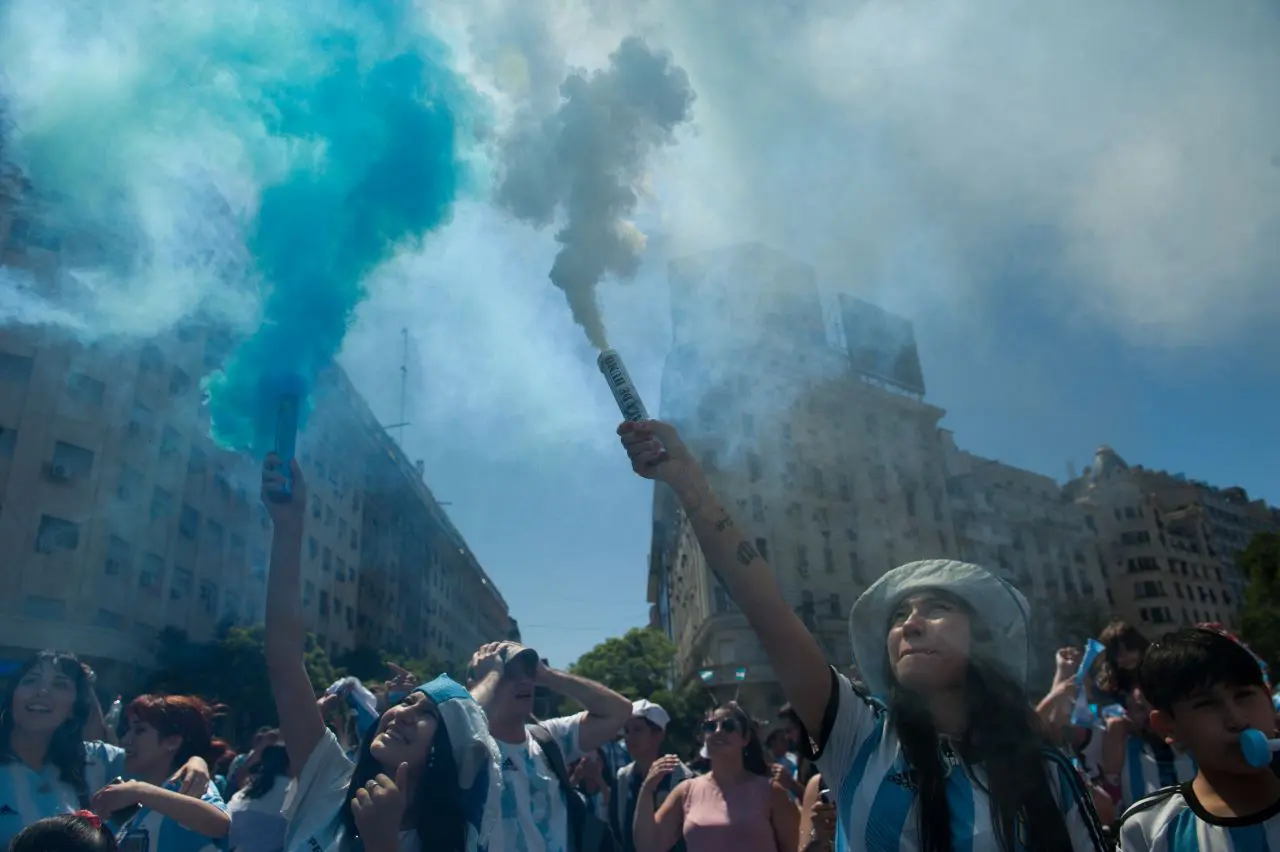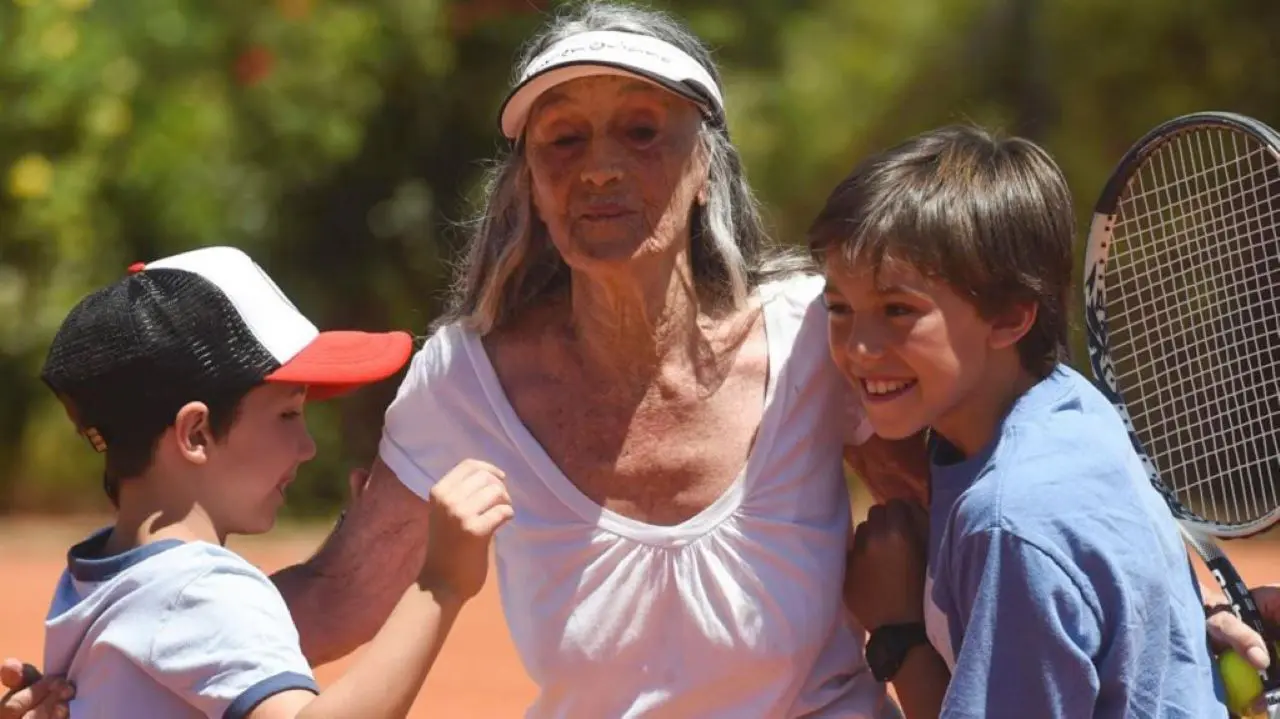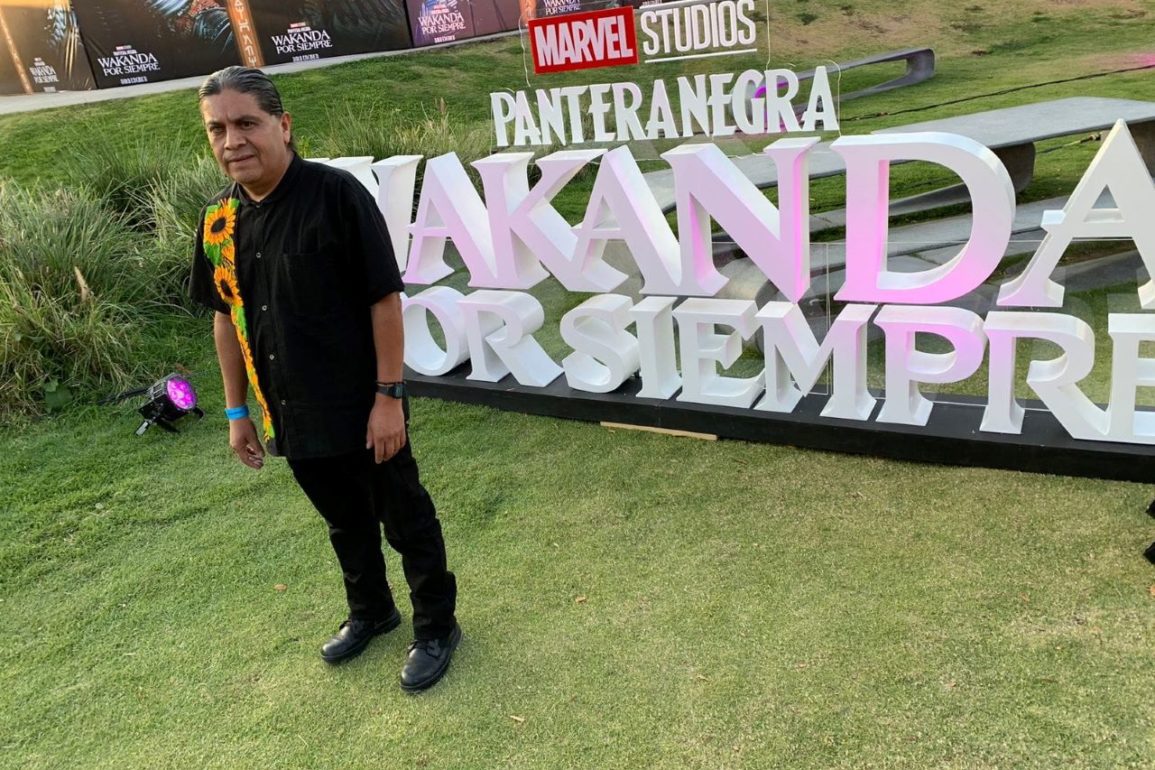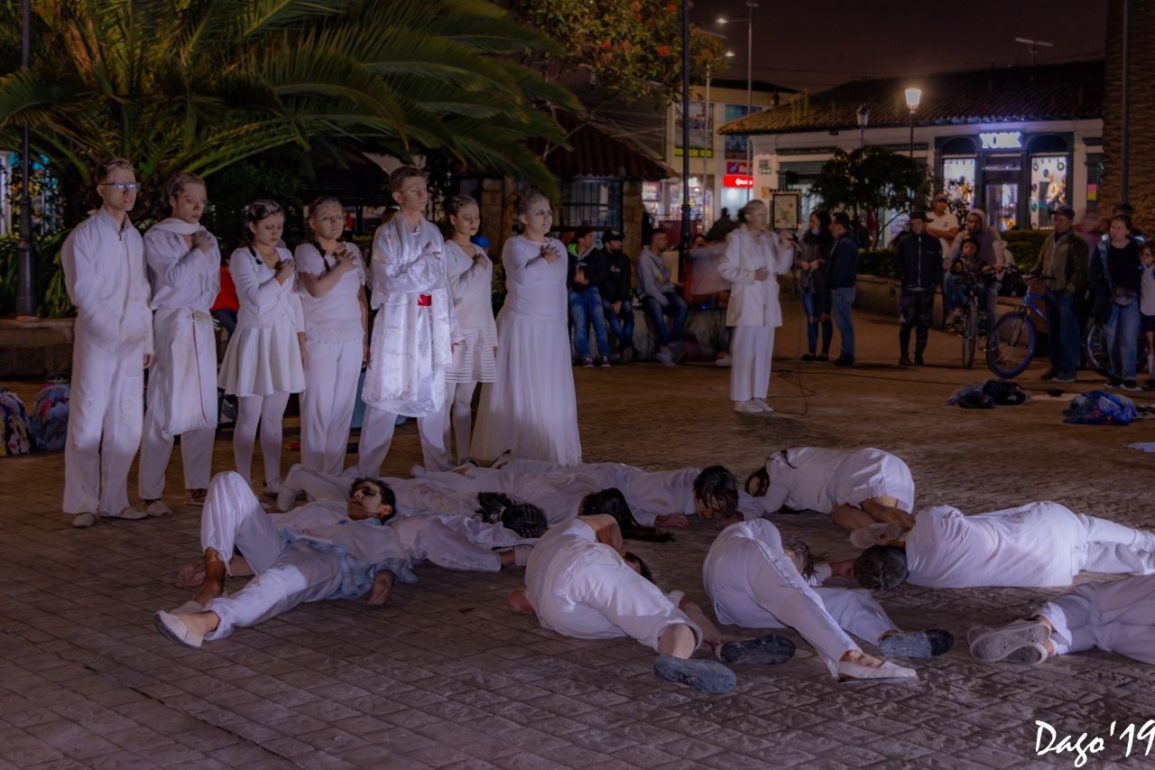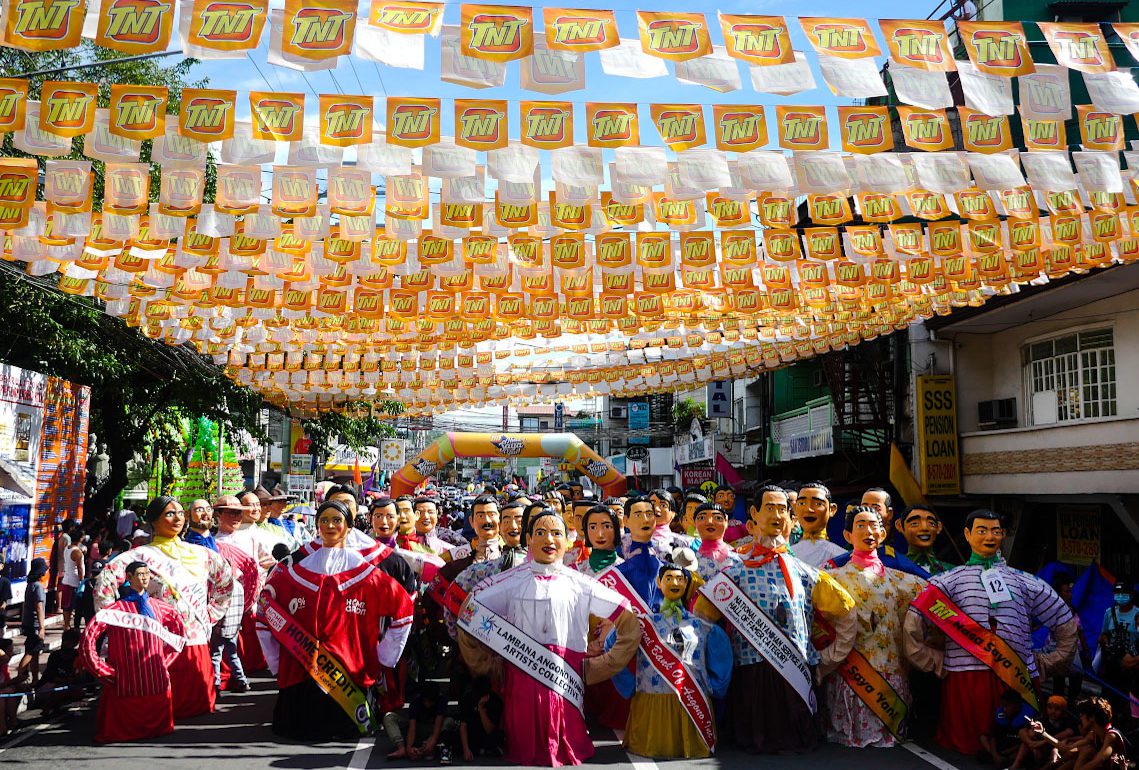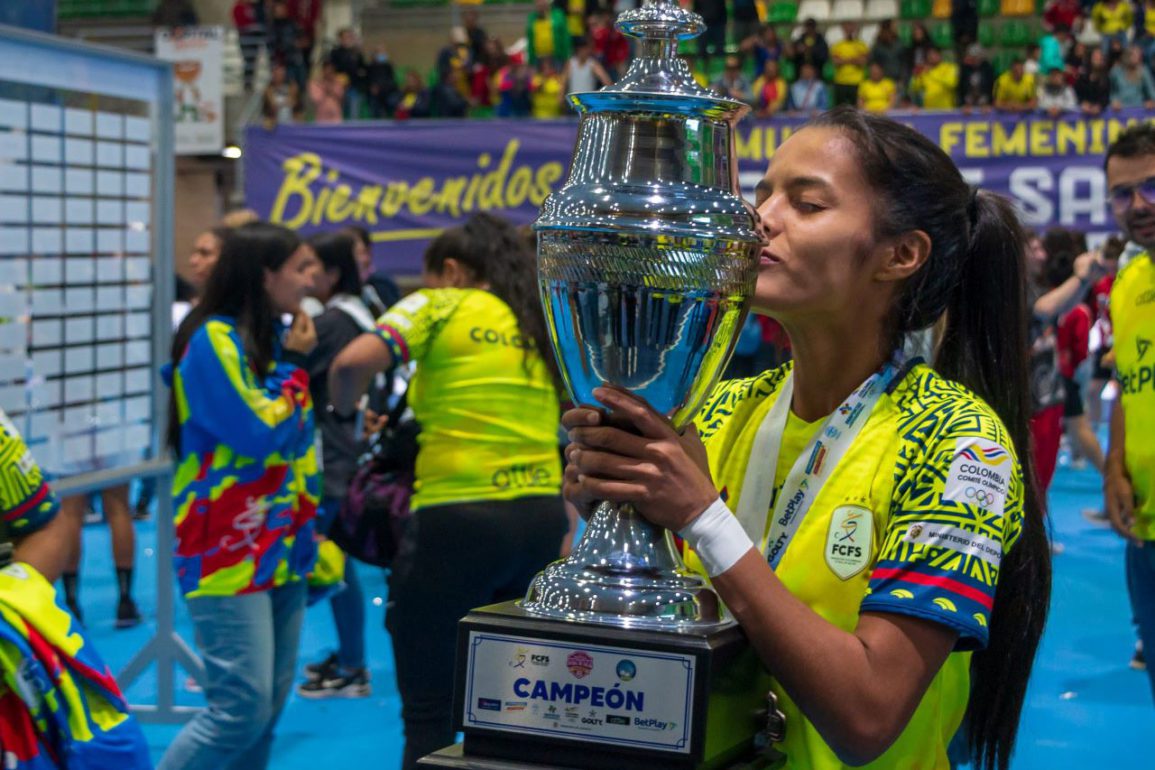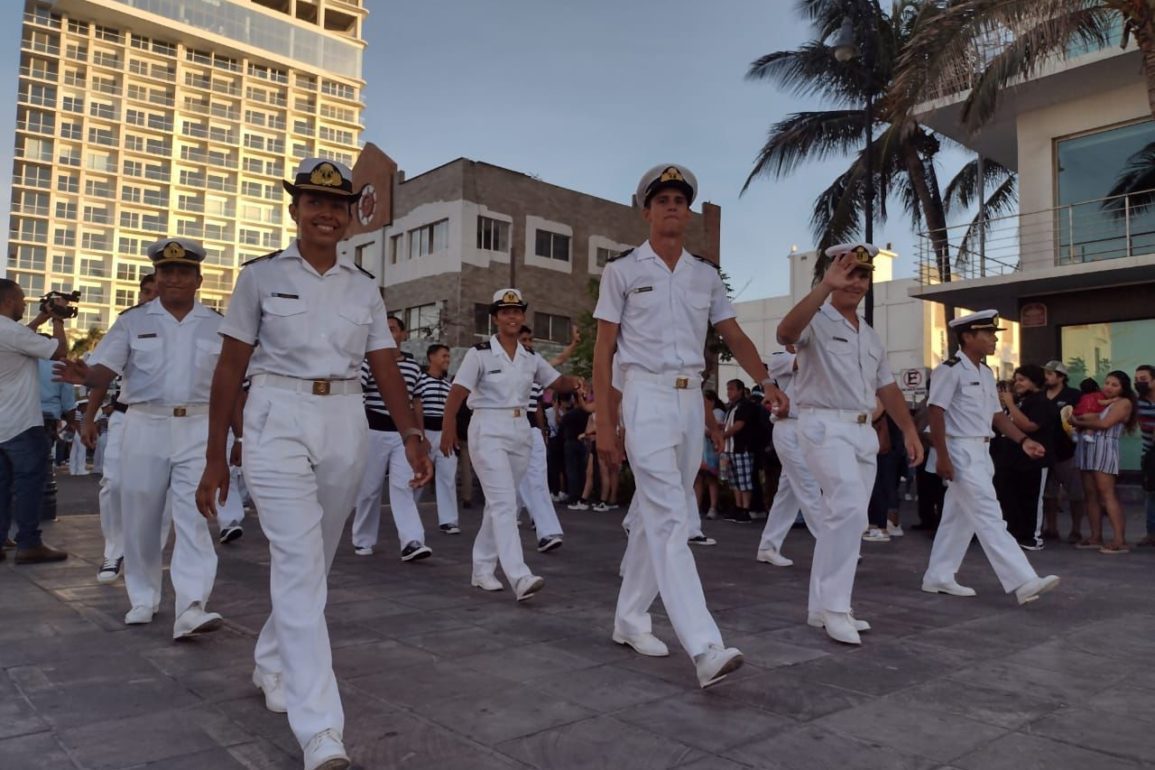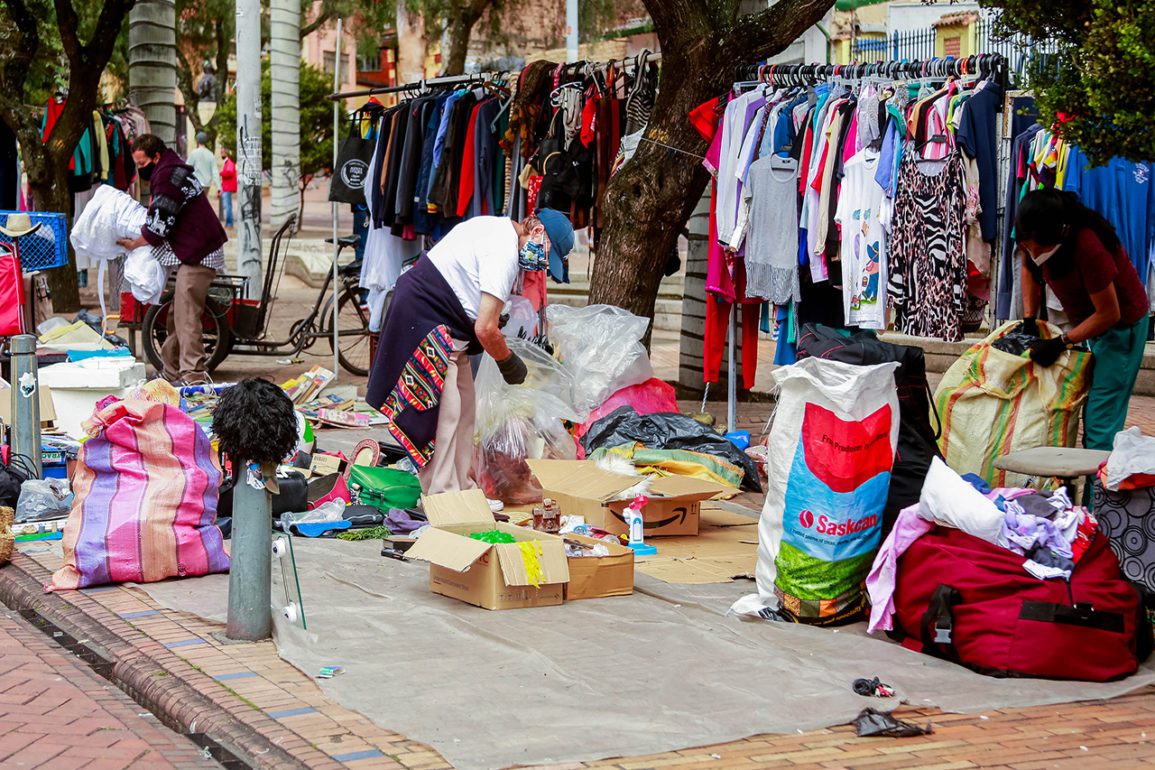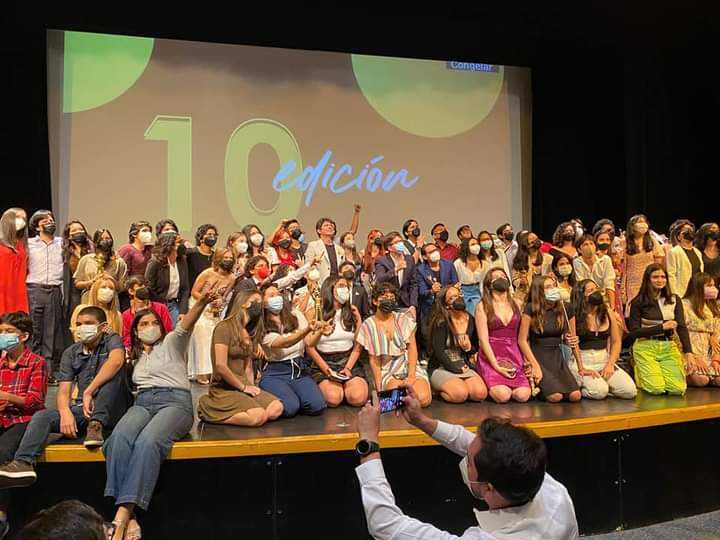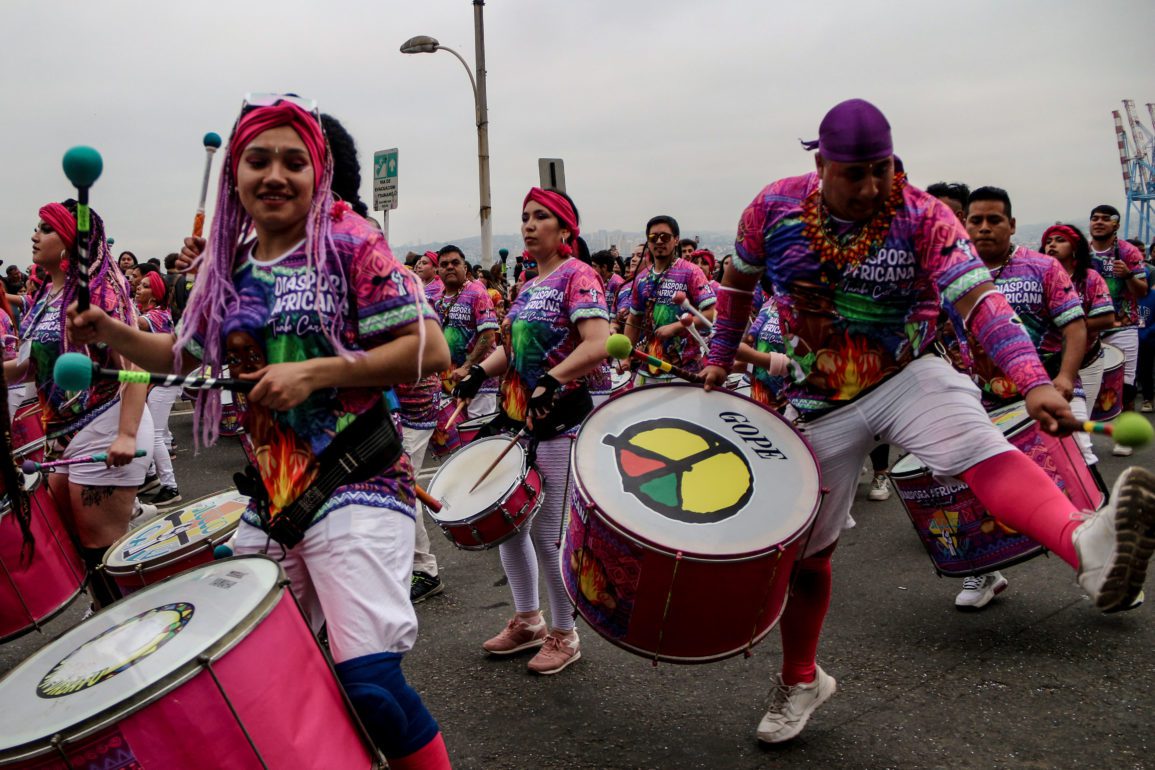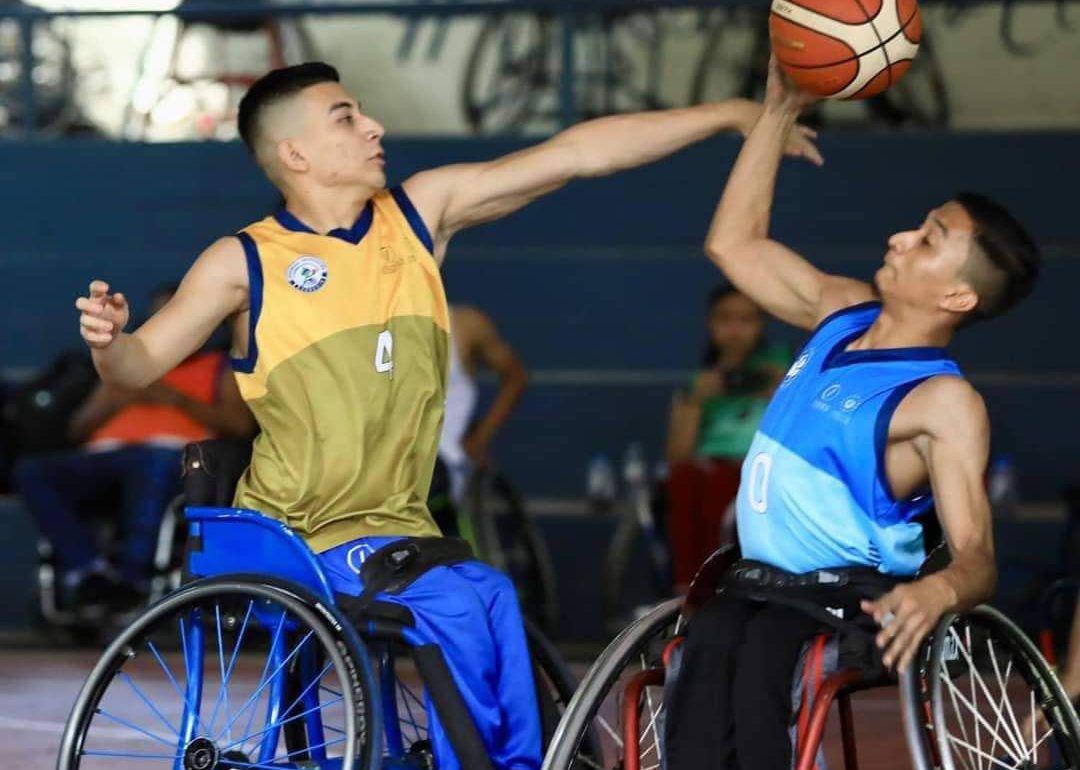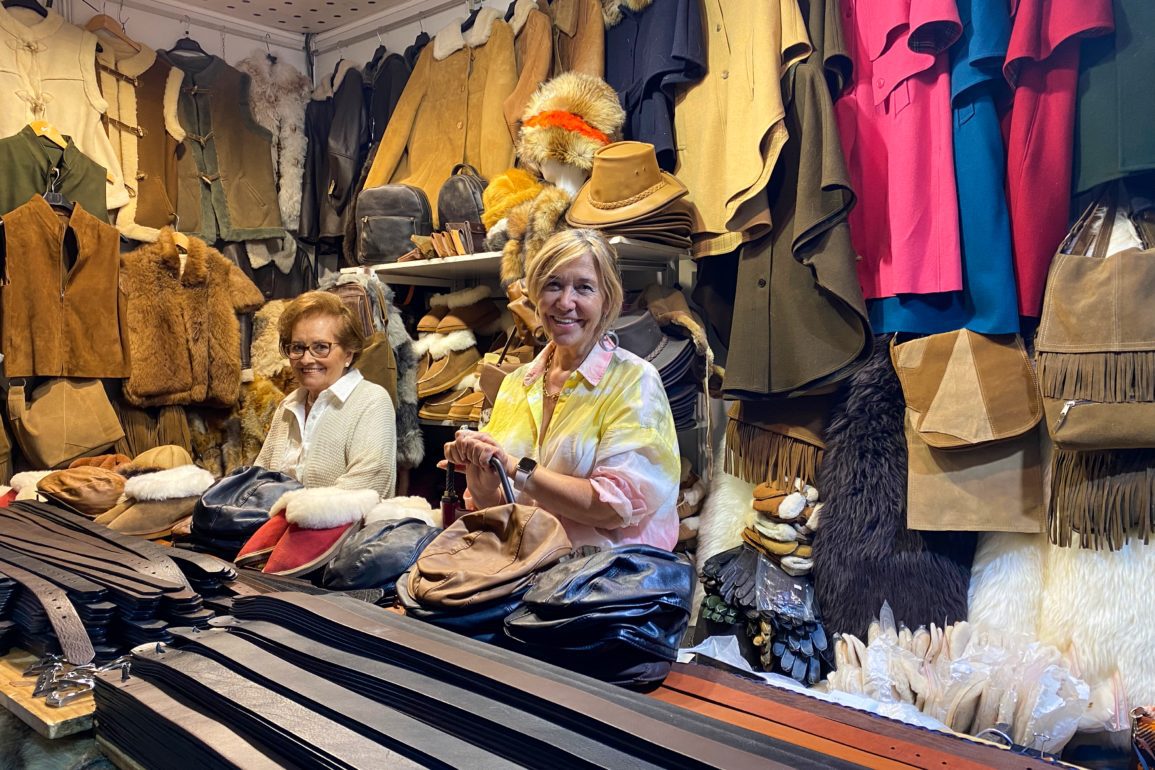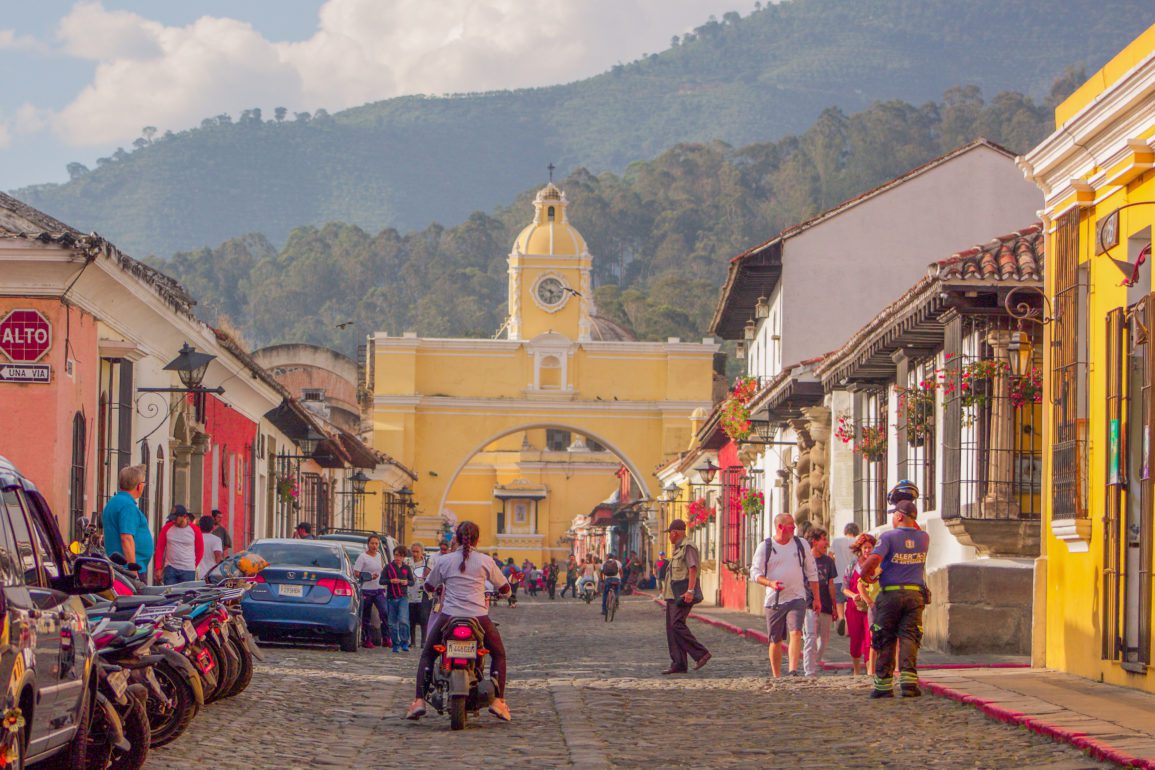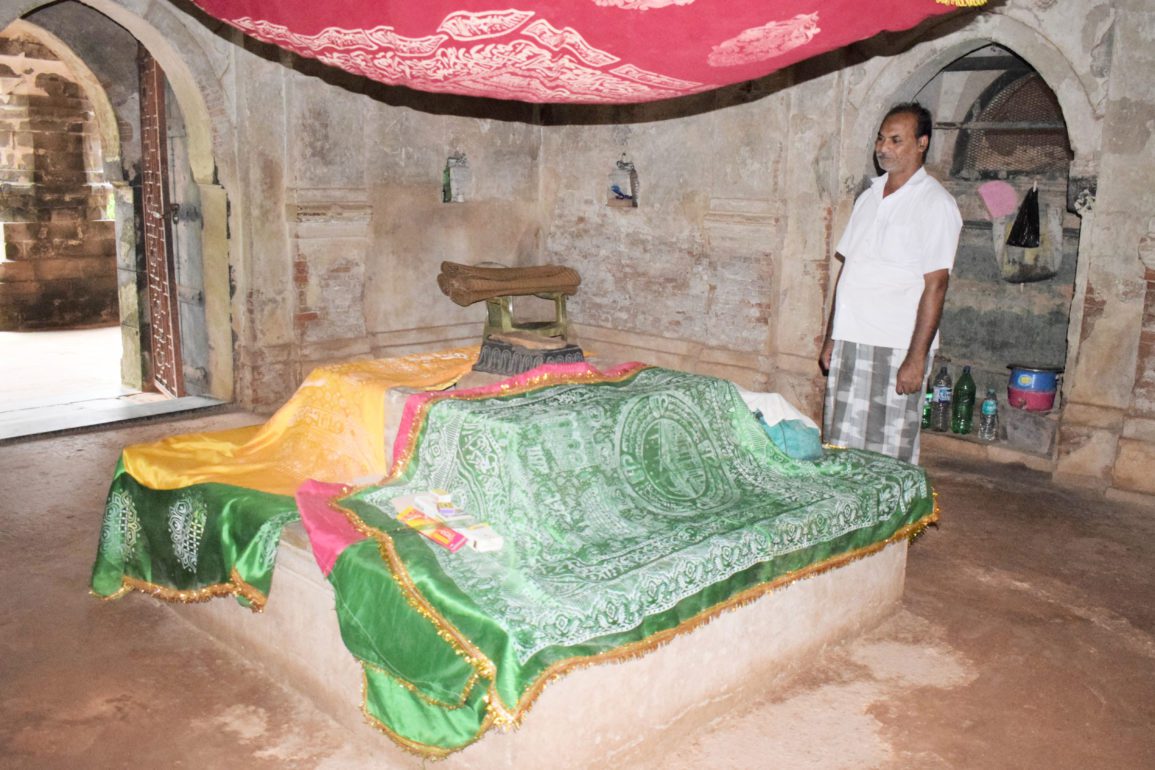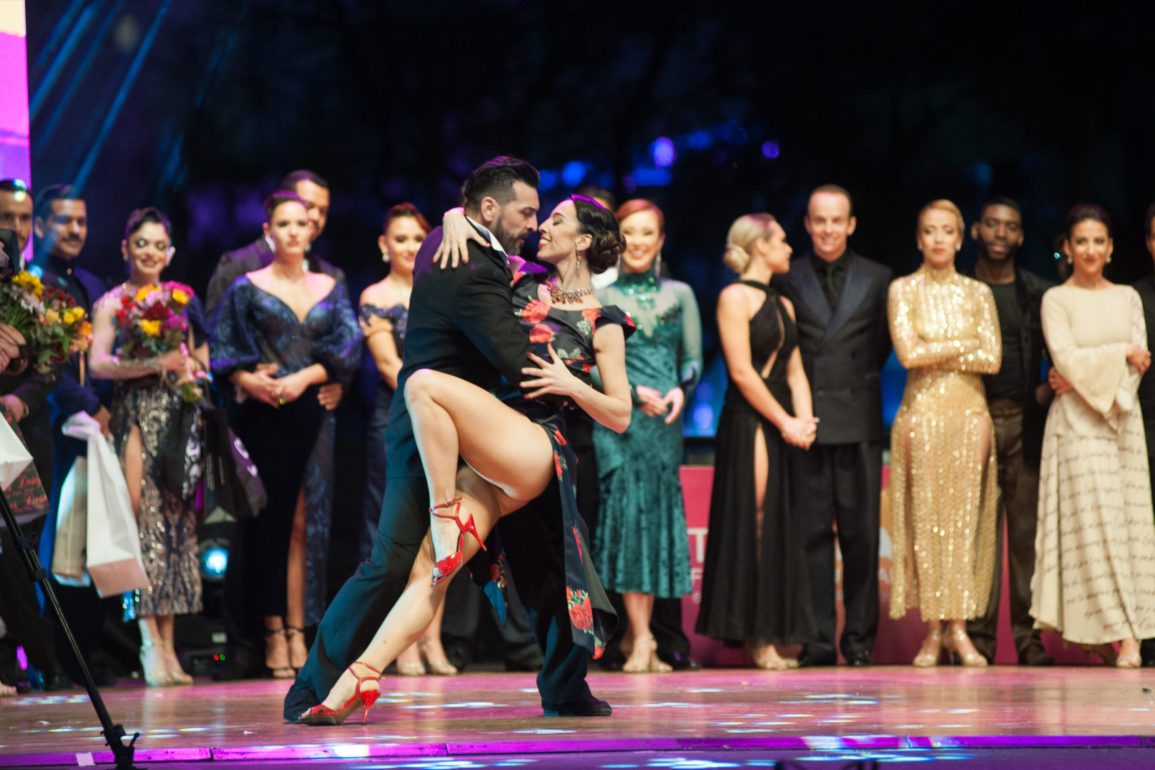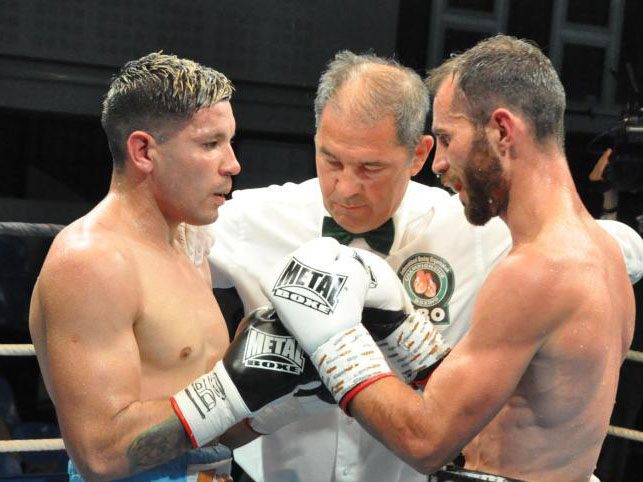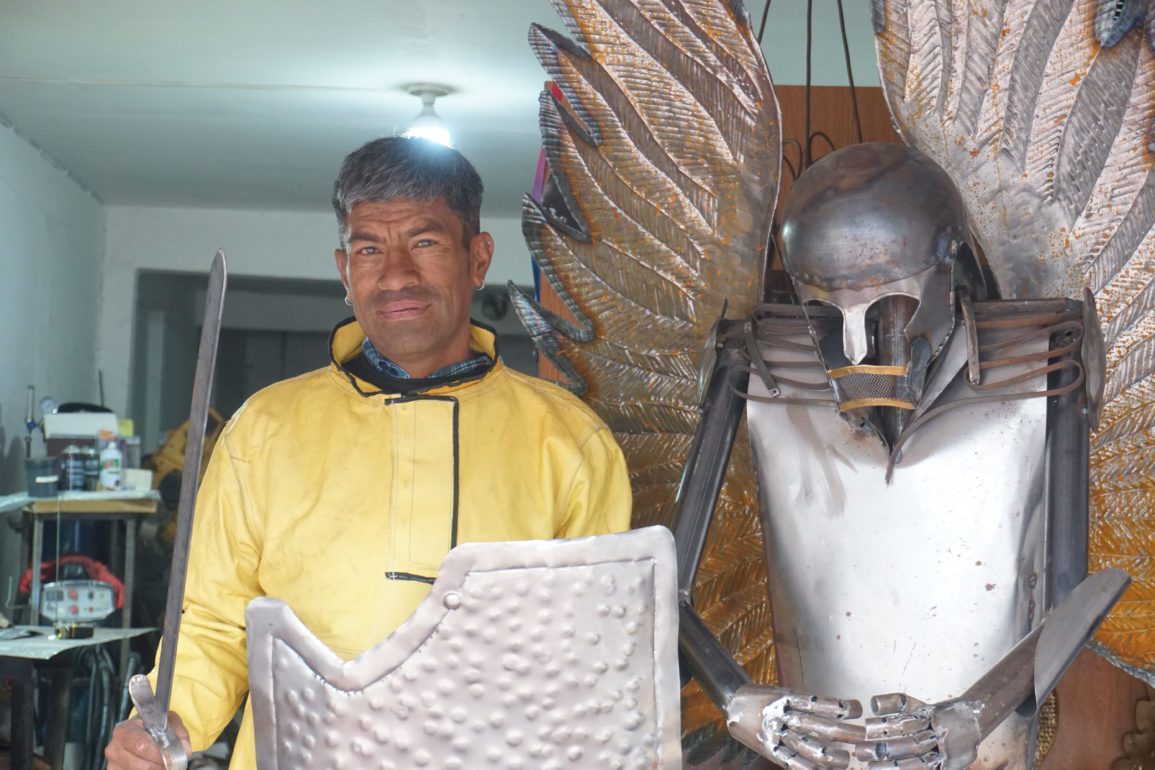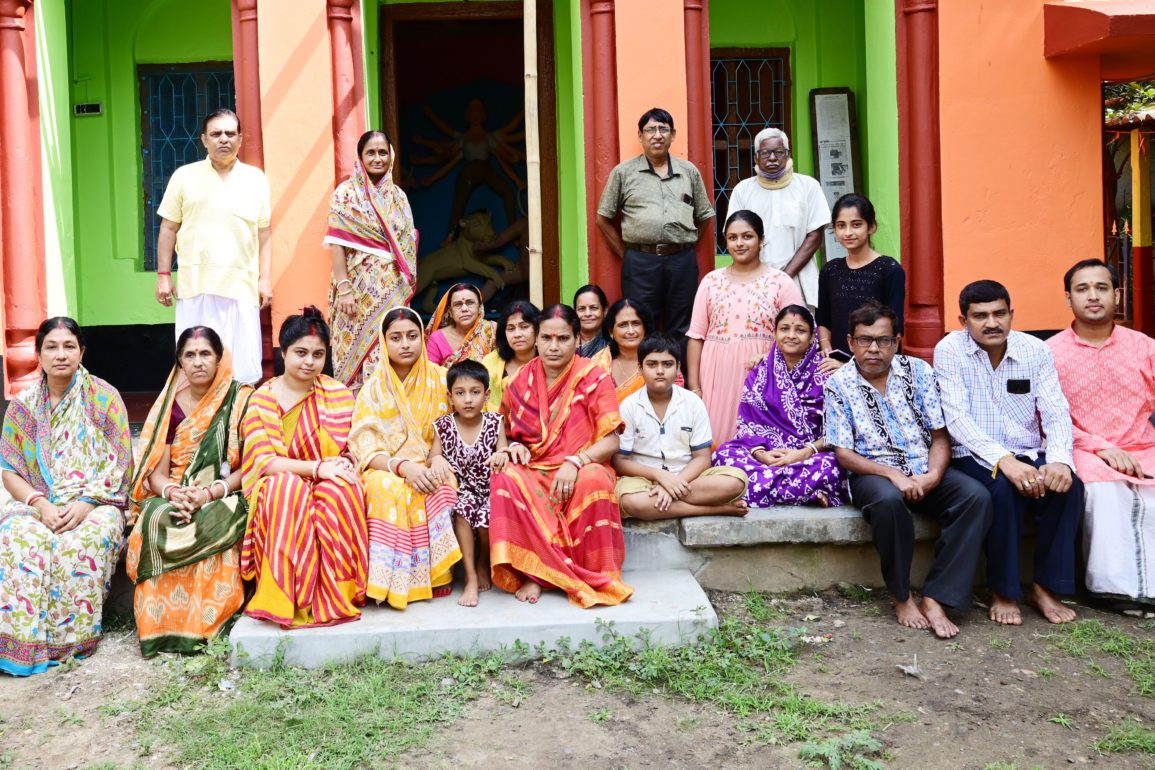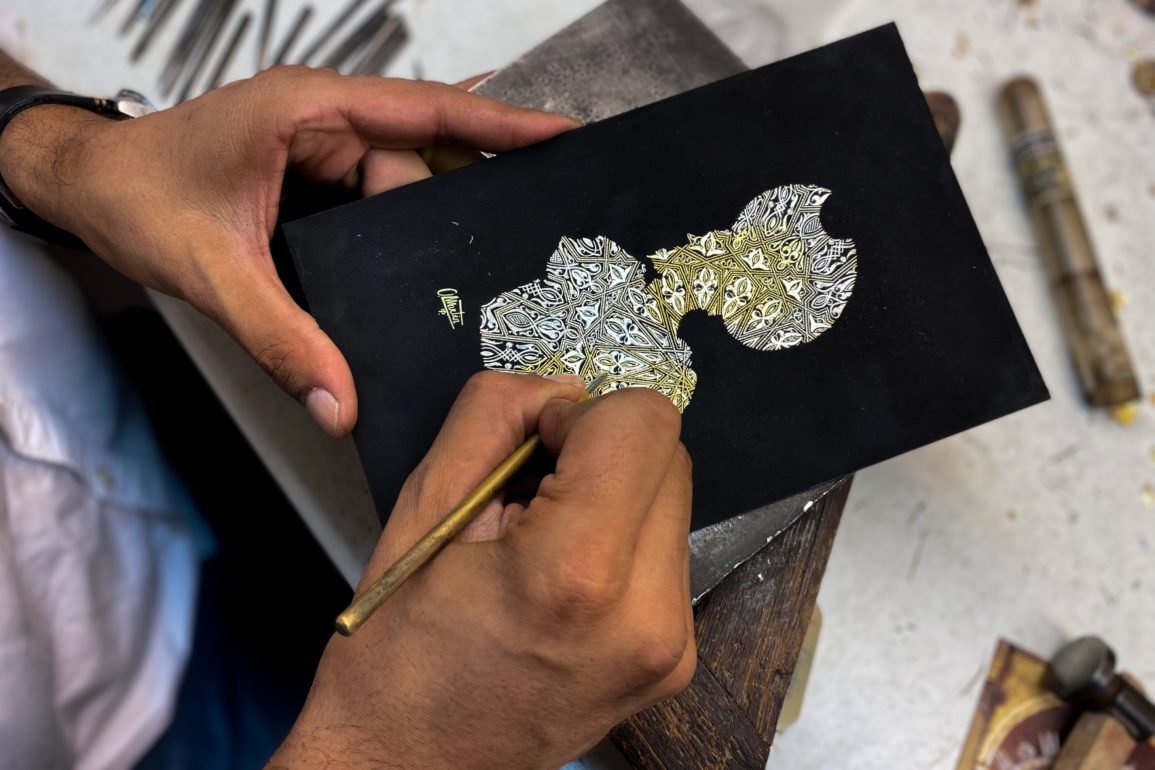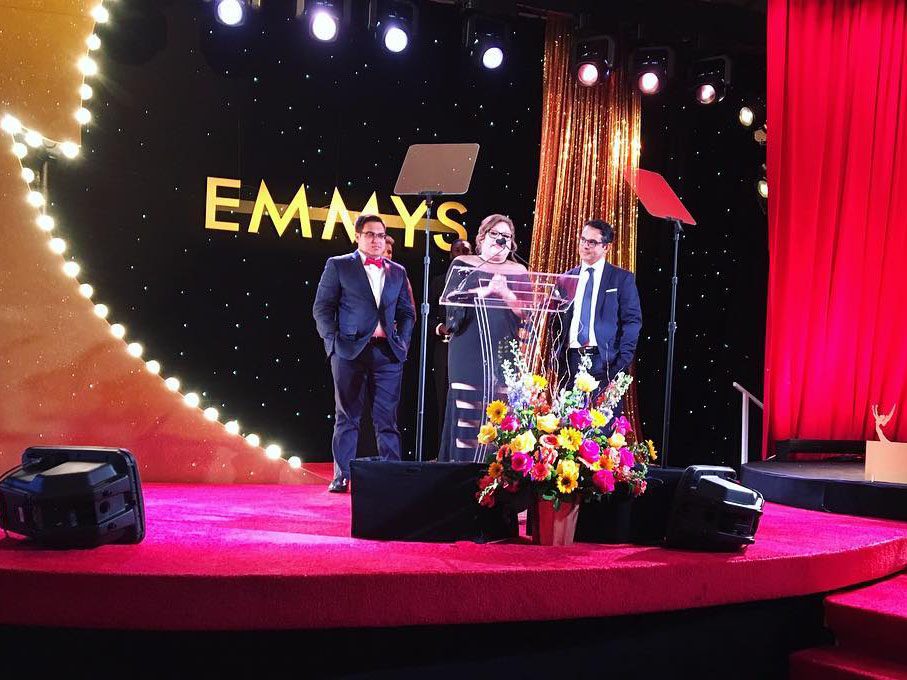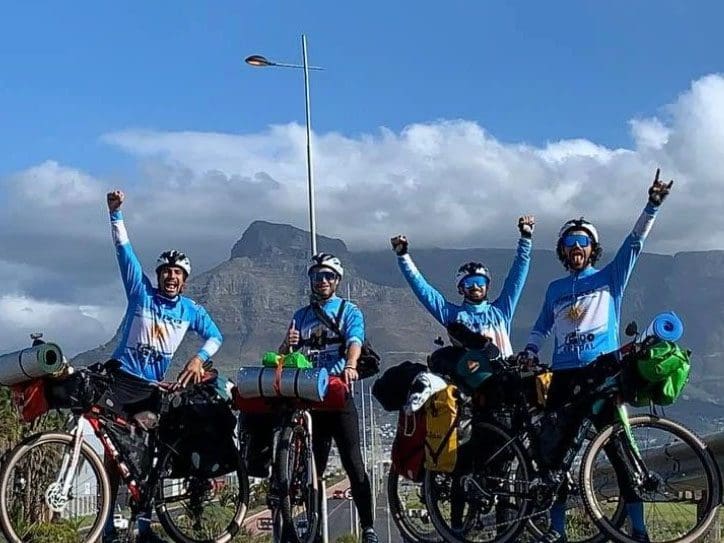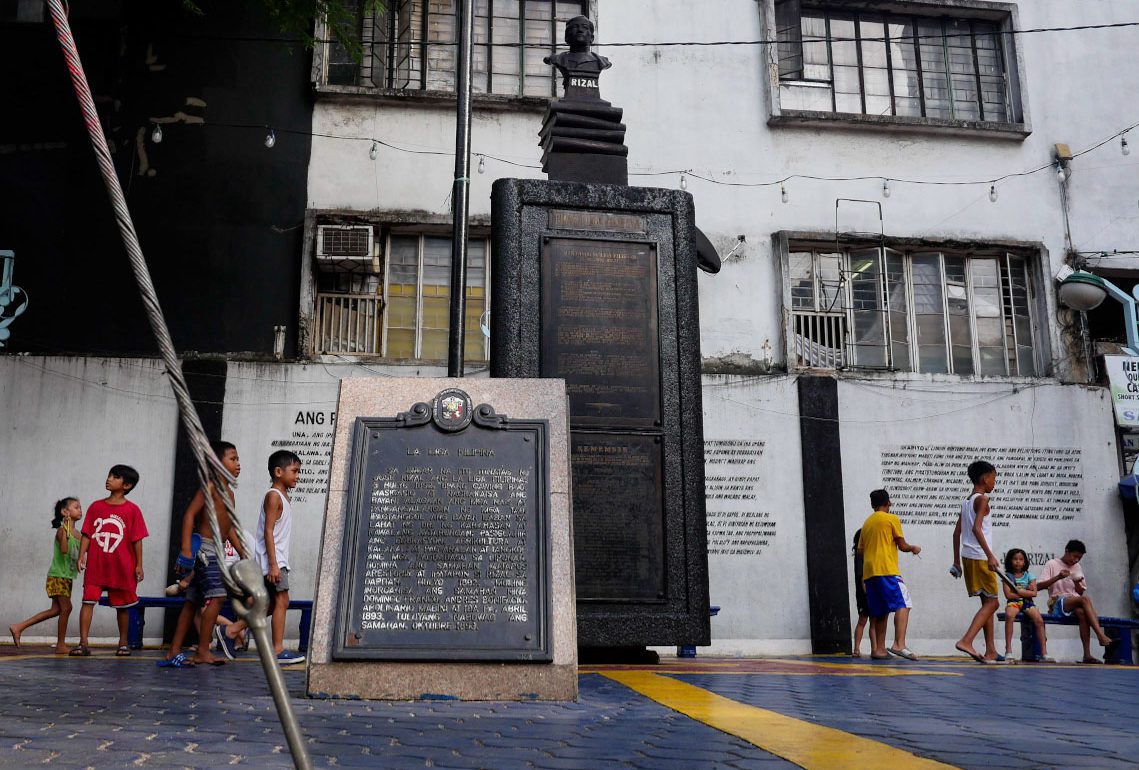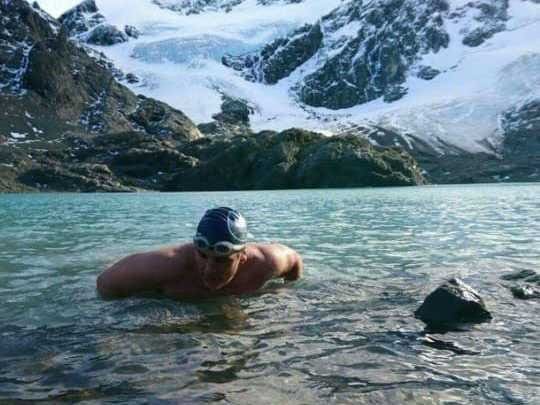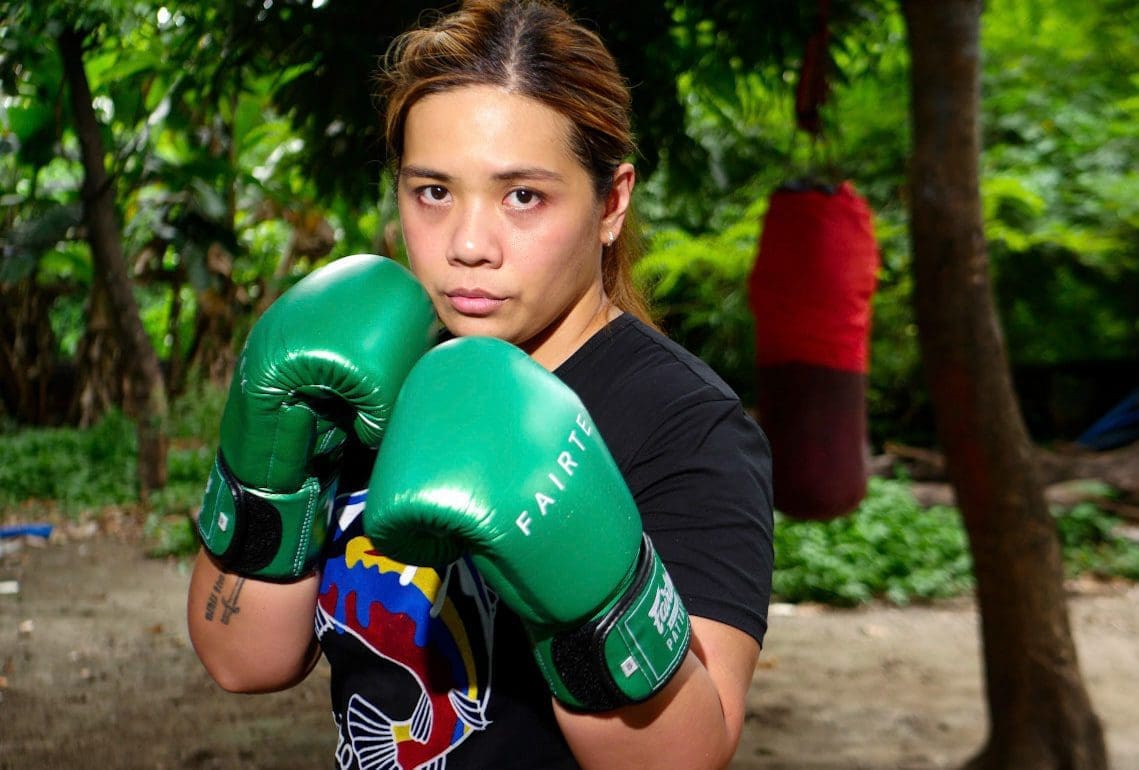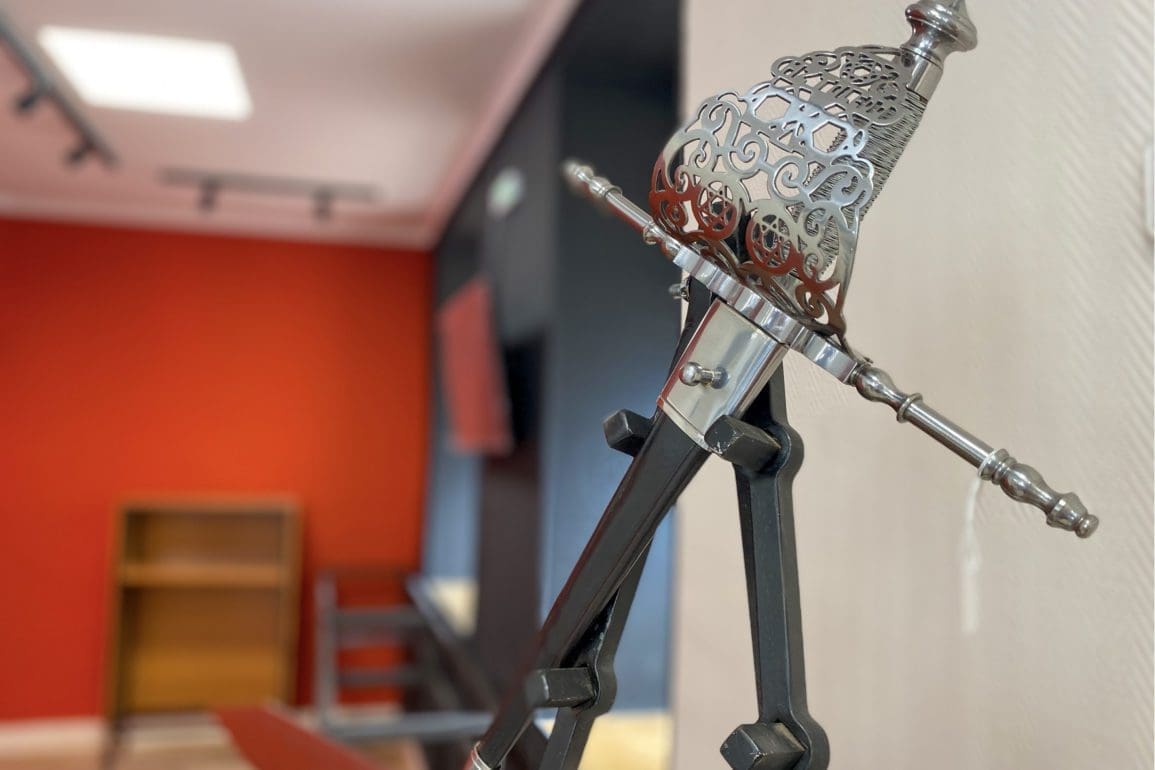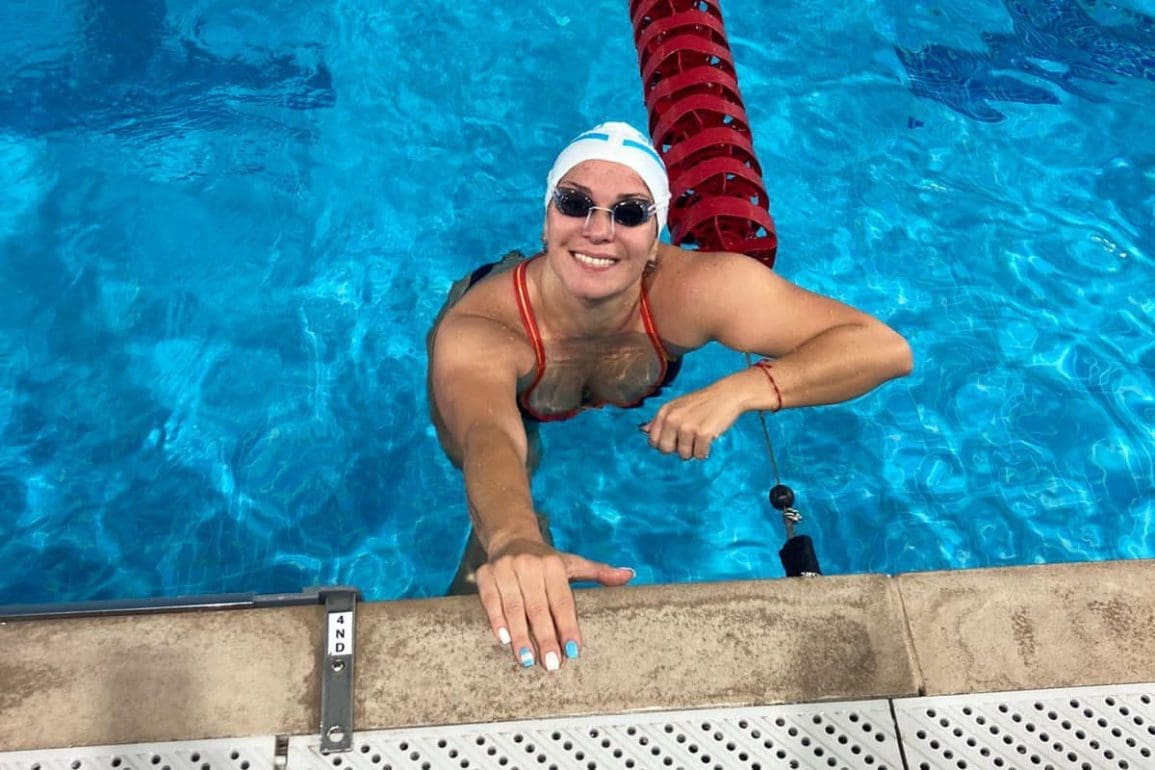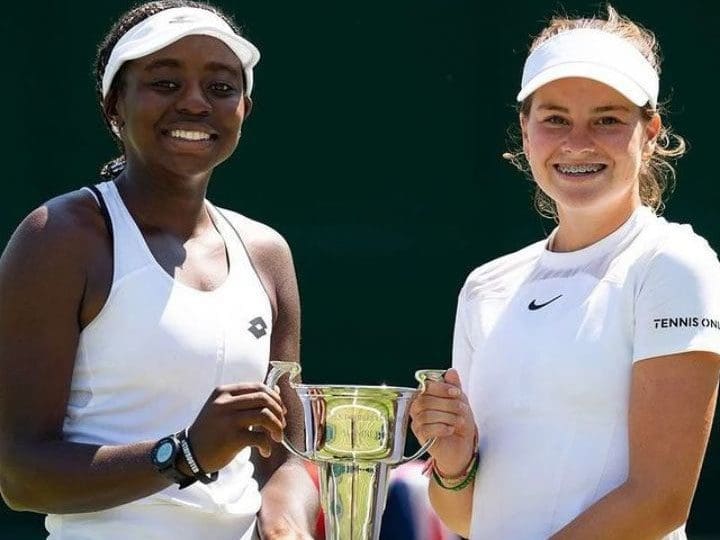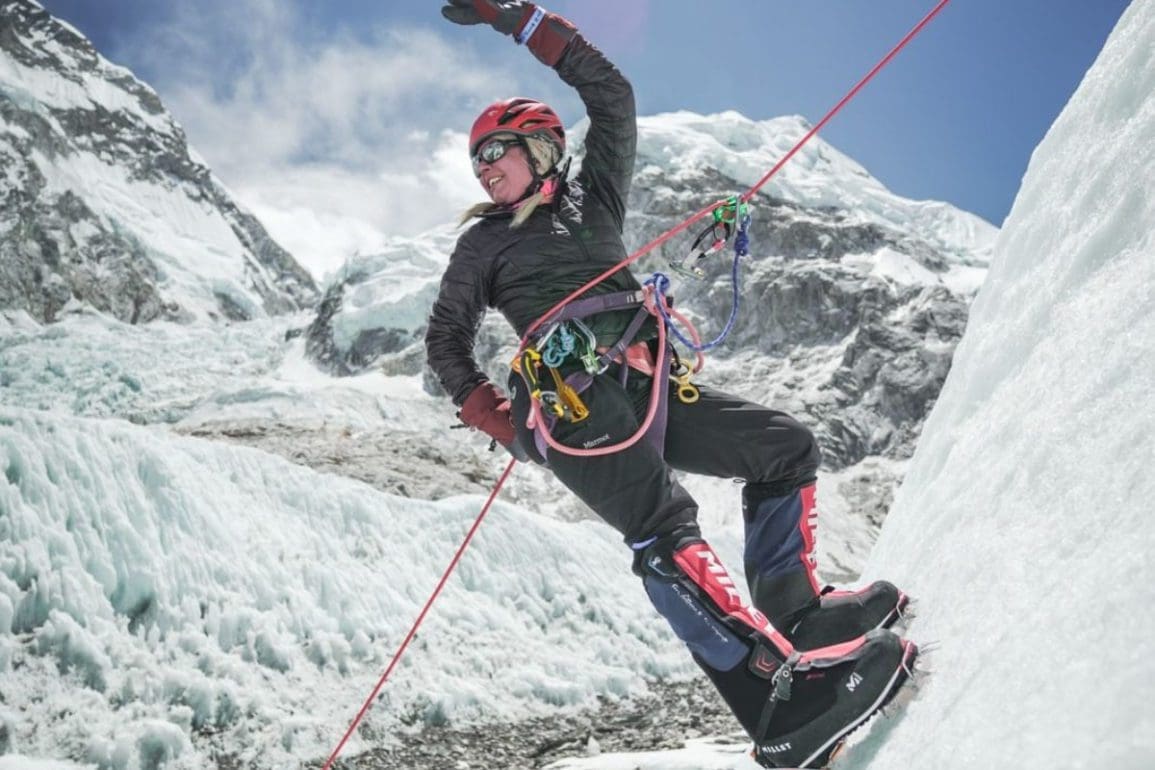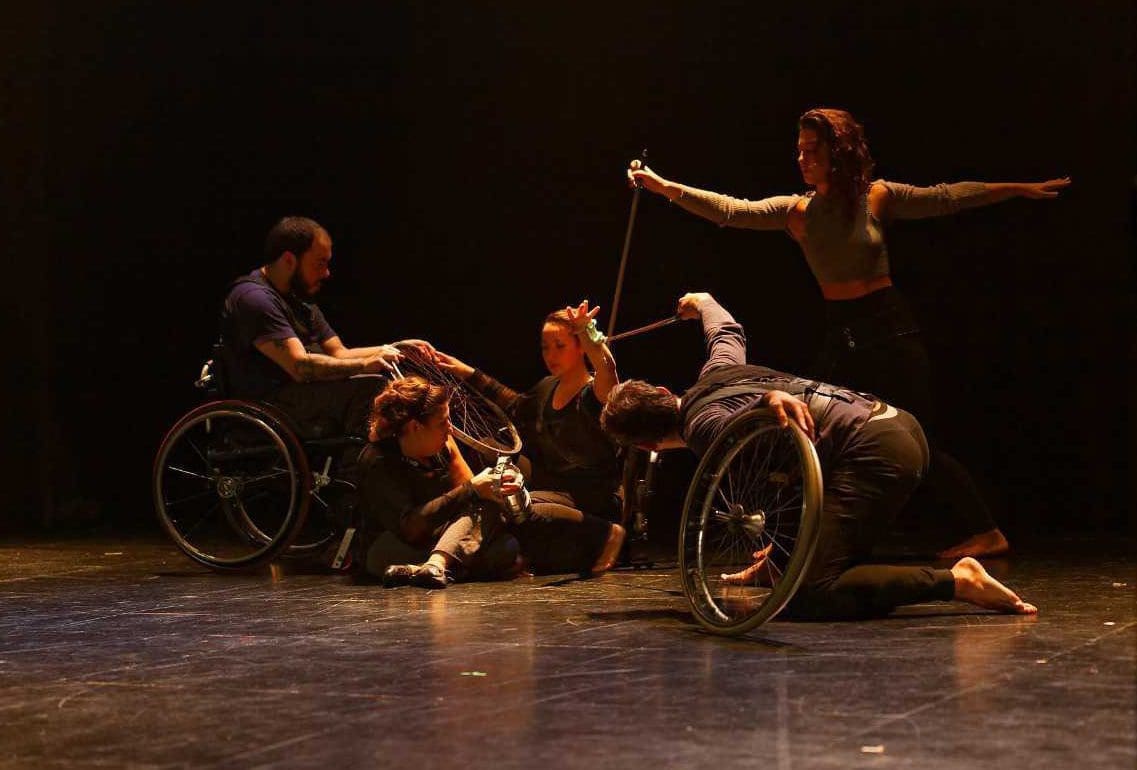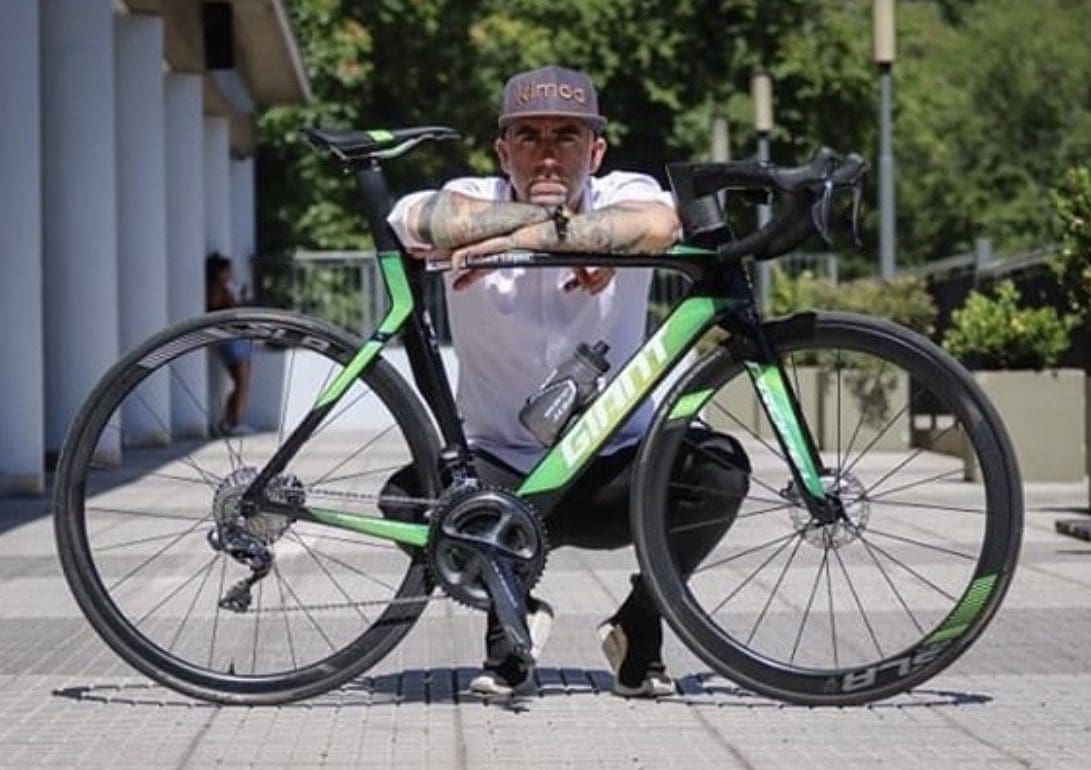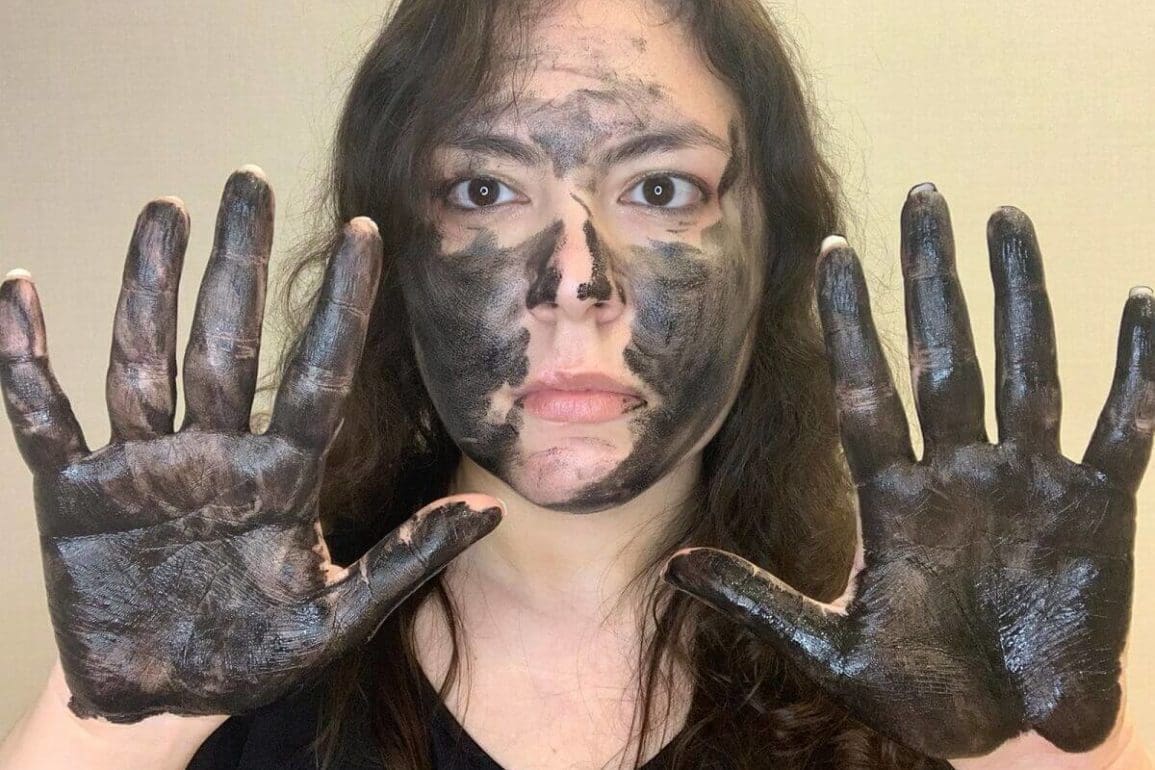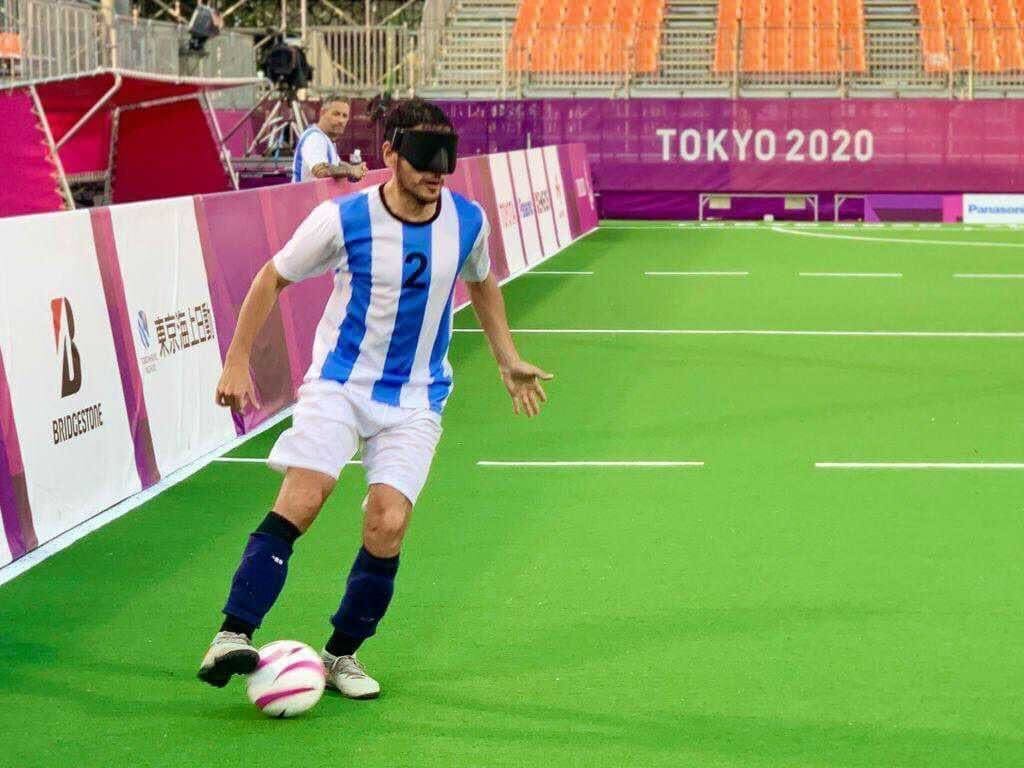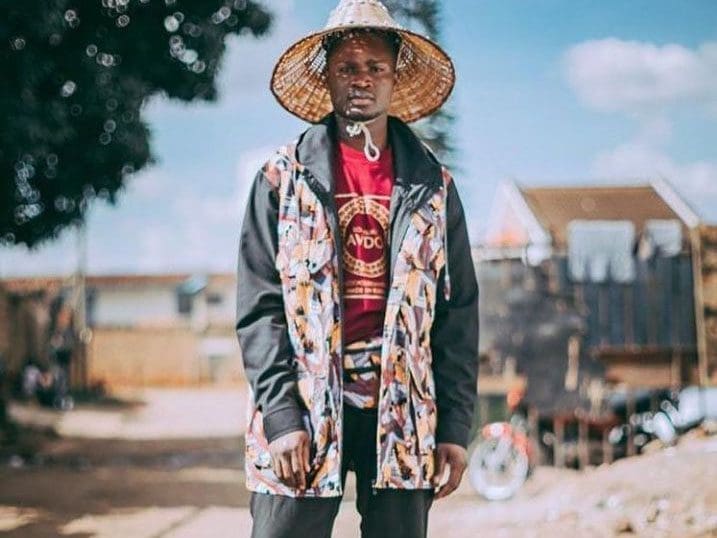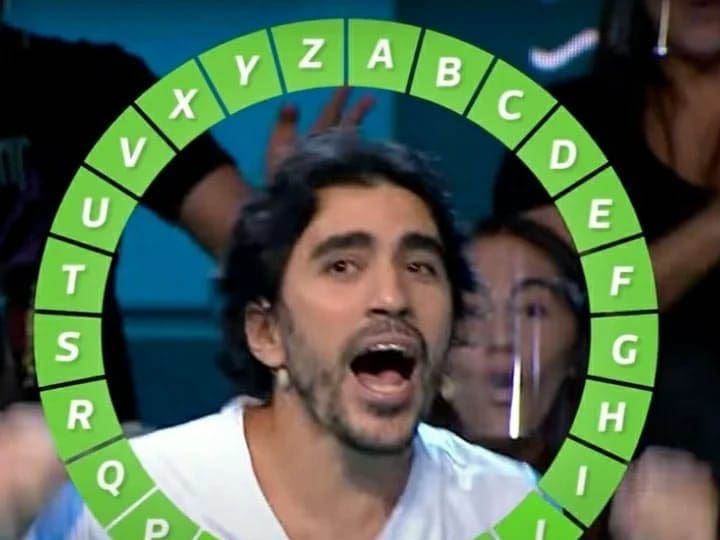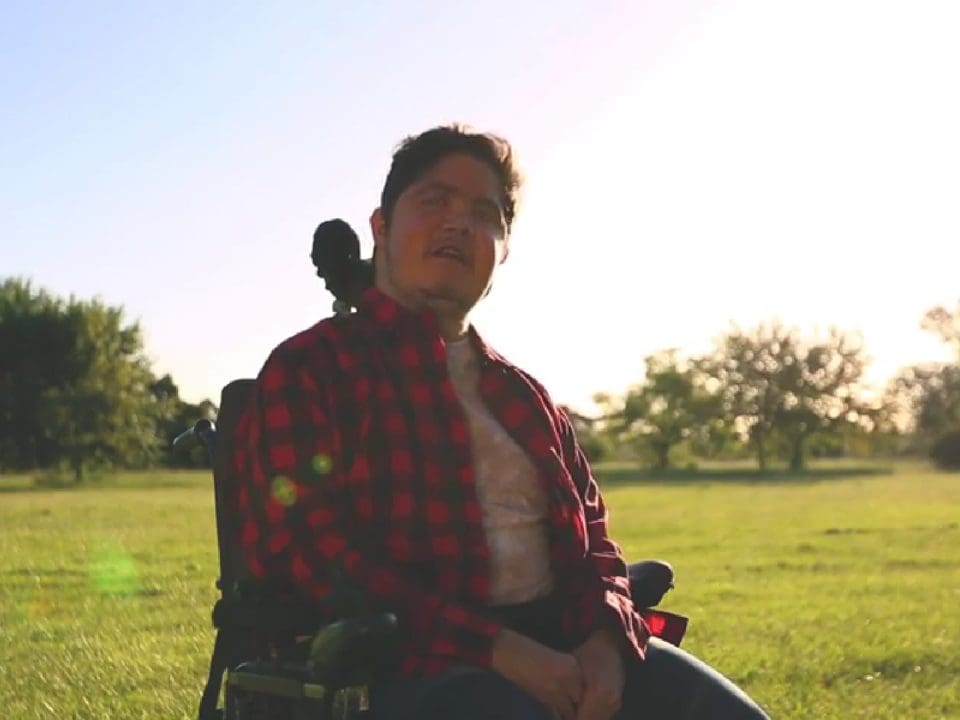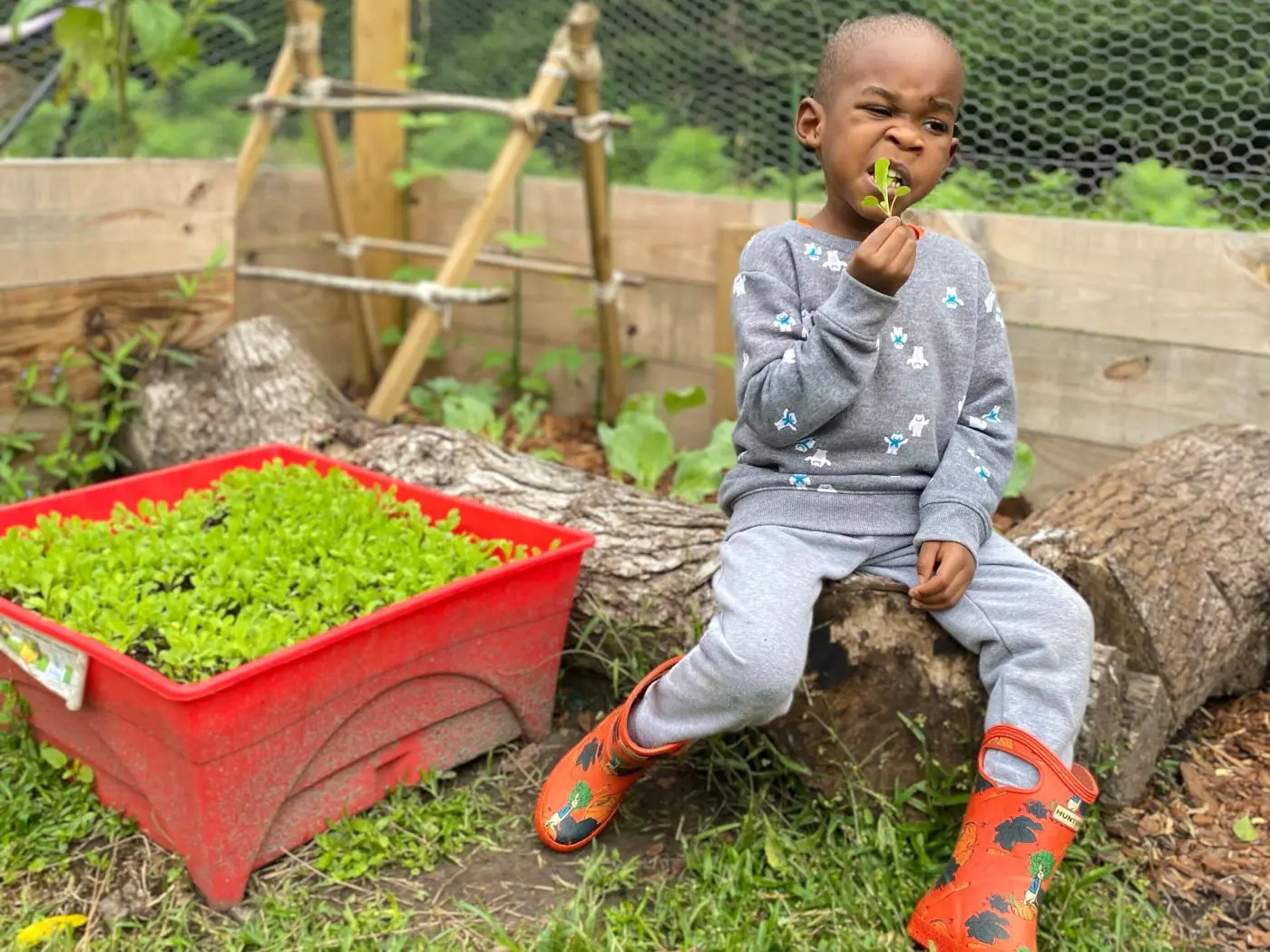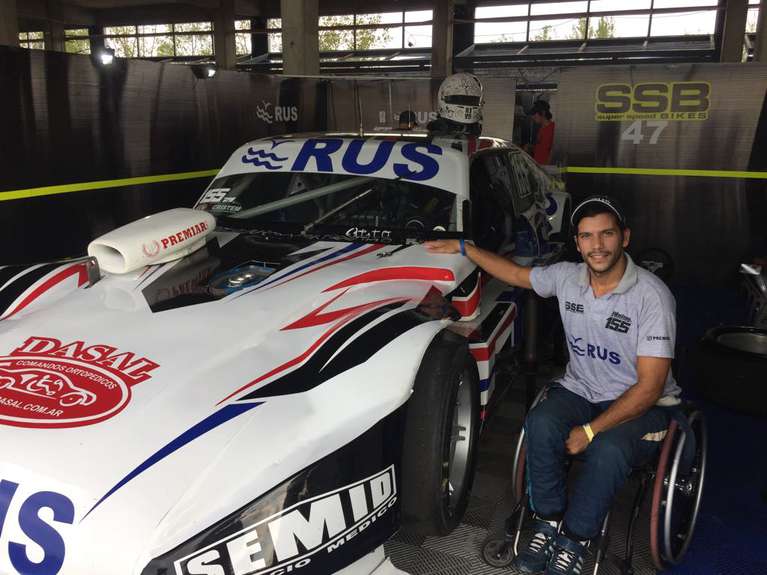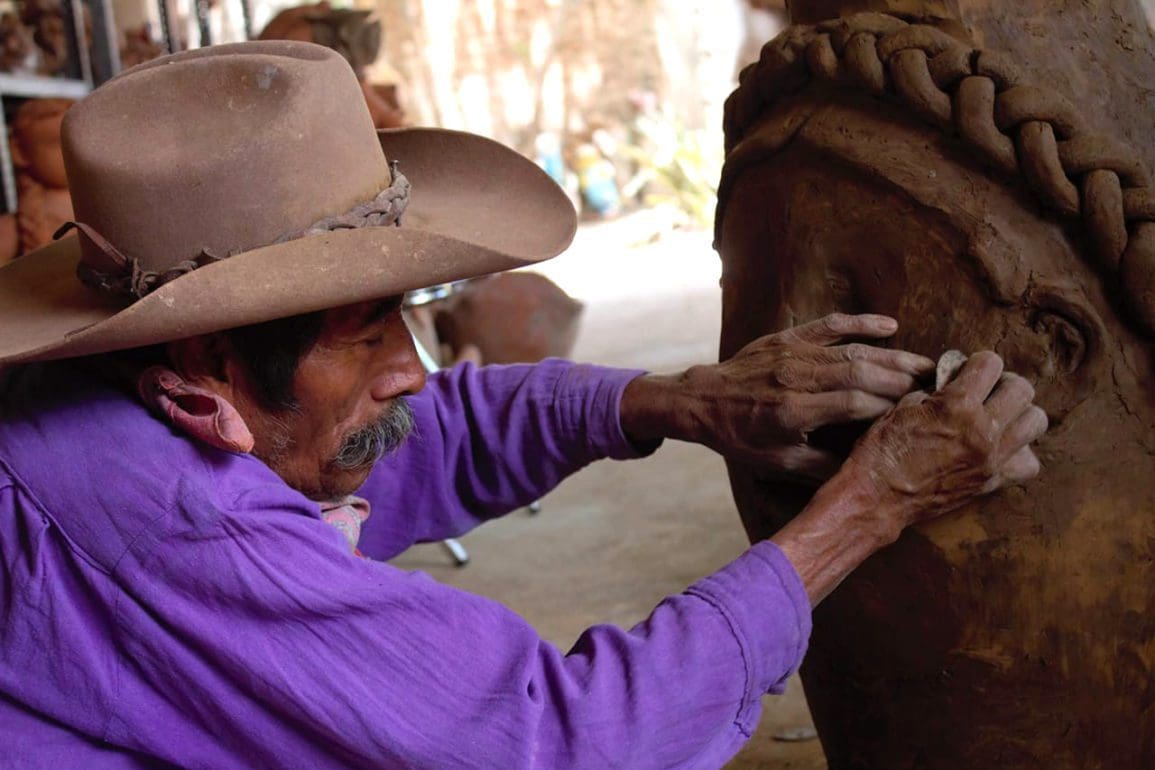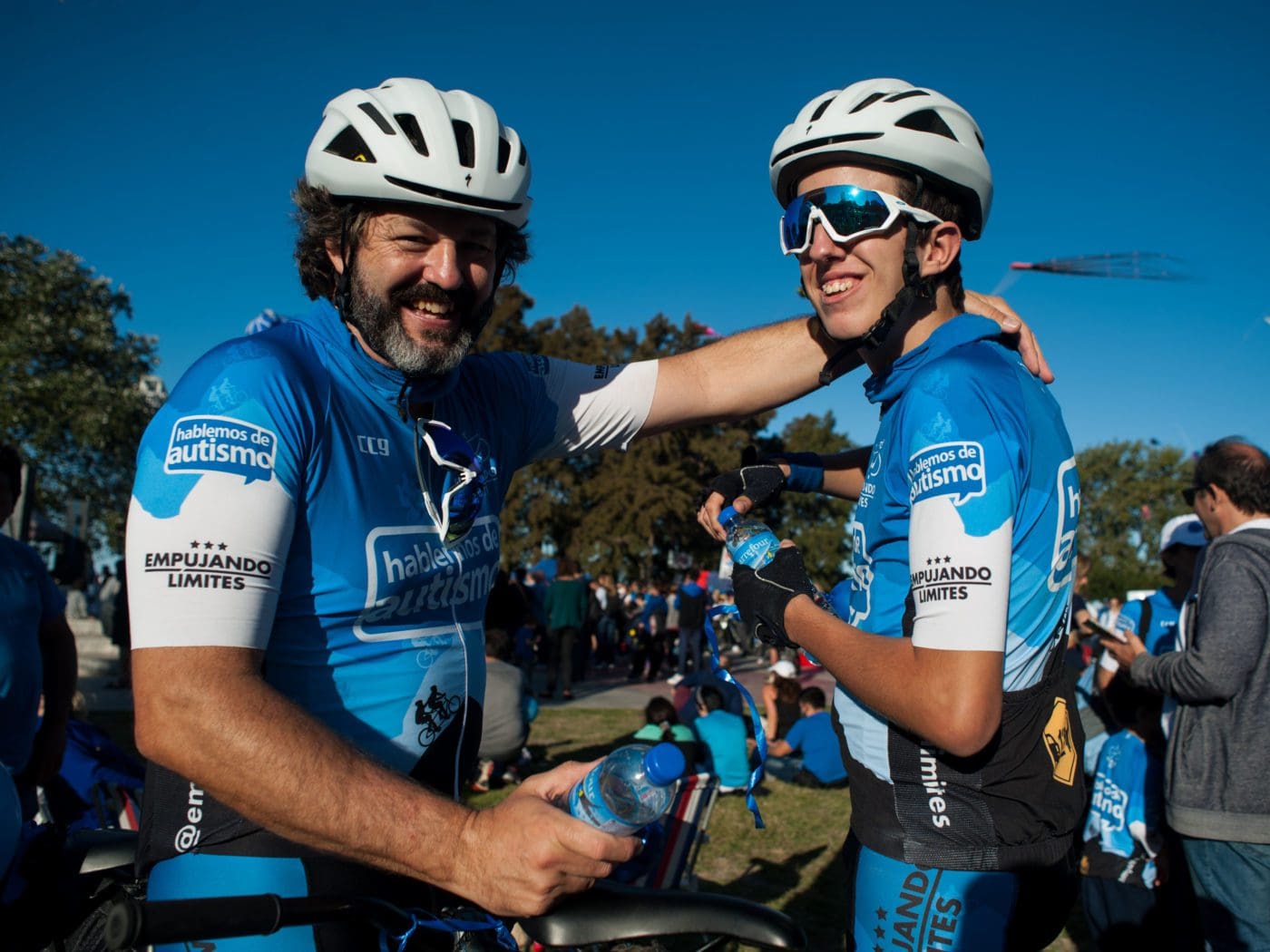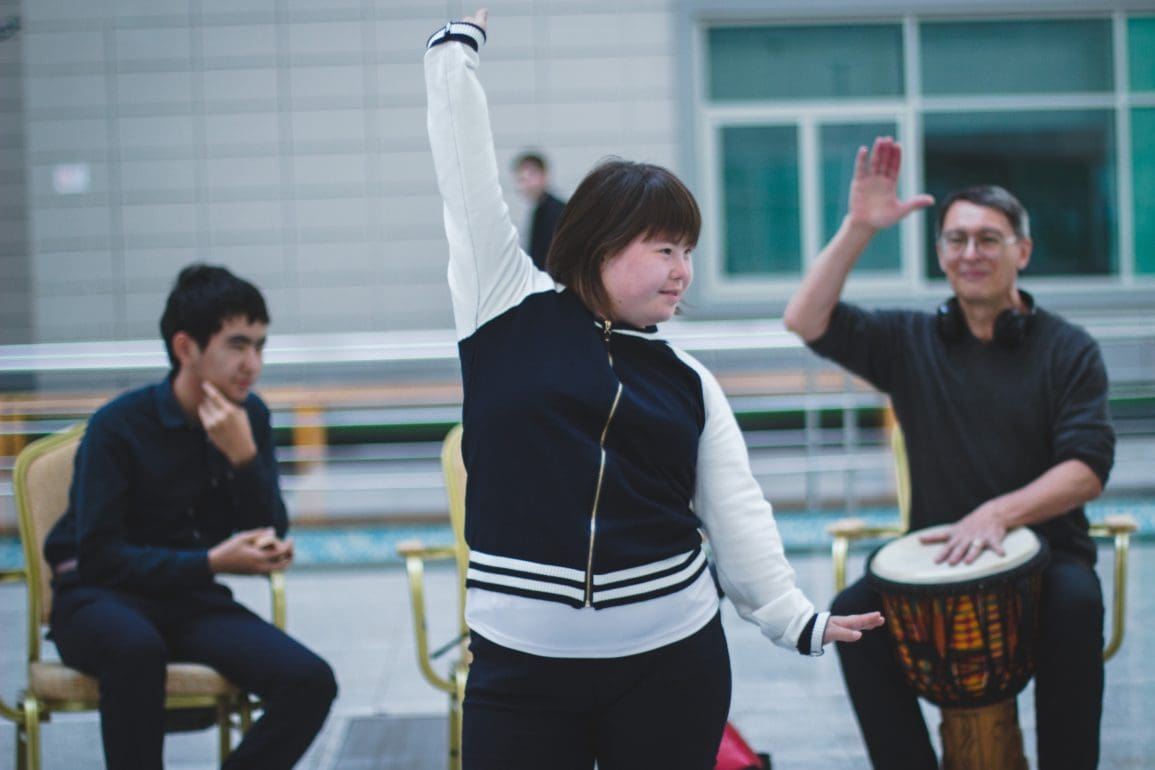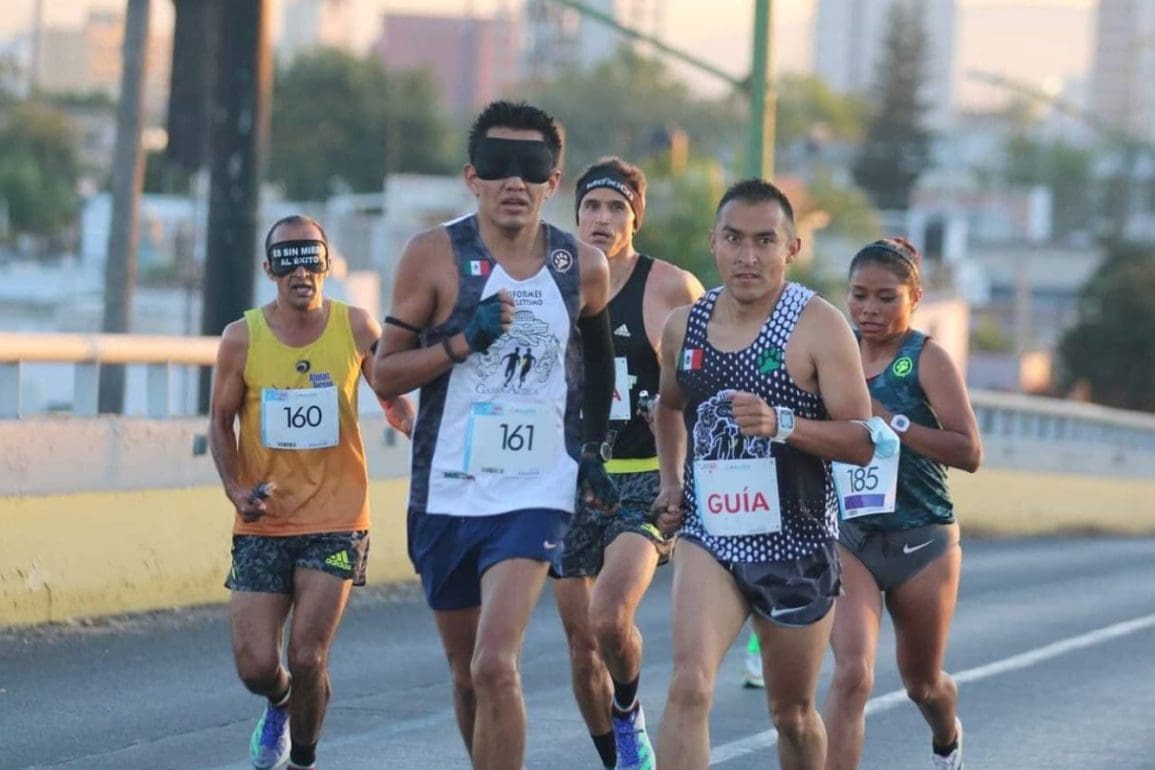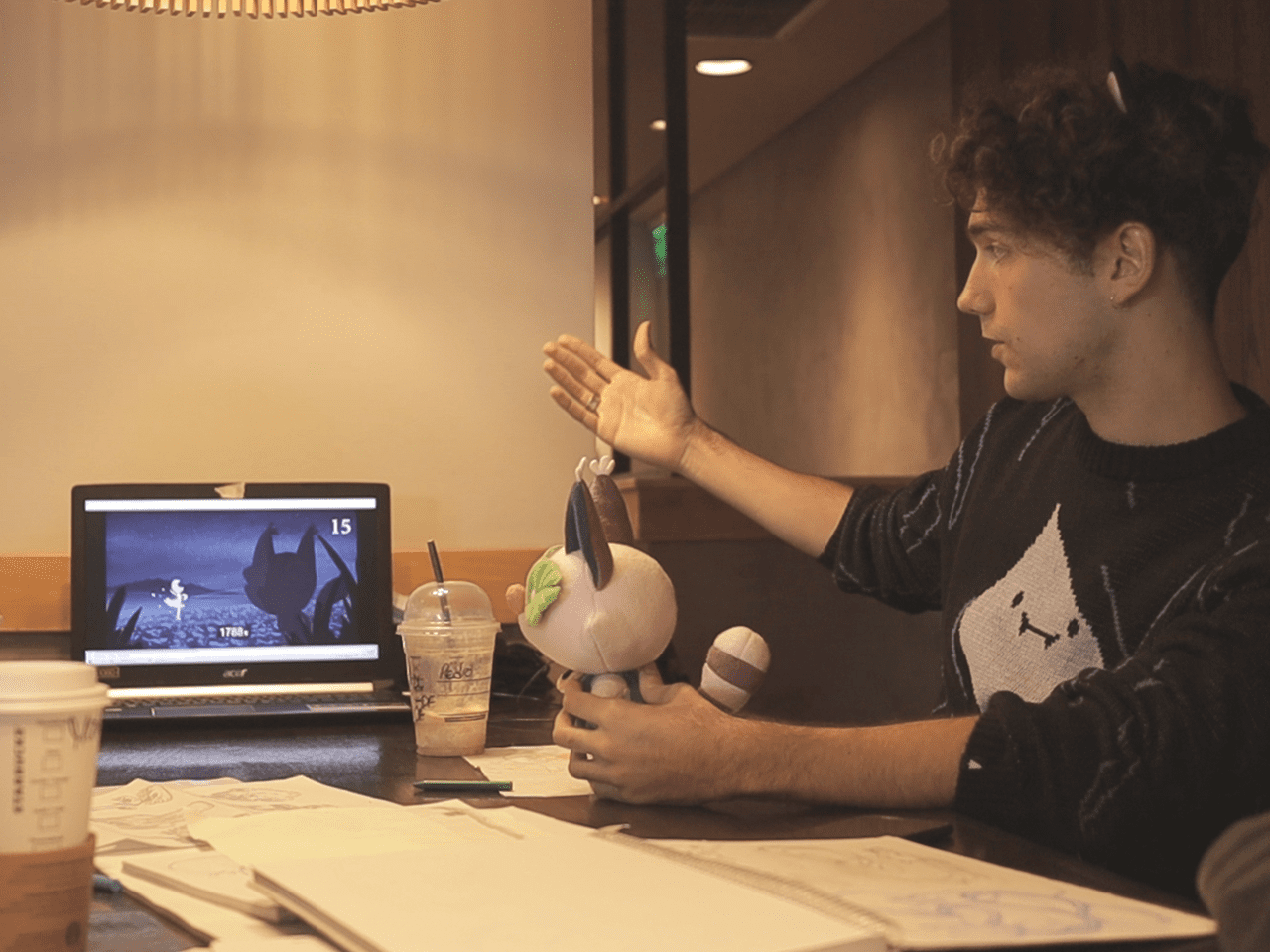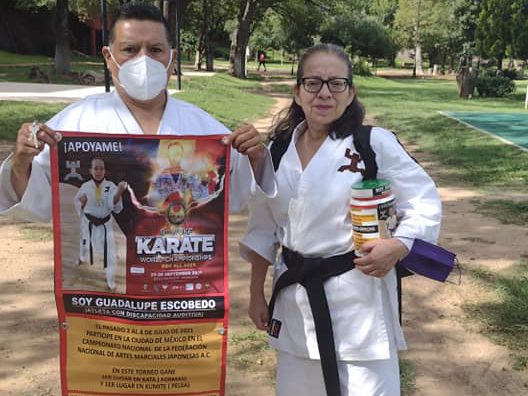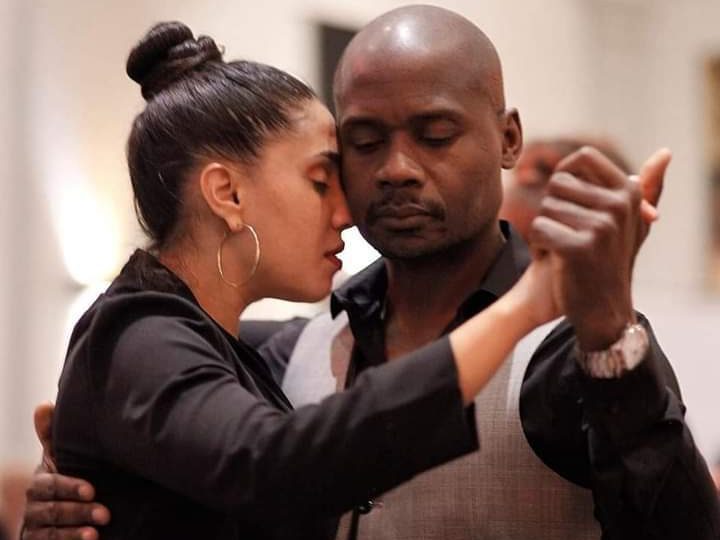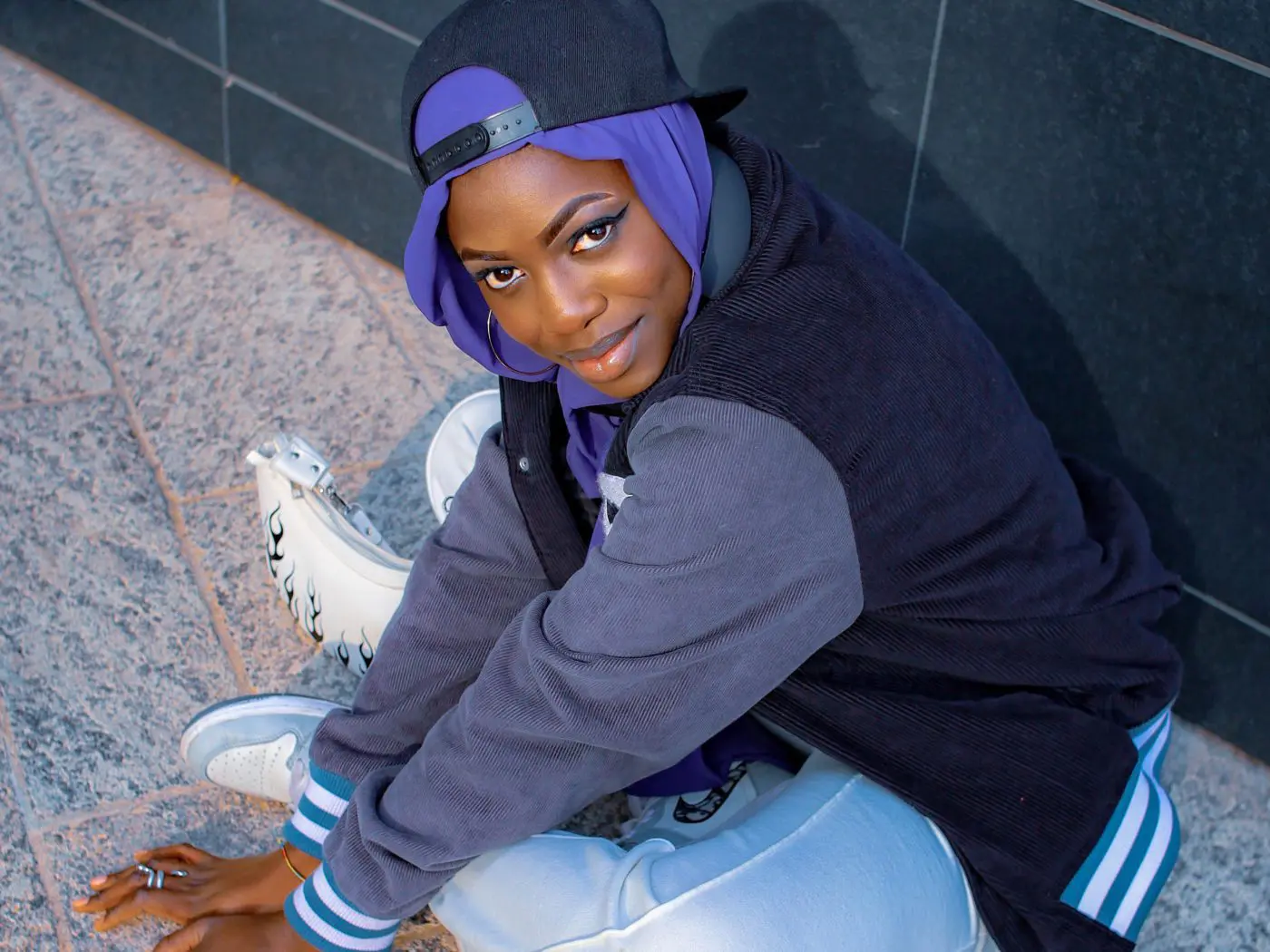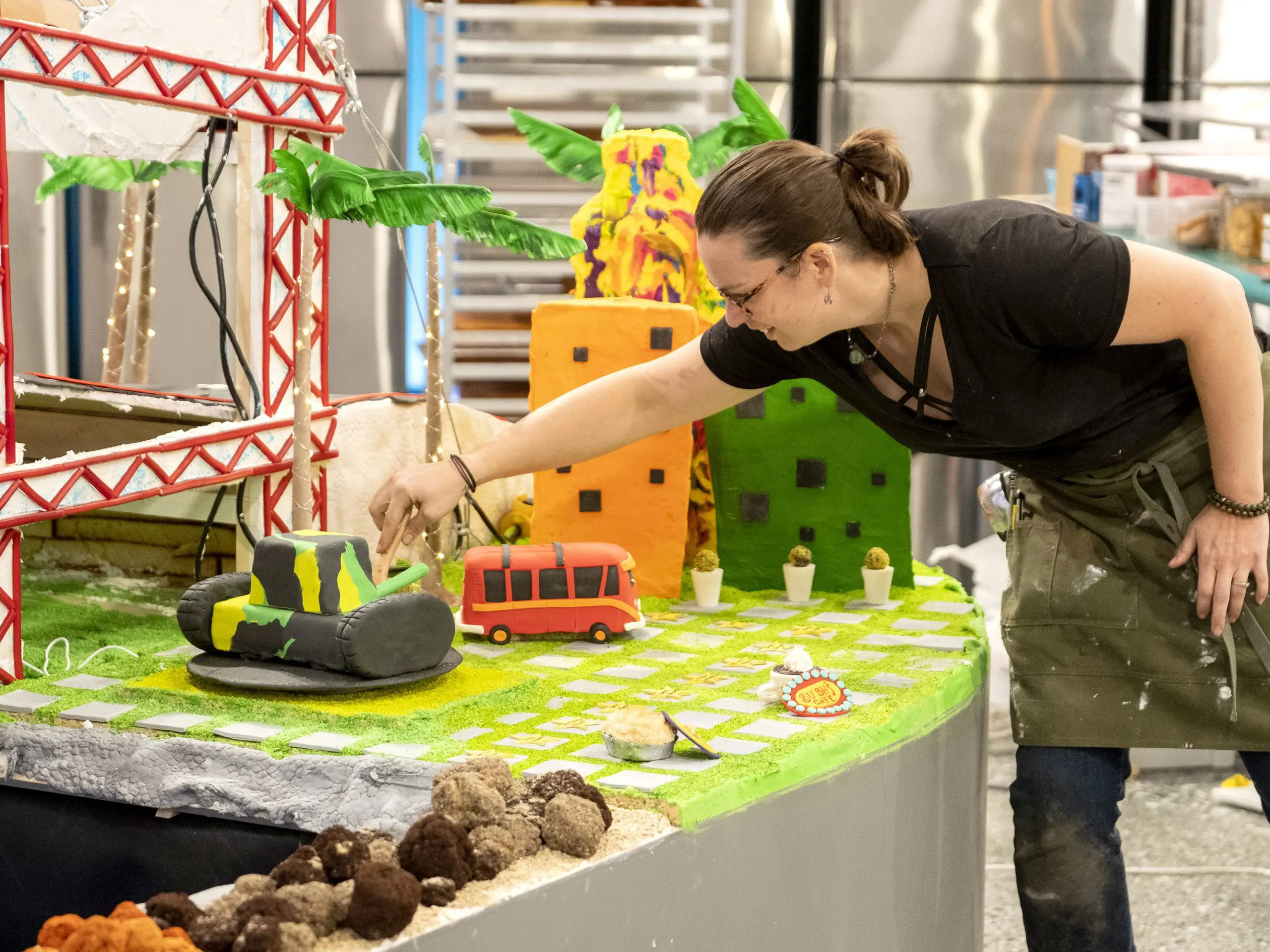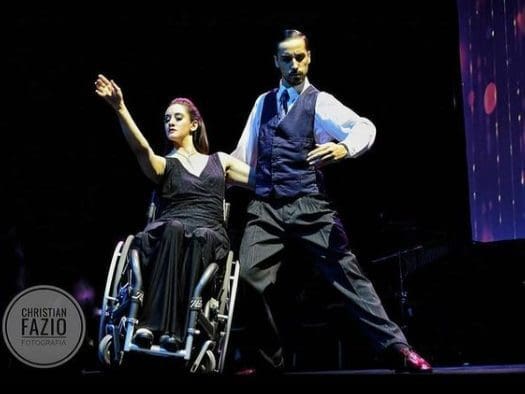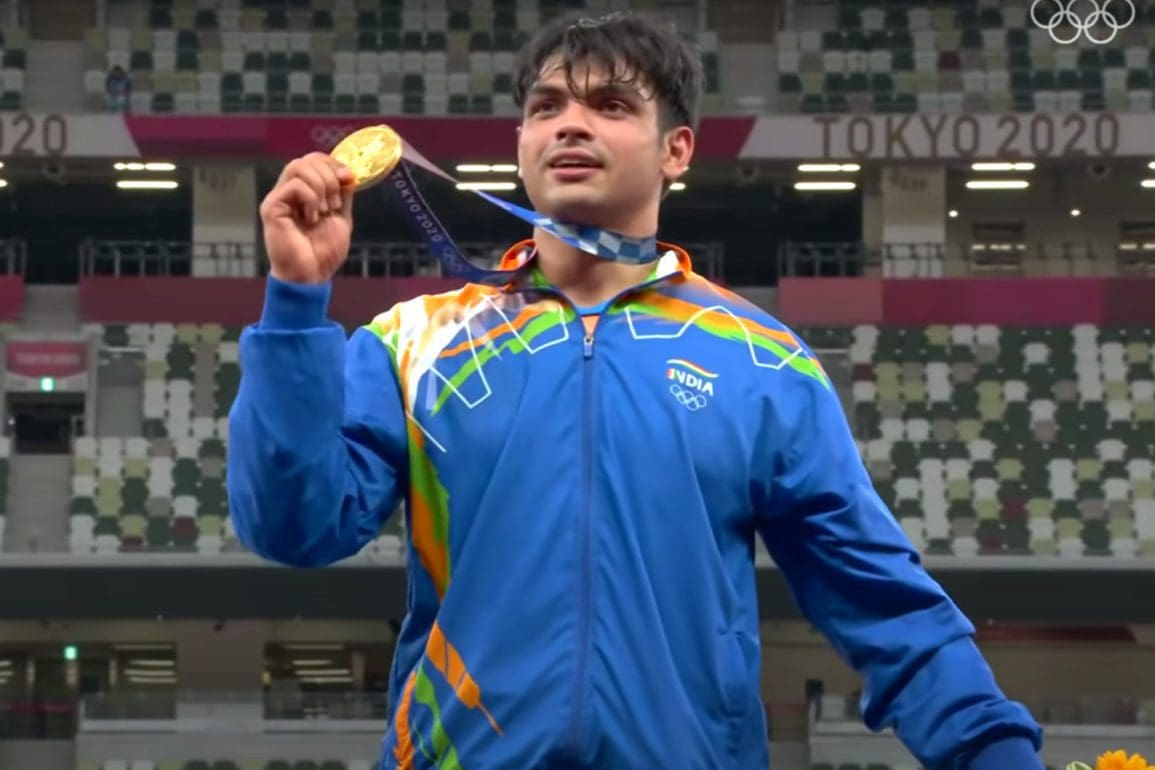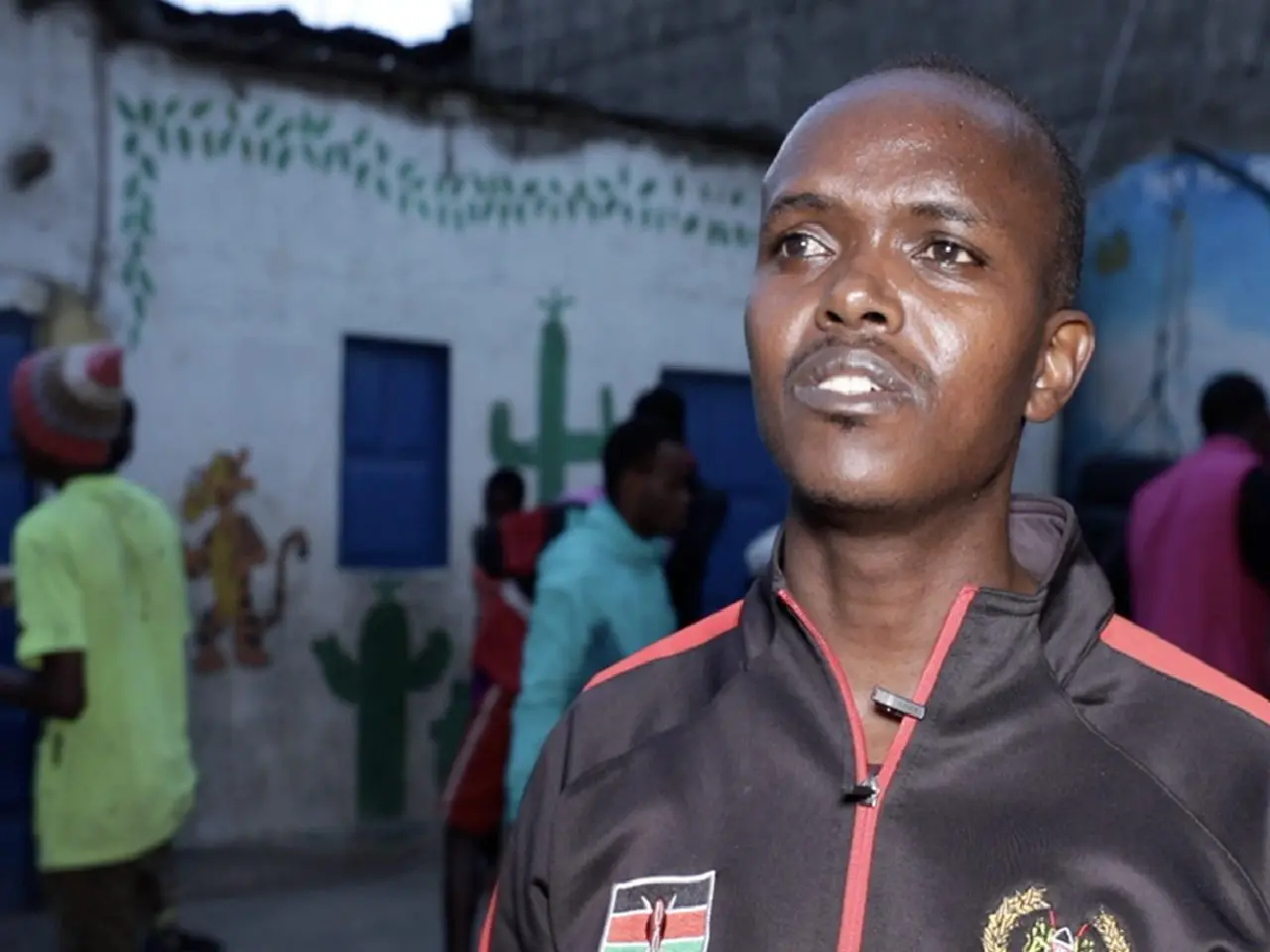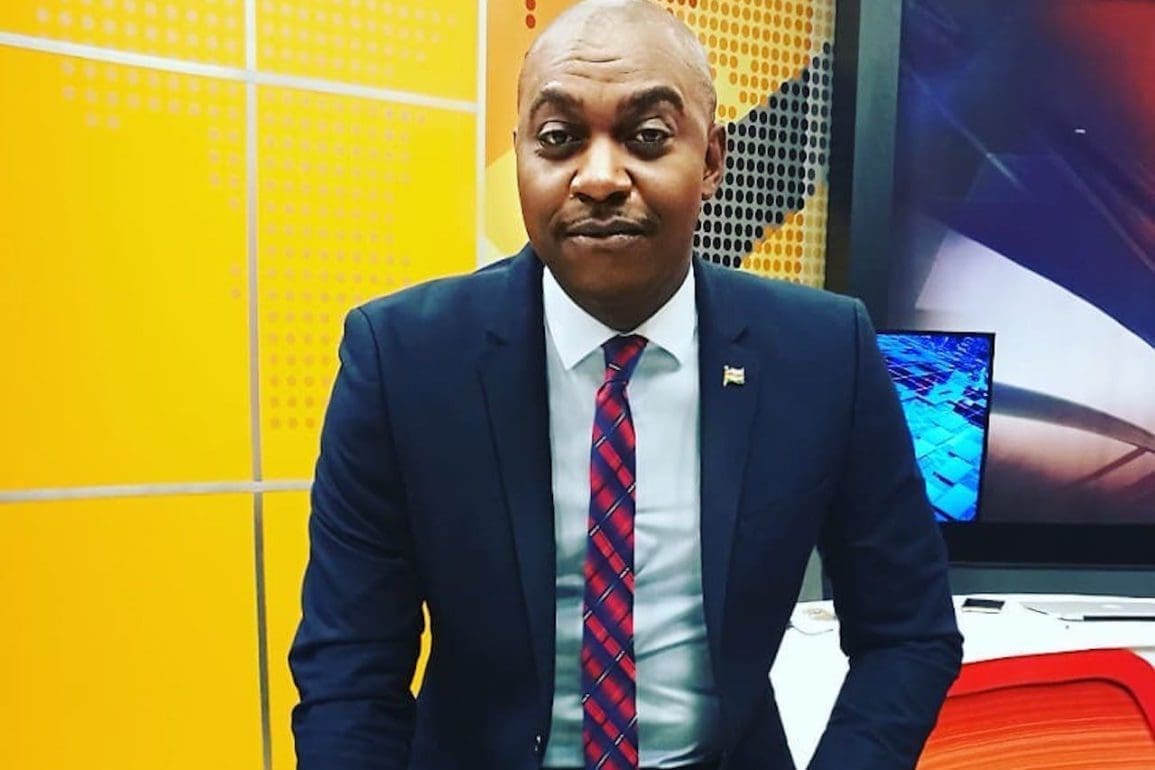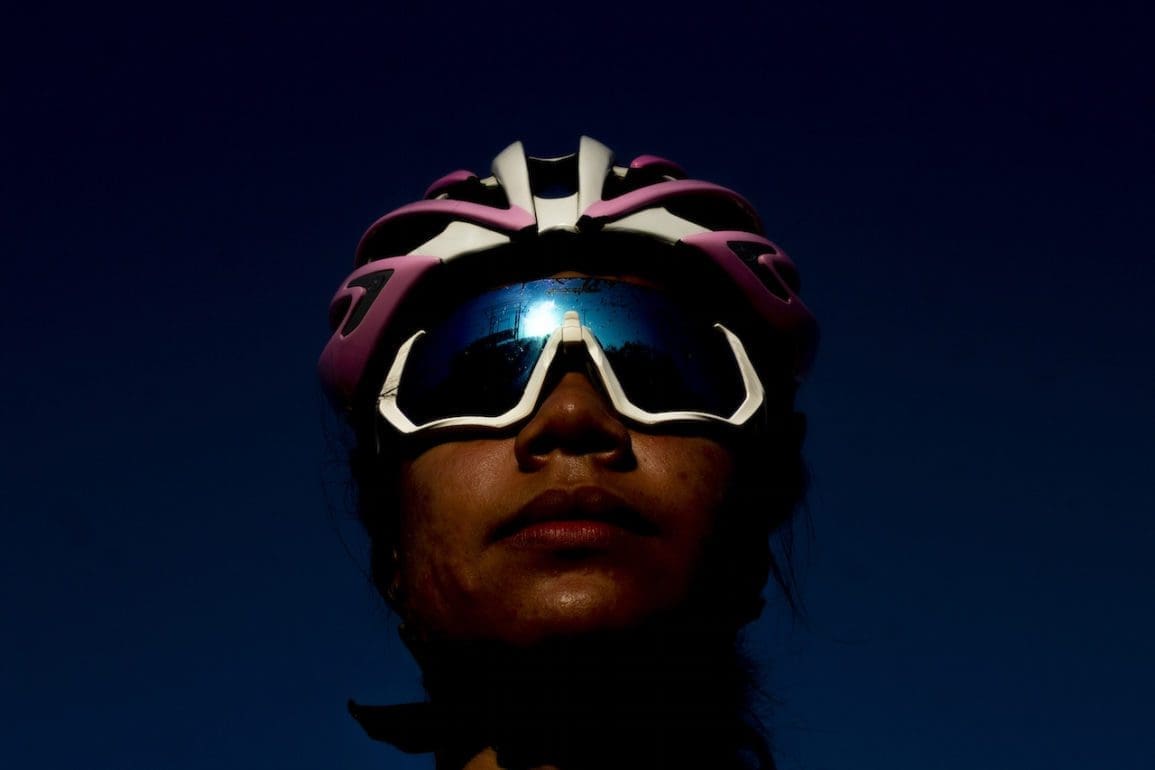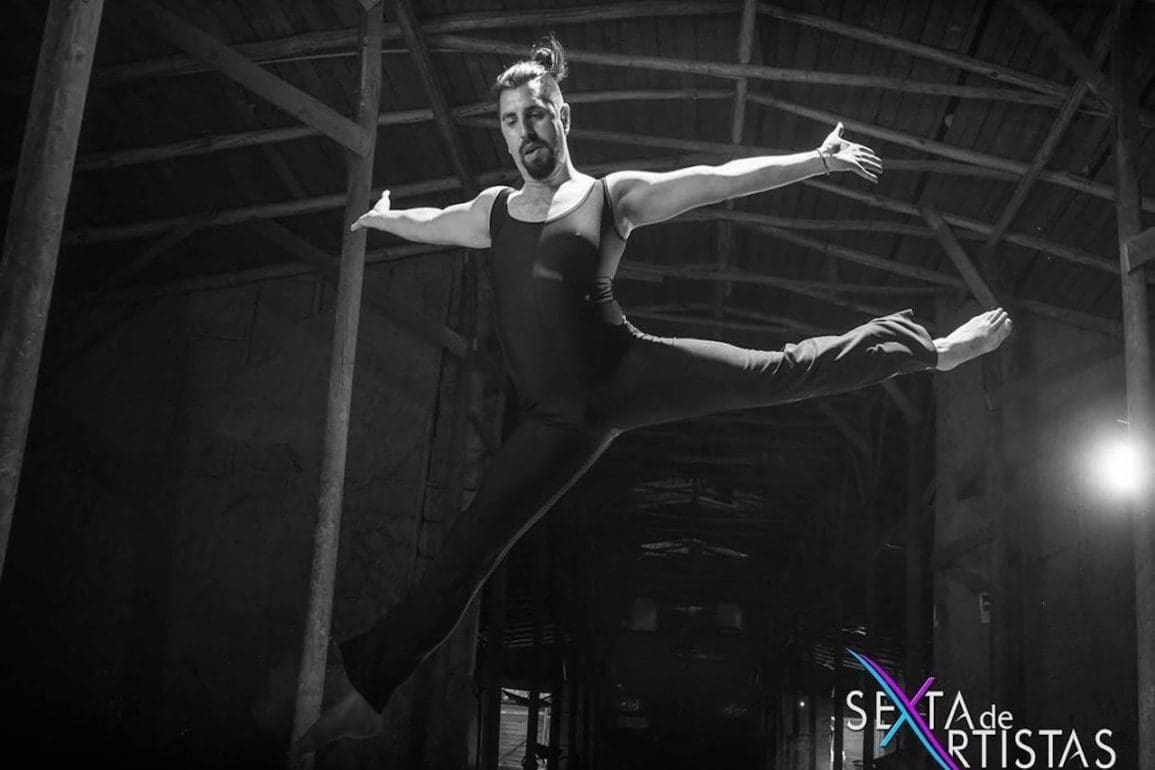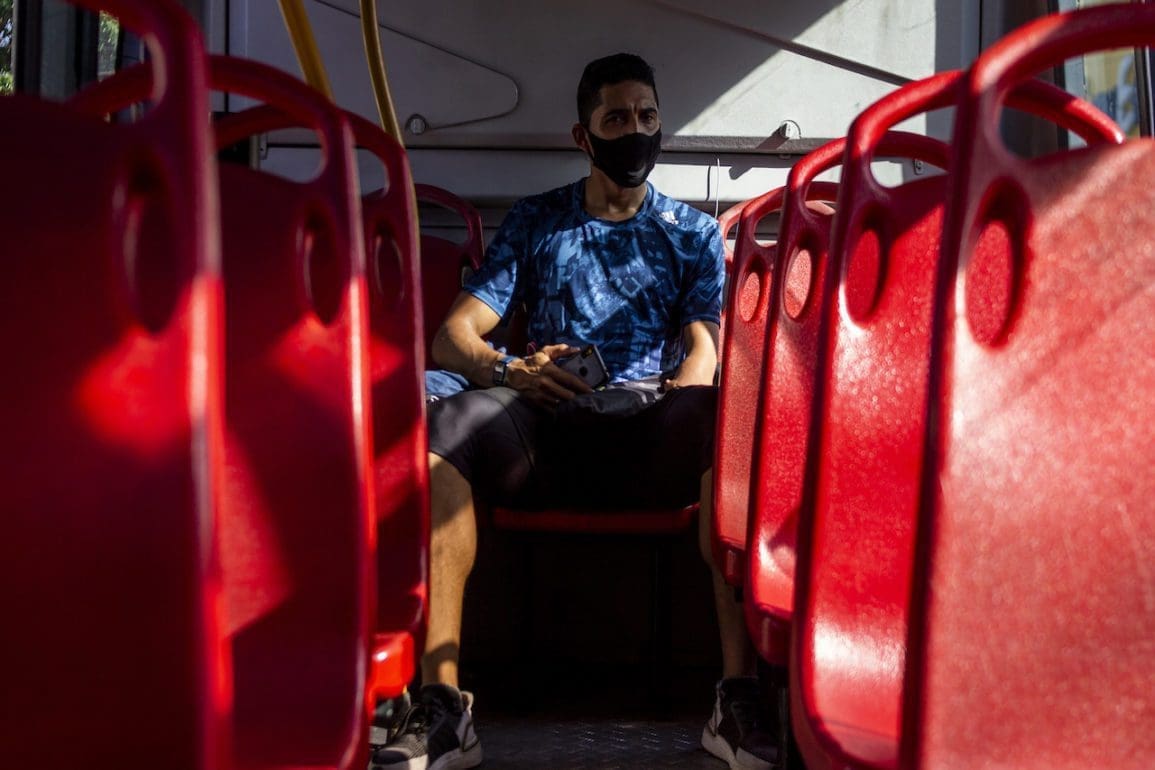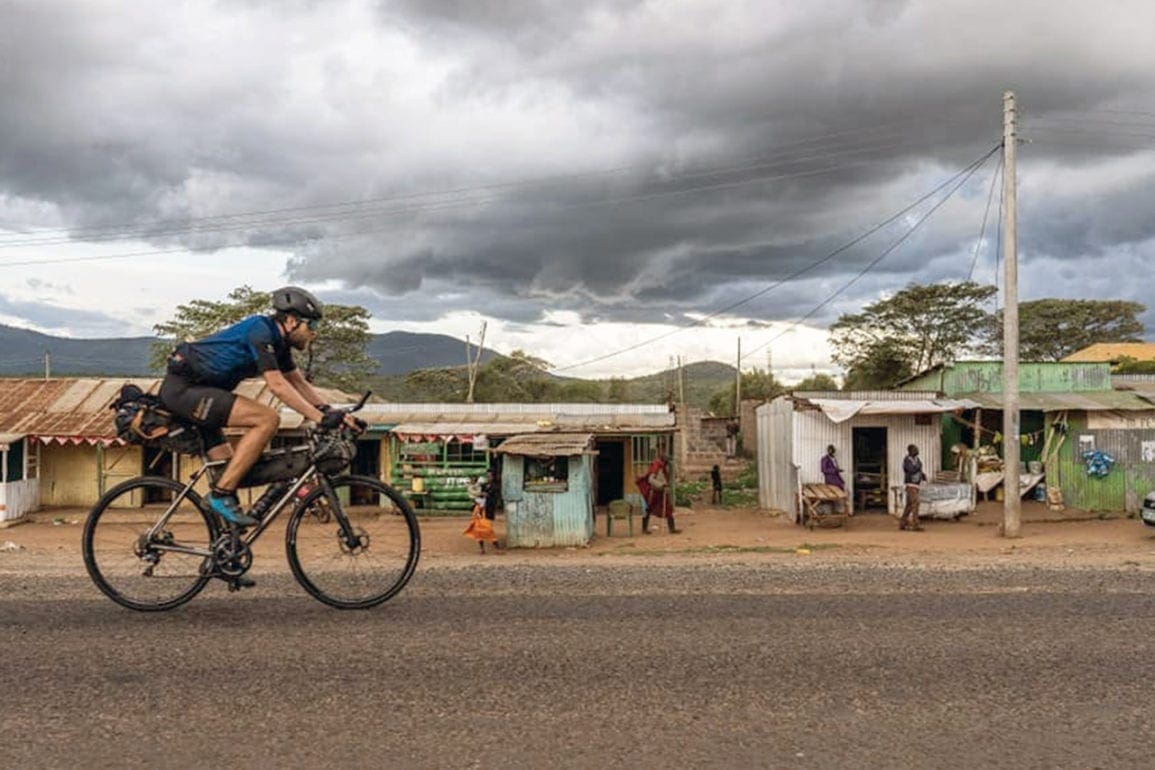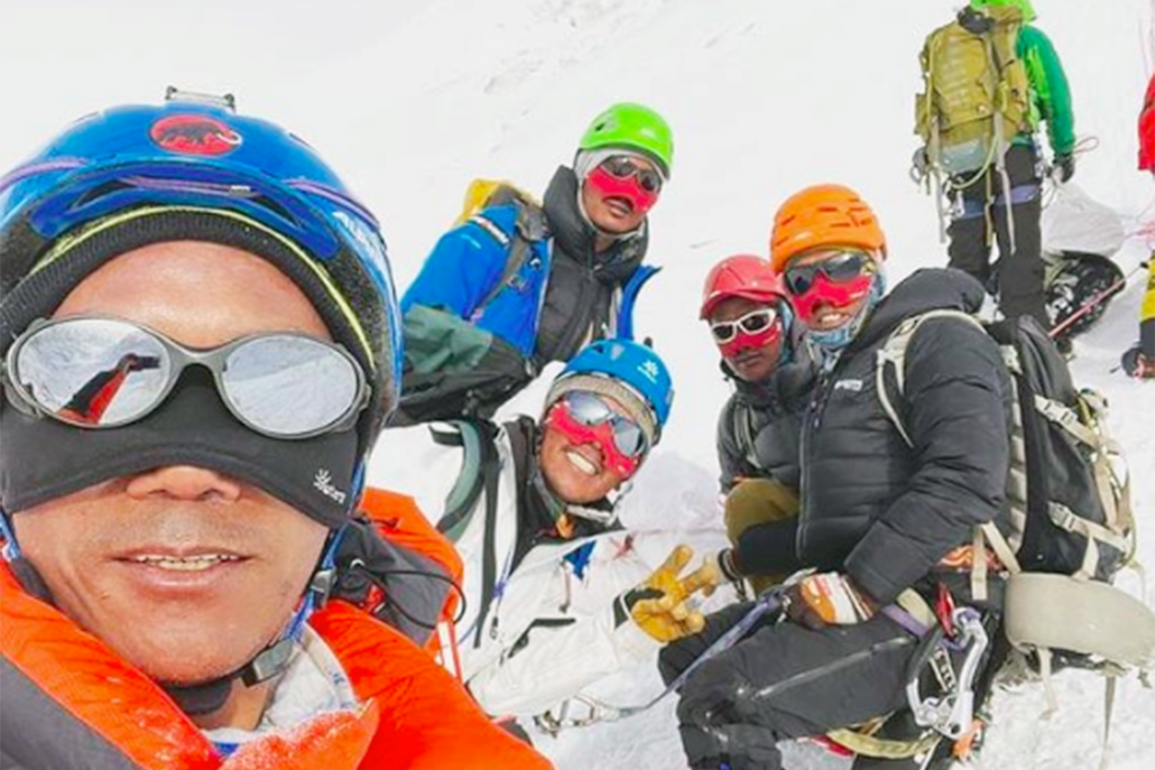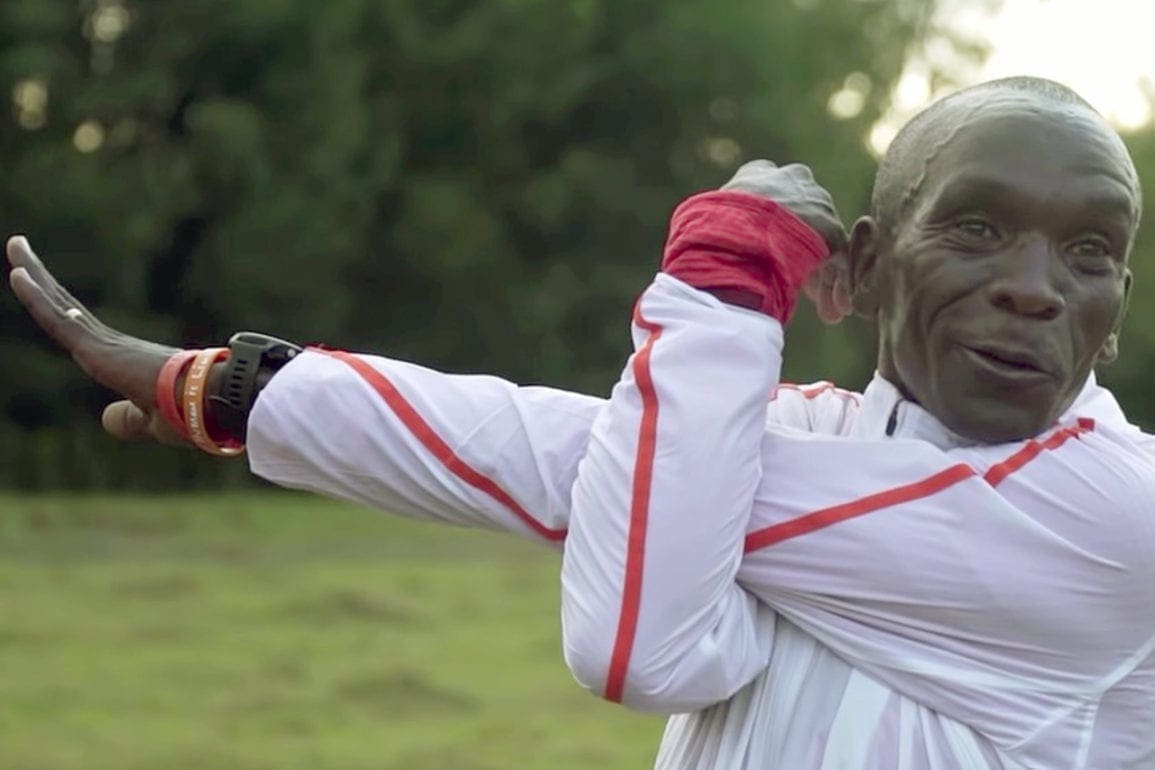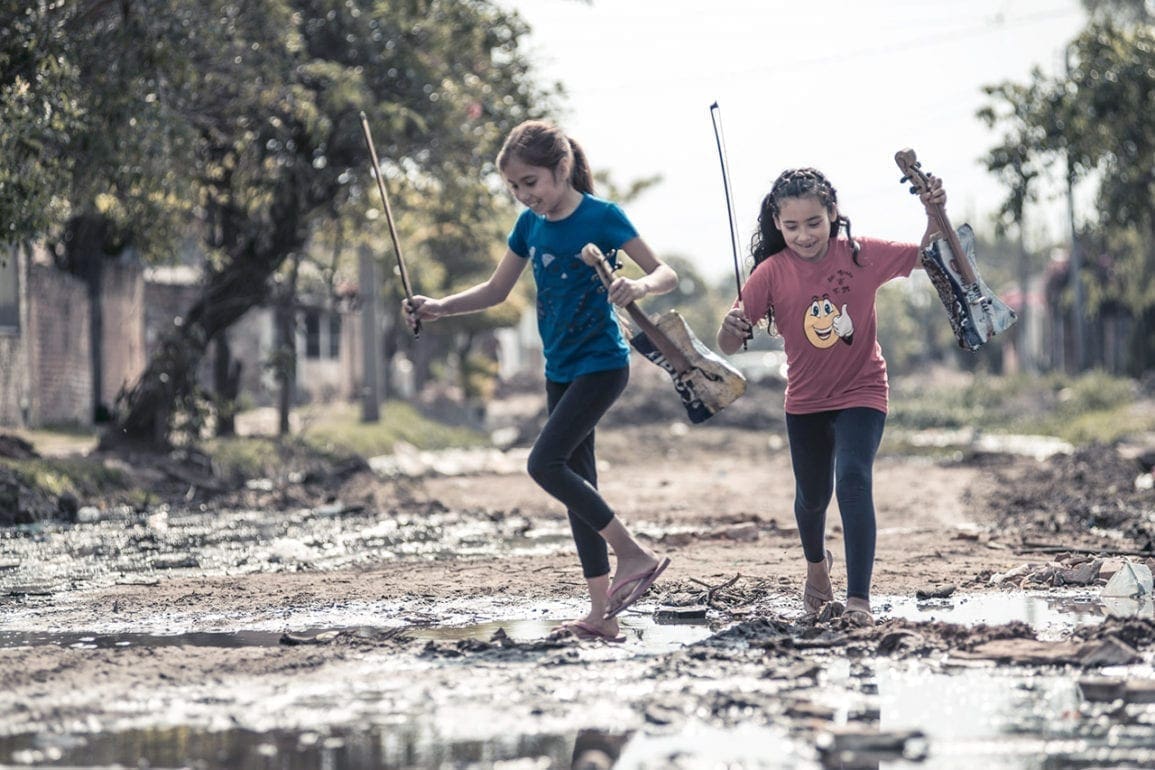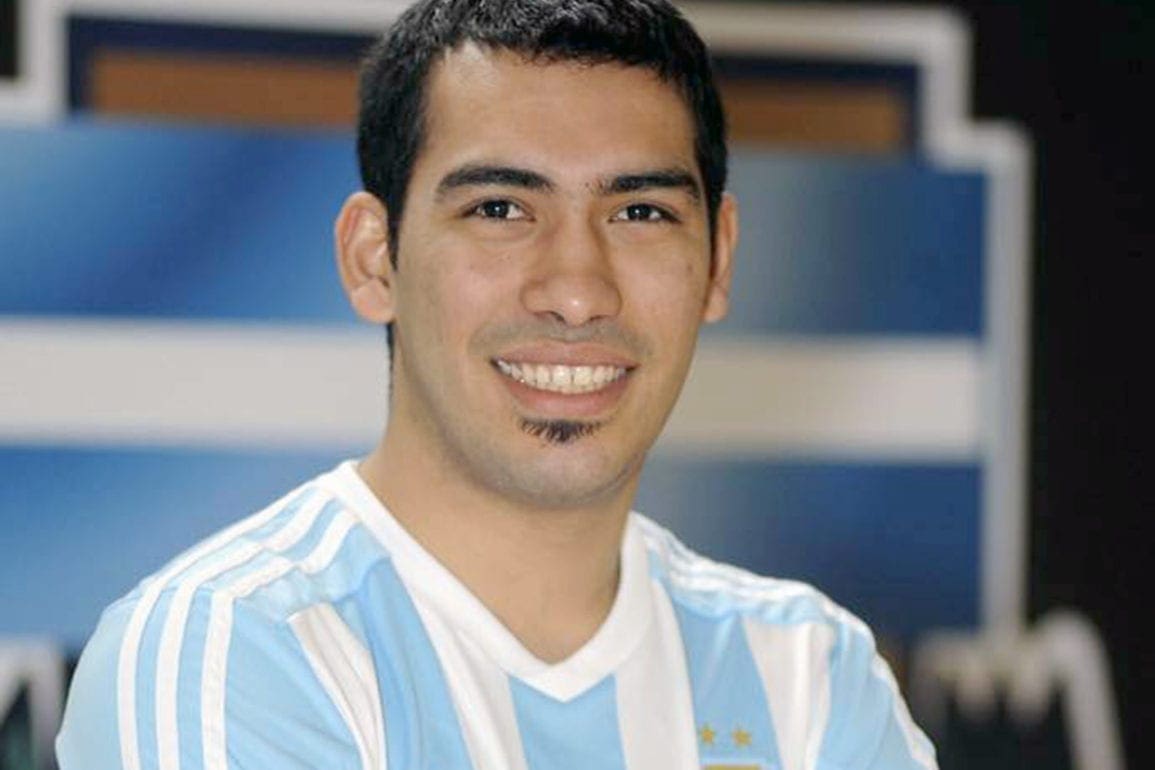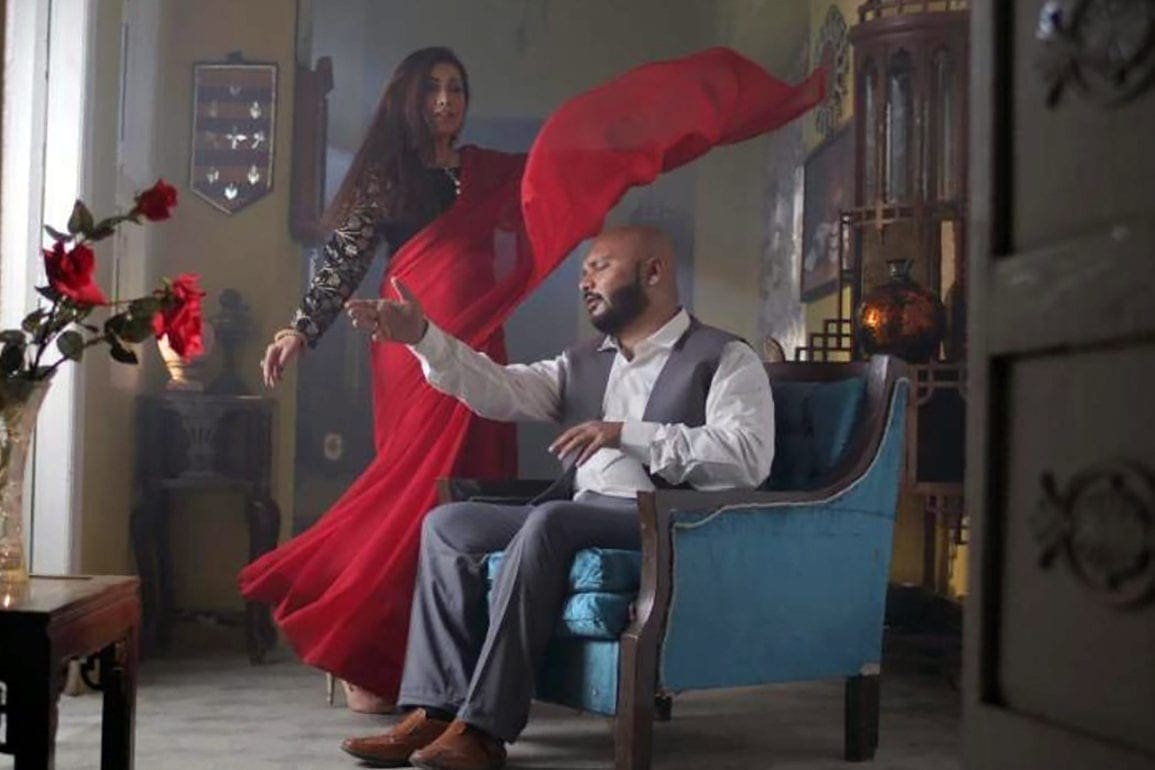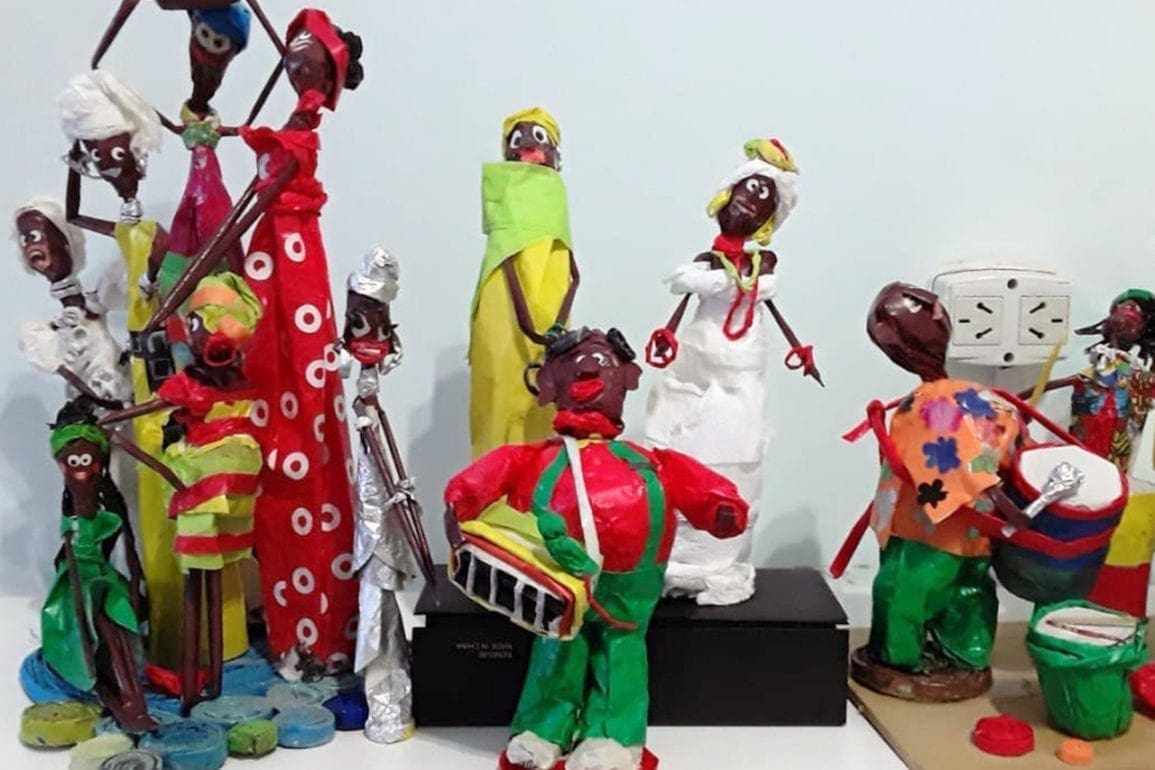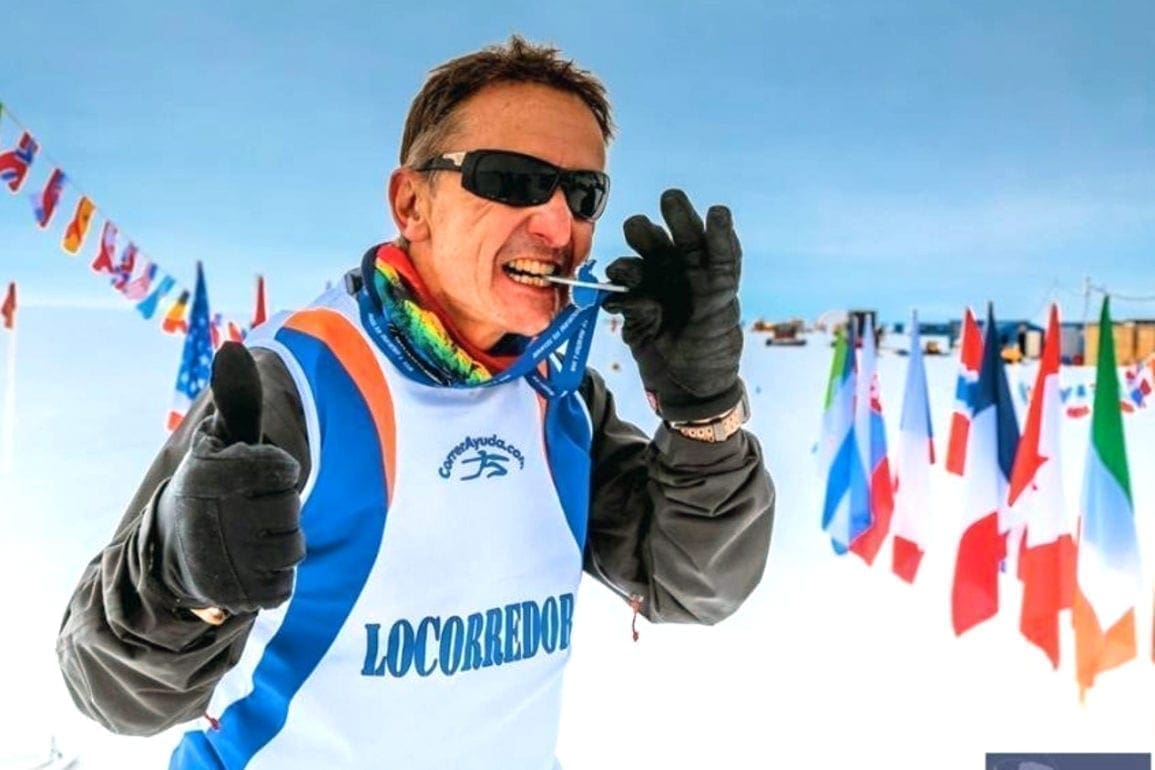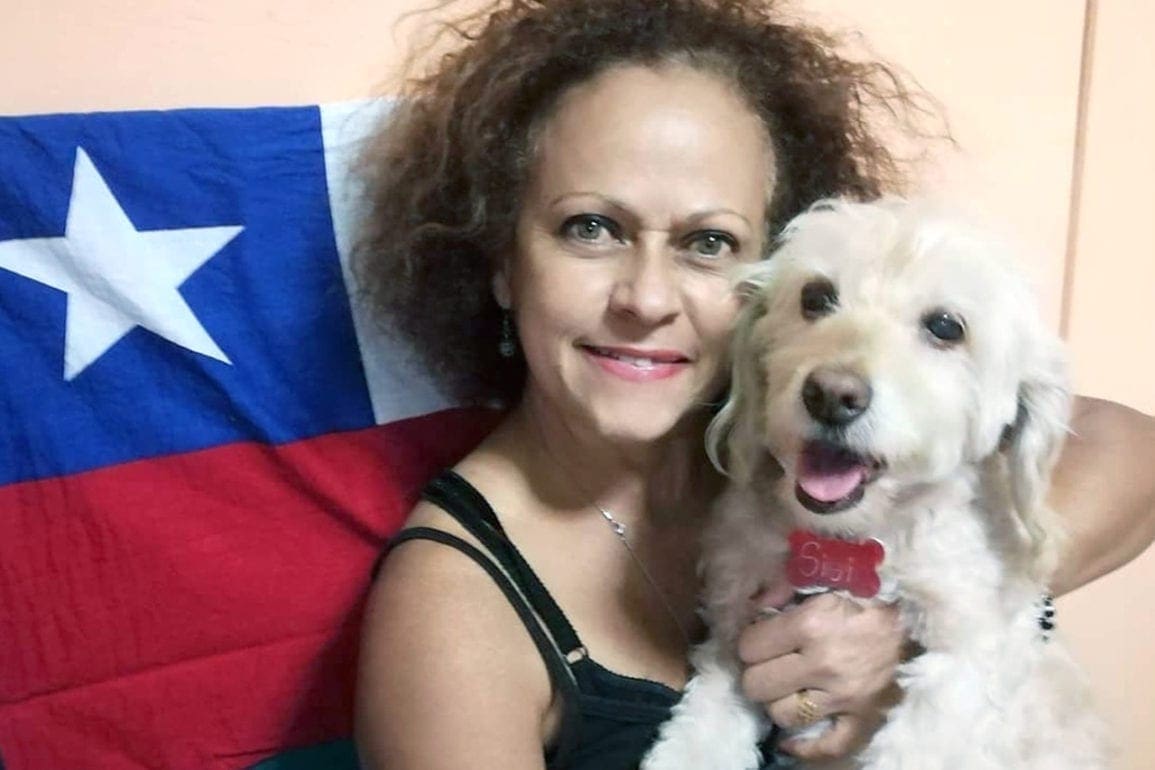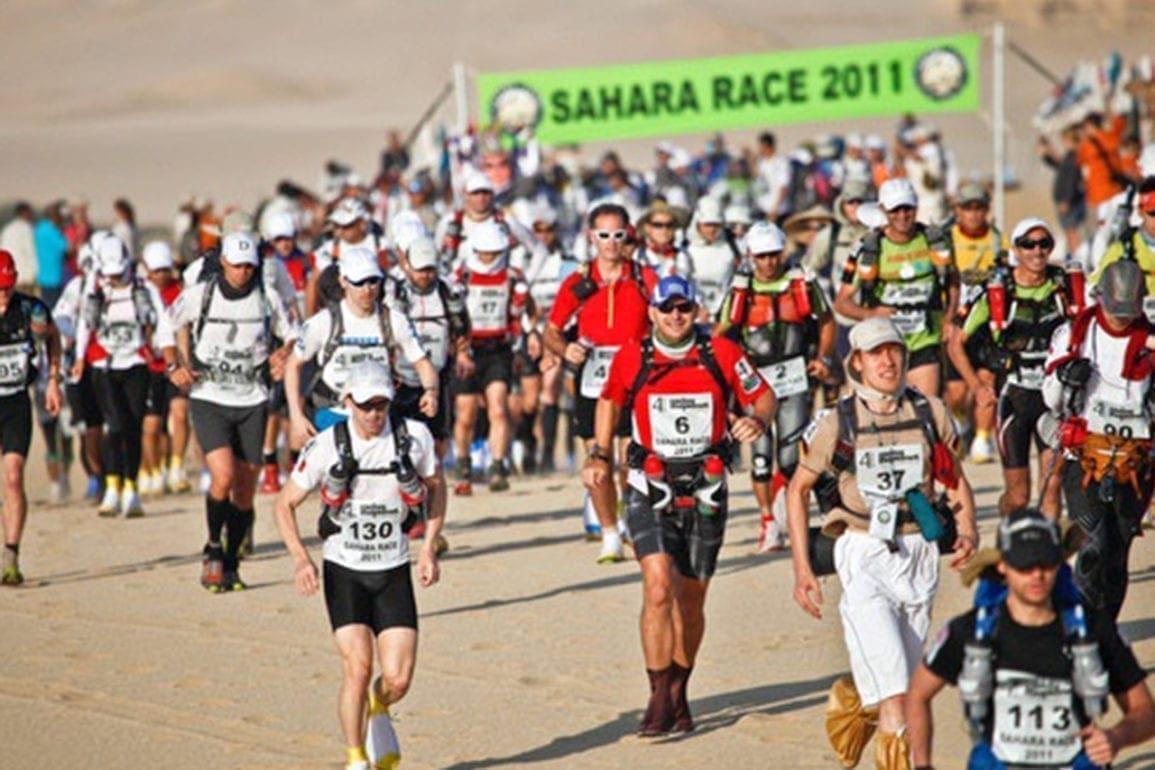Blind athlete faces paralympic disqualification after momentary guide rope slip, turning medal victory into heartbreak
We took about three or four more steps when my guide said, “That is it, Elena.” We had crossed the finish line. I did not even realize it at first and asked him if he was sure. It felt surreal. I always imagined crossing the line with my arms raised, celebrating, but after what had happened just meters before, I felt disoriented.
- 1 year ago
October 19, 2024
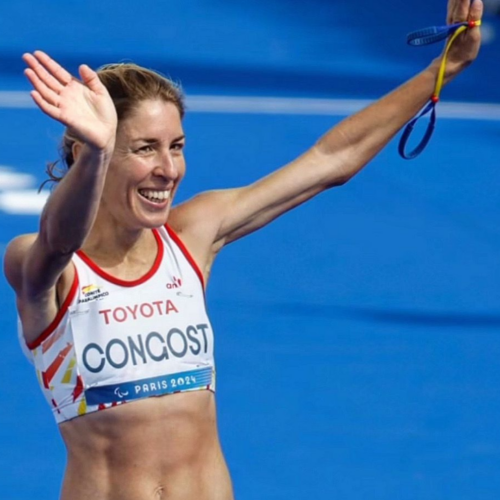
PARIS, France — In just a few minutes, I went from the excitement of winning my first Paralympic medal to being disqualified from the event. It felt like my world fell apart. I did not want to see or talk to anyone. I wonder, how could a moment of humanity, lasting less than a second and offering no advantage, cost me my sporting achievement? I did not understand it then, and I still do not.
Read more sports stories at Orato World Media.
Returning to Paralympics: my marathon comeback after four children
After participating in the Rio Paralympics in 2016, I took a break from competing to start a family. A few years later, I tried to make my comeback at Tokyo 2020, but the Spanish Committee did not select me, so I had to wait for the Paris games. After four children and immense life changes, I returned to Paris as a personal revenge of sorts, driven by excitement to be part of the Games once again.
I resumed intensive training just one year before the games and hit the minimum qualifying mark within five months. A surge of energy pushed me to give even more of myself this time, and it felt incredible. Each day, my body responded better to training. I felt fast, resilient, and strong. “This is the best time of your career,” my coach said one afternoon. I started believing something incredible was coming my way, that my legs had become powerful tools ready to earn me a medal.
On the morning of the marathon, those positive feelings persisted. The distance always poses a challenge, and there comes a point when you start to suffer. But this time felt different—I enjoyed every moment. In my mind, I kept repeating, “Do not let this experience end, please.” I wanted to freeze those moments in time, to keep running as if on a loop, and hold onto it. Even though I ended up losing my vision completely this year, I still enjoyed the racecourse and felt the warmth of the crowd at all times.
Through cramping and crowds: holding on to third place
As a blind athlete, I run with my guide, connected by a rope. We constantly communicate. He gives me directions about the terrain, and we plan the race strategy. In Paris, despite being a centimeter from my ear, I could barely hear him due to the deafening cheers and fence-banging from the crowd. Far from being bothersome, I loved it. The energy felt electric.
I kept running strong. At each refreshment post, the Spanish team informed us of our position. I consistently remained in third place, gaining on second while pulling away from fourth. By kilometer 25, I had a two-minute lead on fourth, so a medal felt secure. That calmed me down, and I considered pushing harder aiming for silver. Then, unexpectedly, my guide started feeling unwell.
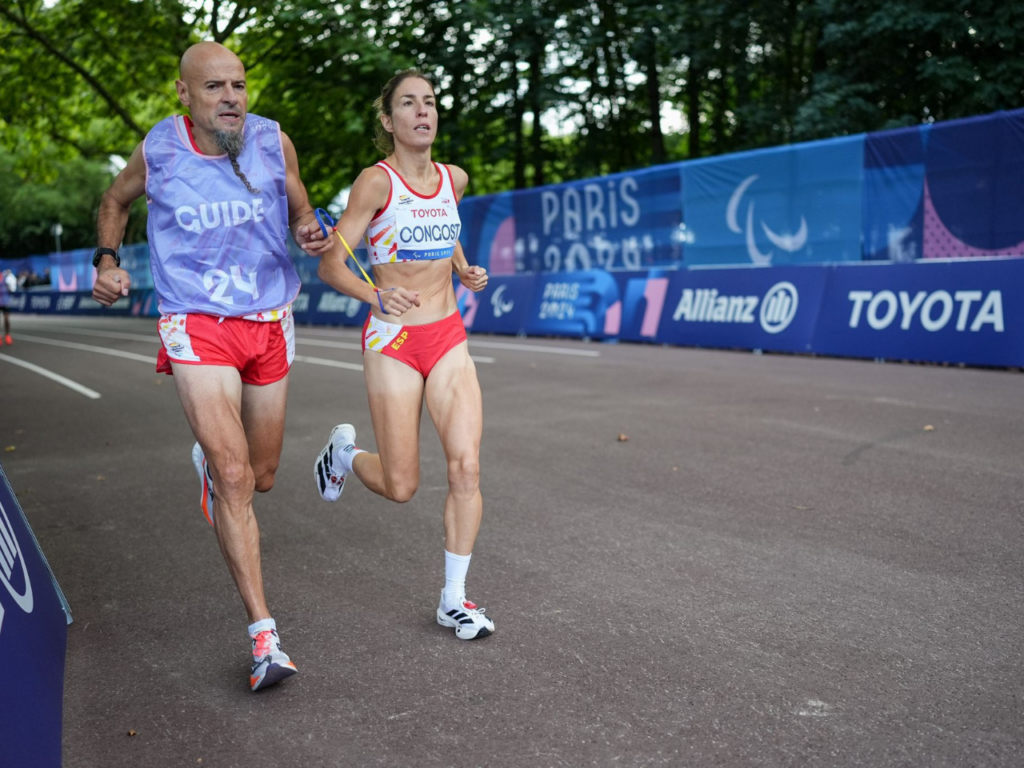
Around kilometer 30, my guide told me he was cramping. The hope of fighting for second place vanished, but I did not feel discouraged. My focus shifted to holding onto third place. I tugged the rope, encouraging him, but his legs could not keep up. Despite a four-minute lead over fourth place, we kept running, though at a slower pace.
At one point, his complaints grew louder, and I felt the rope slip from my hand as he started to fall. Instinctively, I stopped and tried to help him, the rope slipping away for just a second. As soon as I felt it leave my hand, I quickly reached for it with my other hand and reattached it. I did not take a step without the rope. I helped him back up, and asked if he felt okay, and once he said he was ready, we resumed.
A split second changes everything: my marathon disqualification
We took about three or four more steps when my guide said, “That is it, Elena.” We had crossed the finish line. I did not even realize it at first and asked him if he was sure. It felt surreal. I always imagined crossing the line with my arms raised, celebrating, but after what had happened just meters before, I felt disoriented. The incident with the rope did not cross my mind. All I could think about was the years of dedication, and finally winning my Paralympic medal.
We hugged, celebrated the achievement, and headed to the press area. I spoke to media from around the world as a Paralympic medalist, officially the third marathon runner to finish. Overjoyed, I smiled throughout every conversation. Afterward, I went to doping control. About half an hour later, a doctor from the Spanish team approached me. Initially, I thought she came to celebrate, but instead, she whispered, “You have been disqualified.” She quickly tried to calm me, explaining a team judge was working to resolve the issue.
I did not understand what was happening, but I clung to the hope they would resolve it. I kept telling myself everything would be fine. After taking the drug test, they told me it was over—I would not get the bronze medal, and I had been officially disqualified. I felt furious; it all seemed so unfair. Desperation set in as I realized everything—my effort, my sacrifice—felt wasted. It was as if I had been robbed. Just minutes before, I showed everyone what I could do, running 42 kilometers over three hours. Yet, everything collapsed because of a single moment that gave me no advantage.
The medal I almost brought home: “Sometimes, life does not go as planned.”
I thought about all the people who supported me, the time I sacrificed away from my family to train, and my coach’s hard work. It felt like I let everyone down. I wanted to hide, avoiding everyone. Processing and confronting the situation took time. Between the race and my disqualification, I imagined bringing the medal home, letting my kids touch it and celebrate. Instead, when I met my daughters, I cried feeling angry and heartbroken. They cried too. Despite the pain, it became a lesson for all of us. Sometimes, life does not go as planned.
Back at the hotel, I read messages on social media and noticed what the media said. It helped me gain perspective, and I began to feel better. The overwhelming support reassured me that I was not wrong. I felt deeply moved by so many kind words. I went from anger and despair to a sense of excitement and joy. Truly, I experienced an emotional rollercoaster.
I do not regret anything I did. Yes, the rope came loose, and the rules prohibit that, but the rule’s spirit is to prevent gaining an advantage and I gained nothing. I did not cheat. Now, time has passed, and I can joke about it, helping me process the pain. The Spanish committee filed an official appeal, with lawyers and judges deciding who deserves the medal. My job was to run, and I did. Now, I wait and hope for a positive outcome.
I hope the Spanish committee keeps its promise to award me a scholarship as an Olympic medalist, regardless of the court’s decision. If they do, I am ready to train for another four years. I want to compete in Los Angeles in 2028 and leave this chapter behind me.

